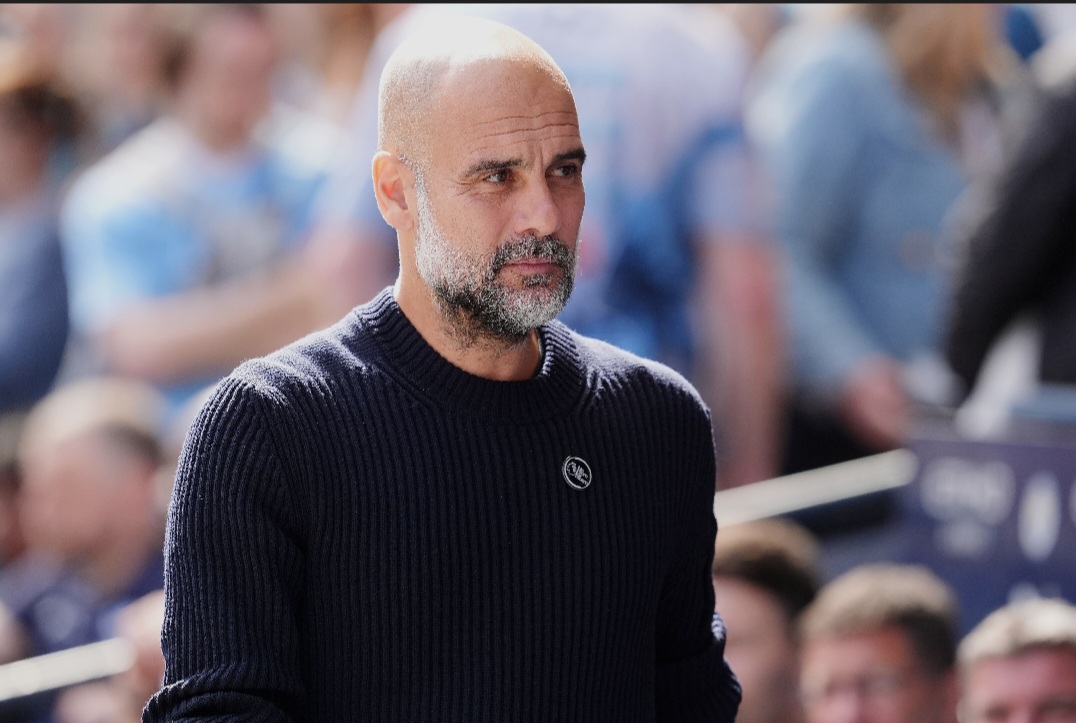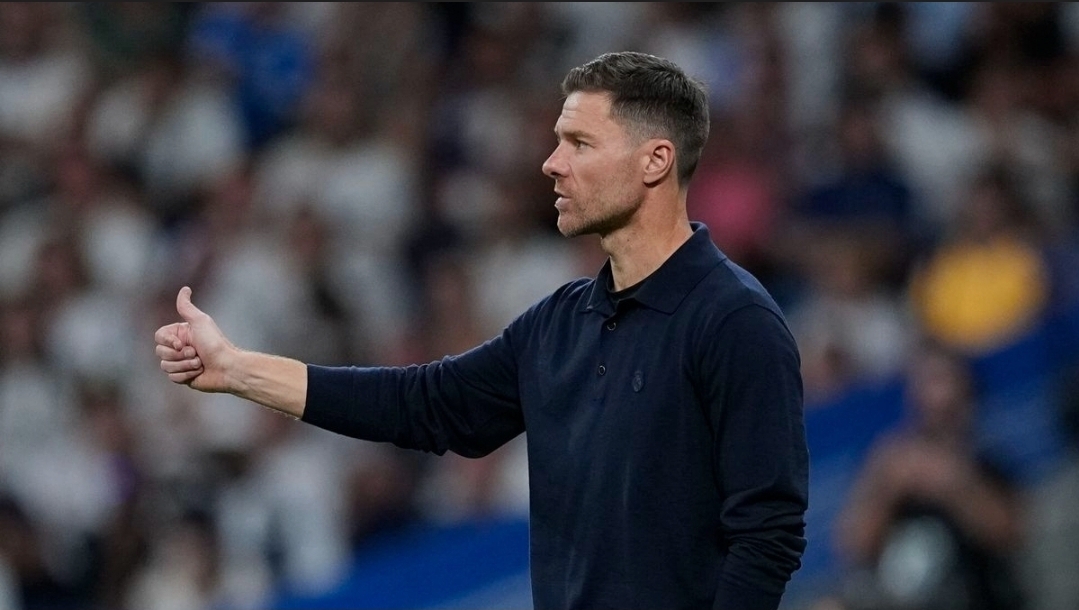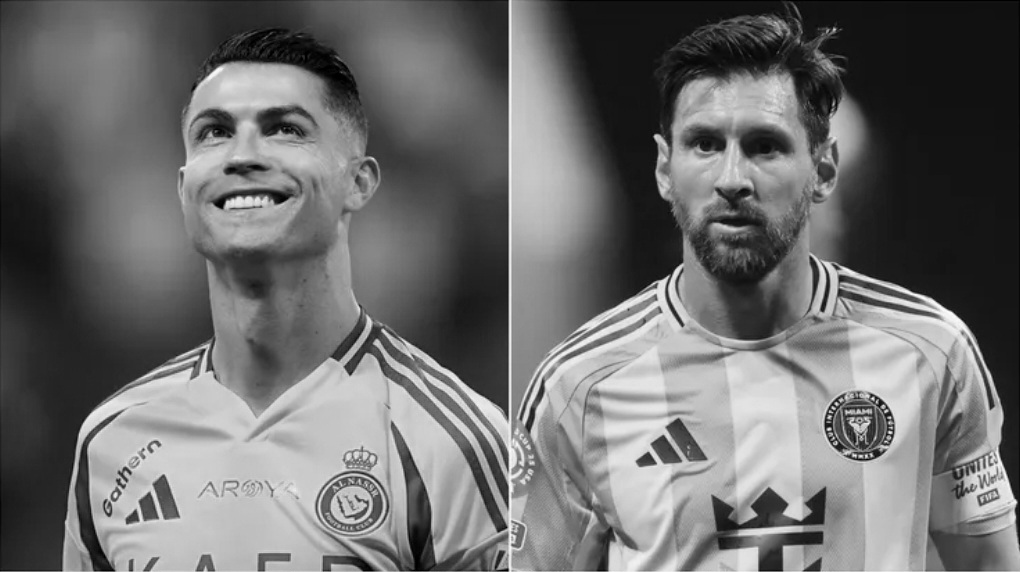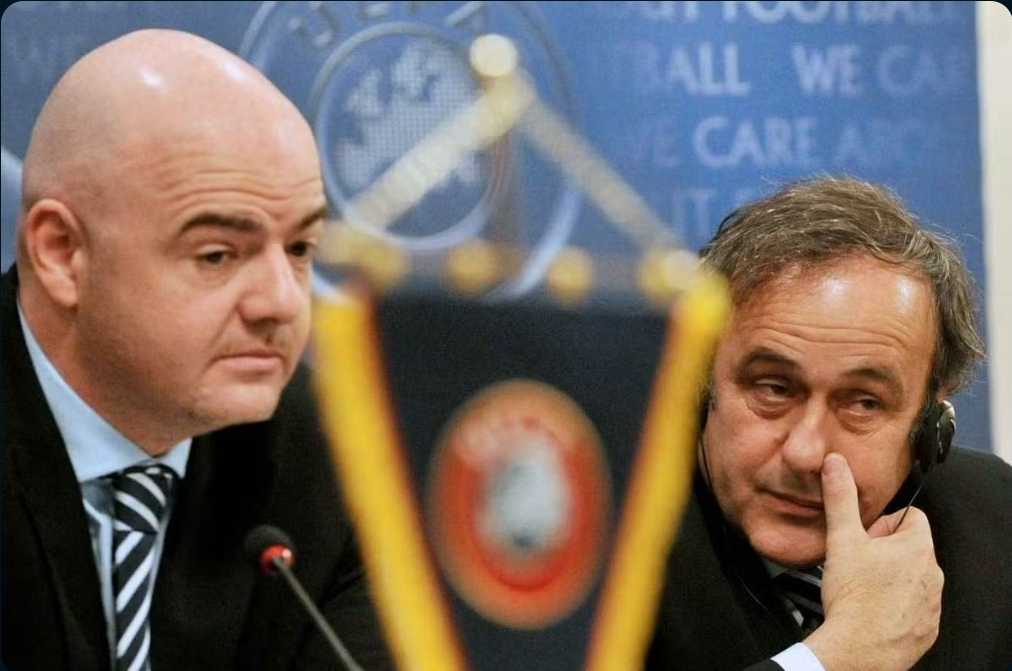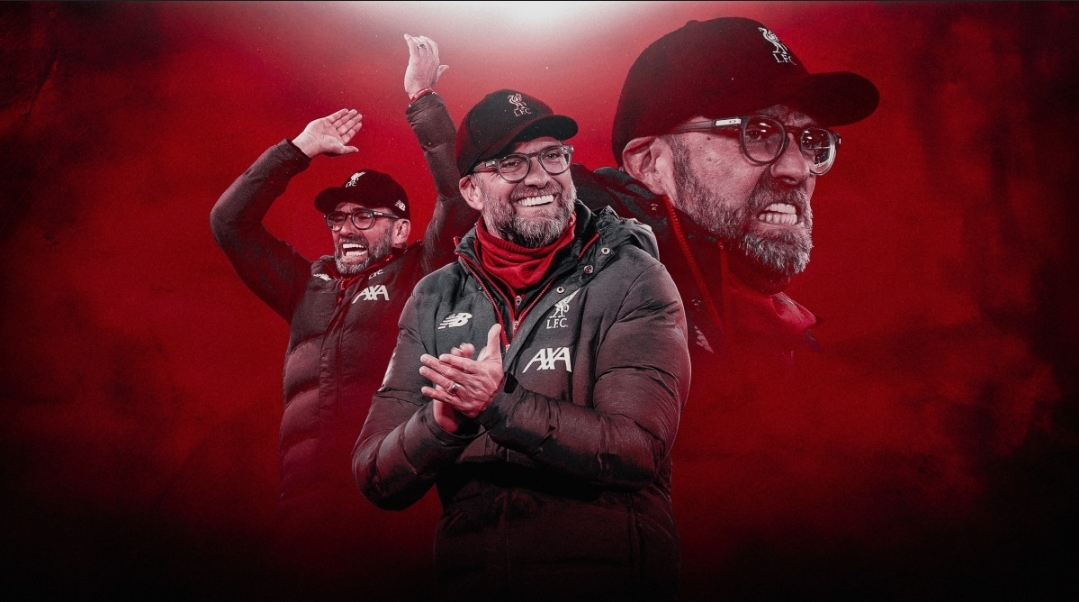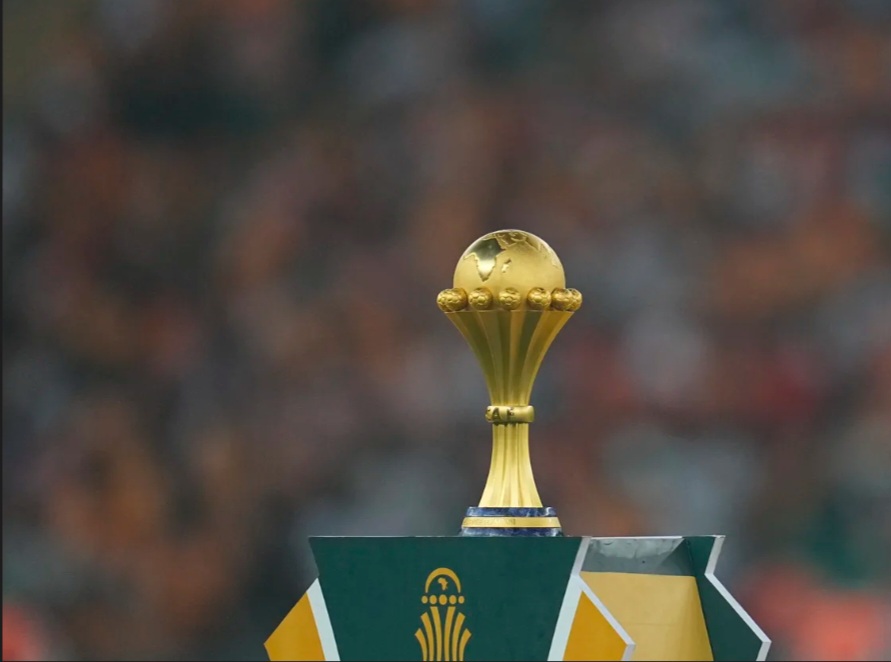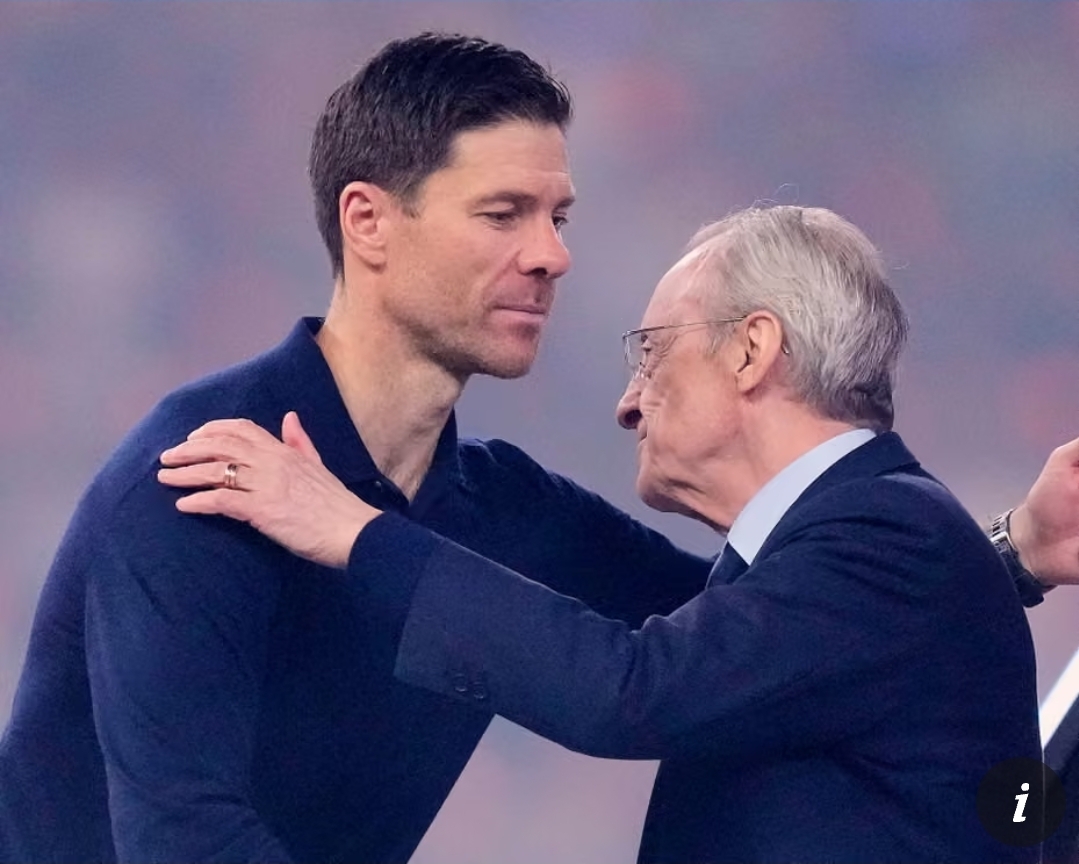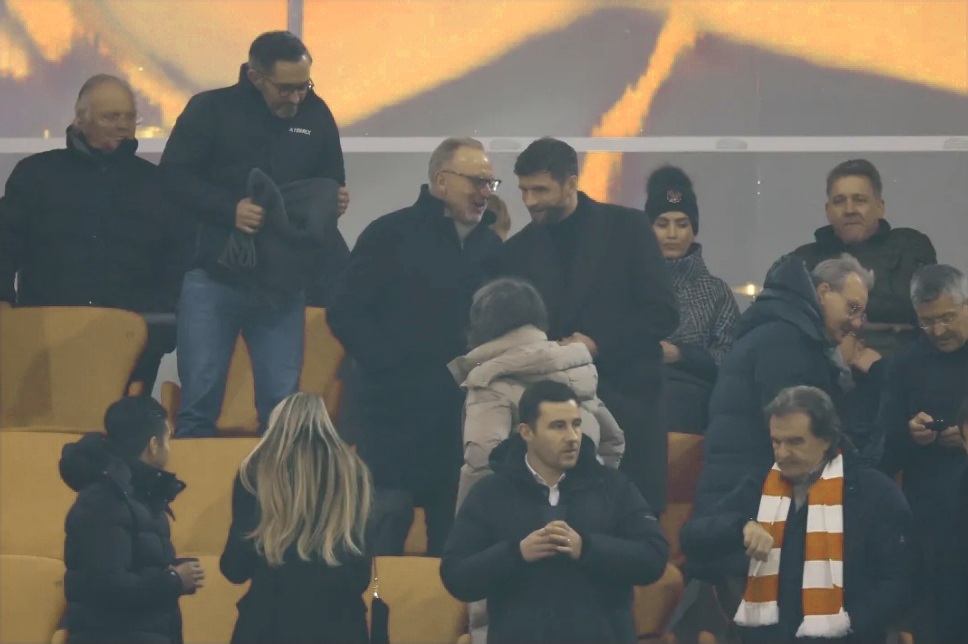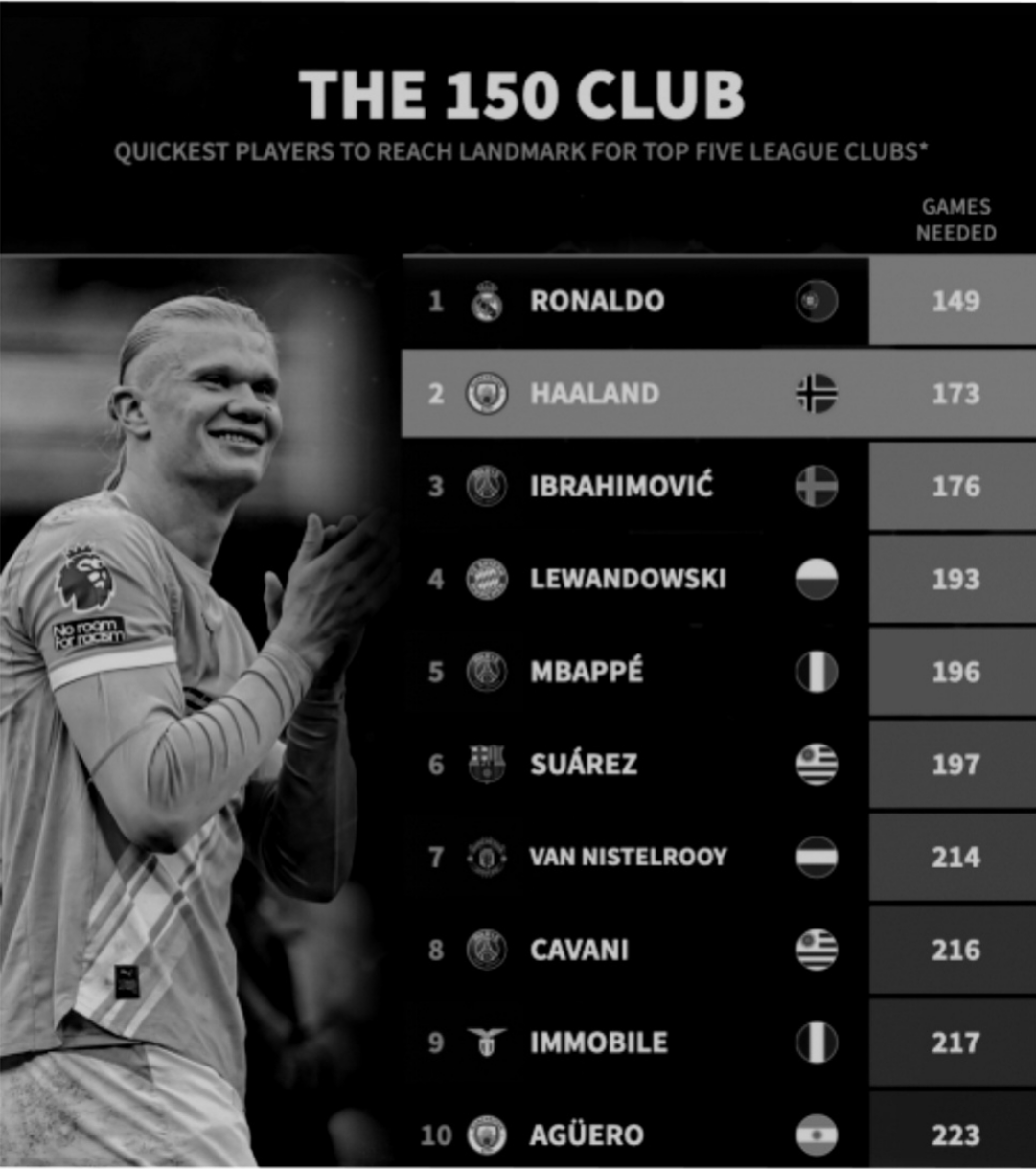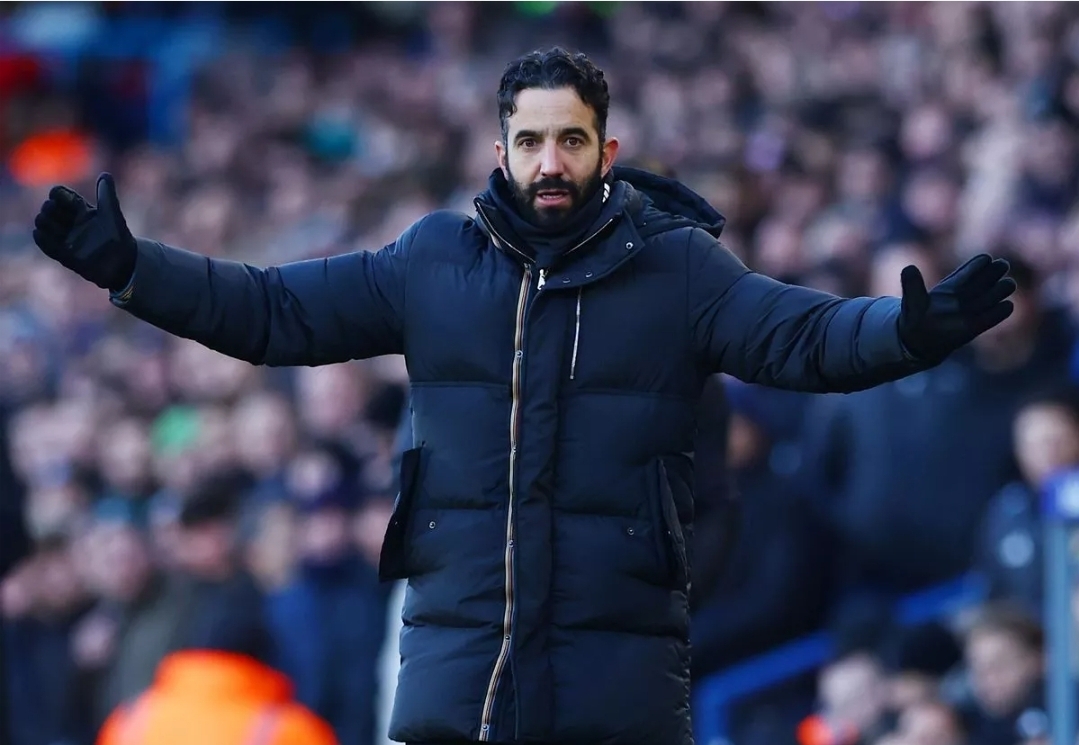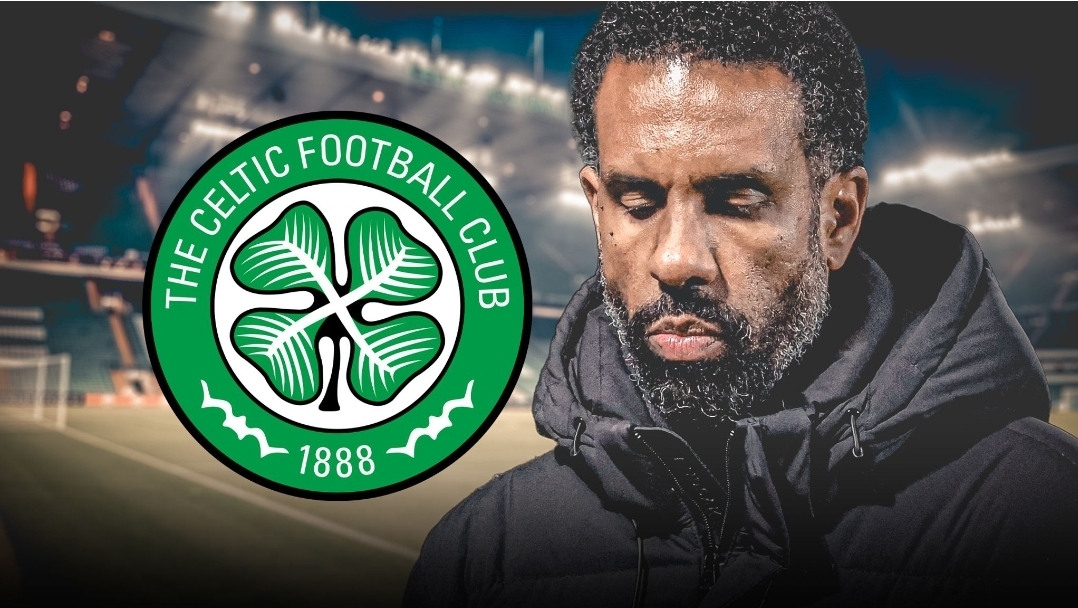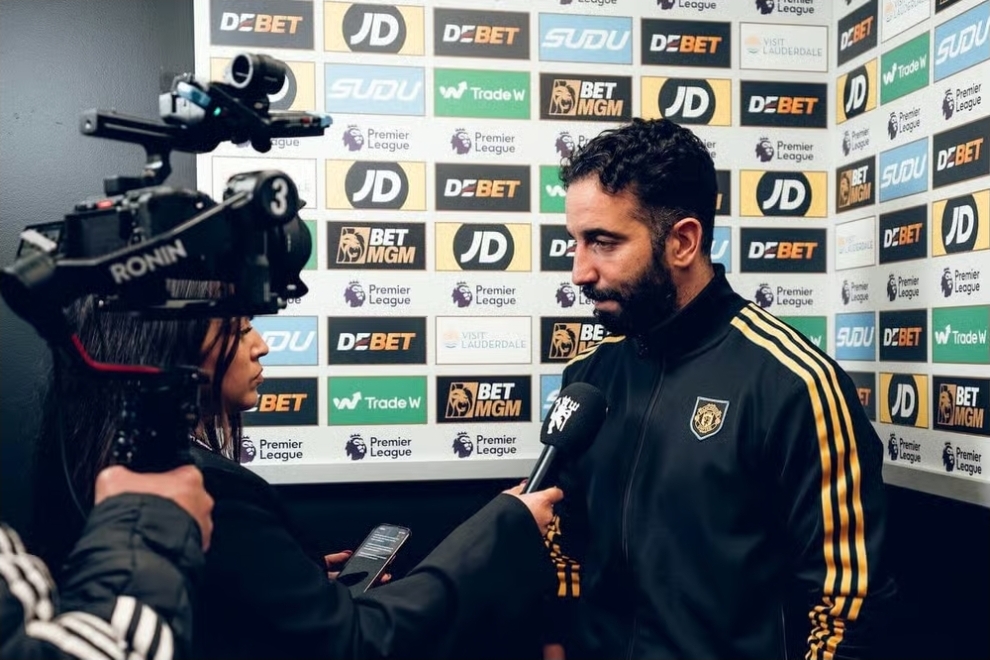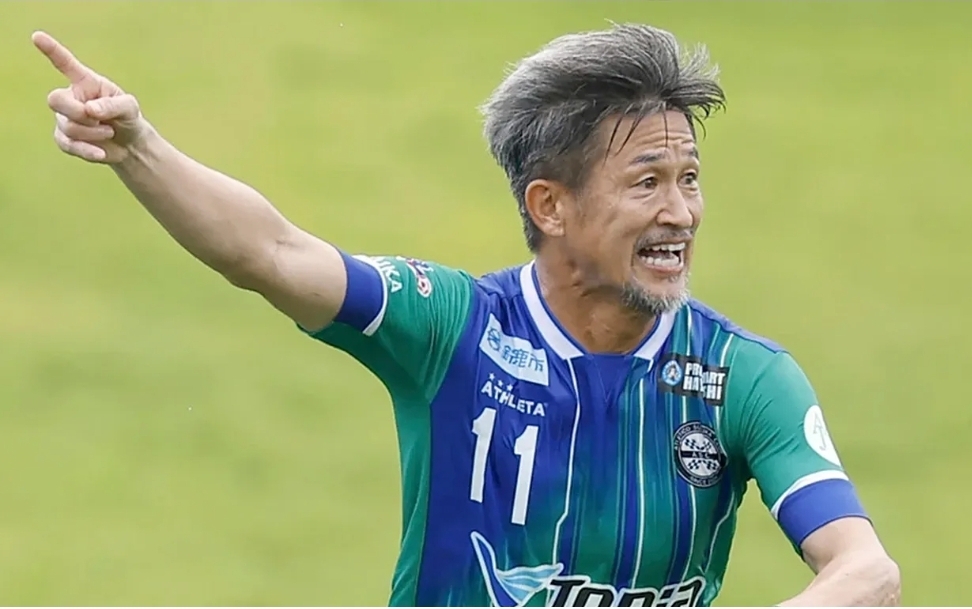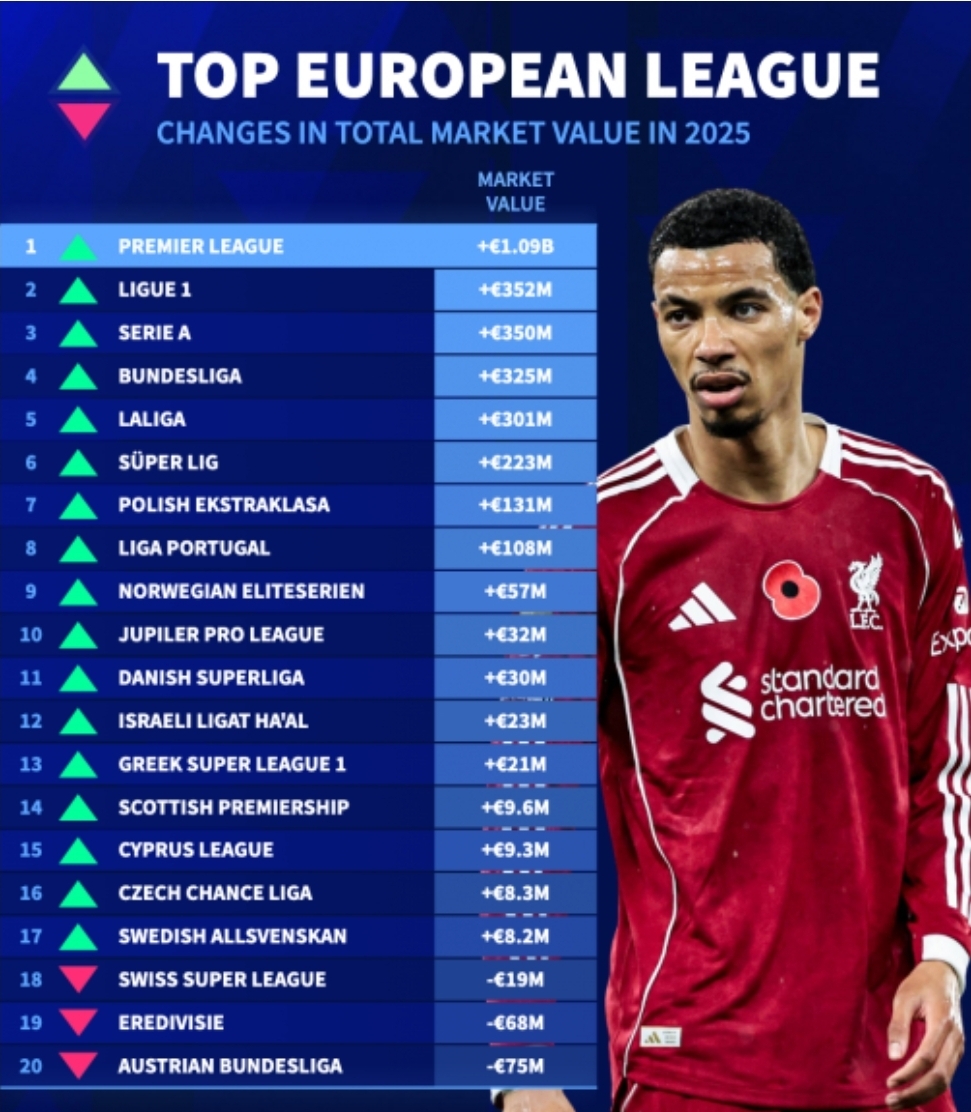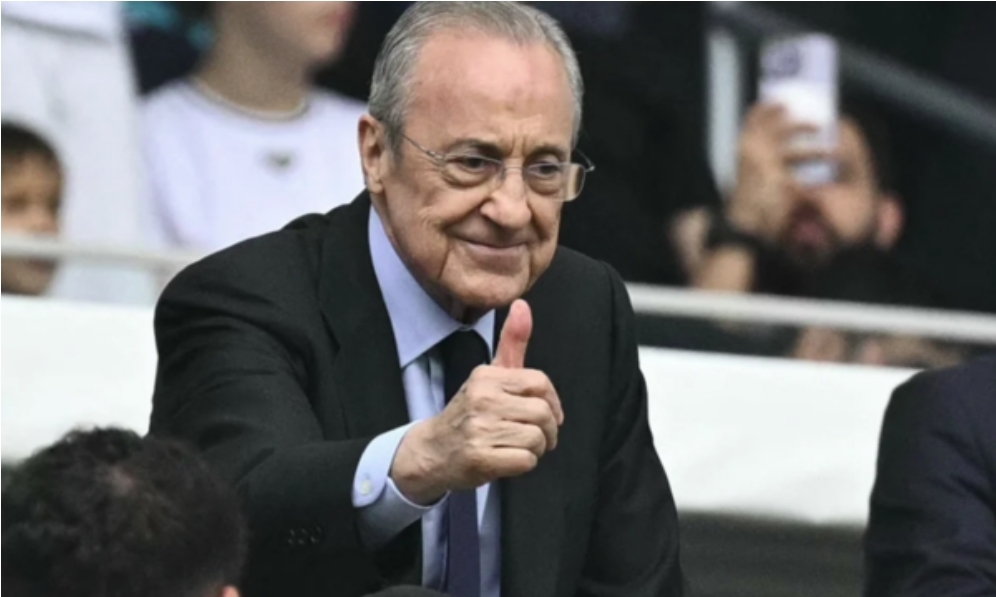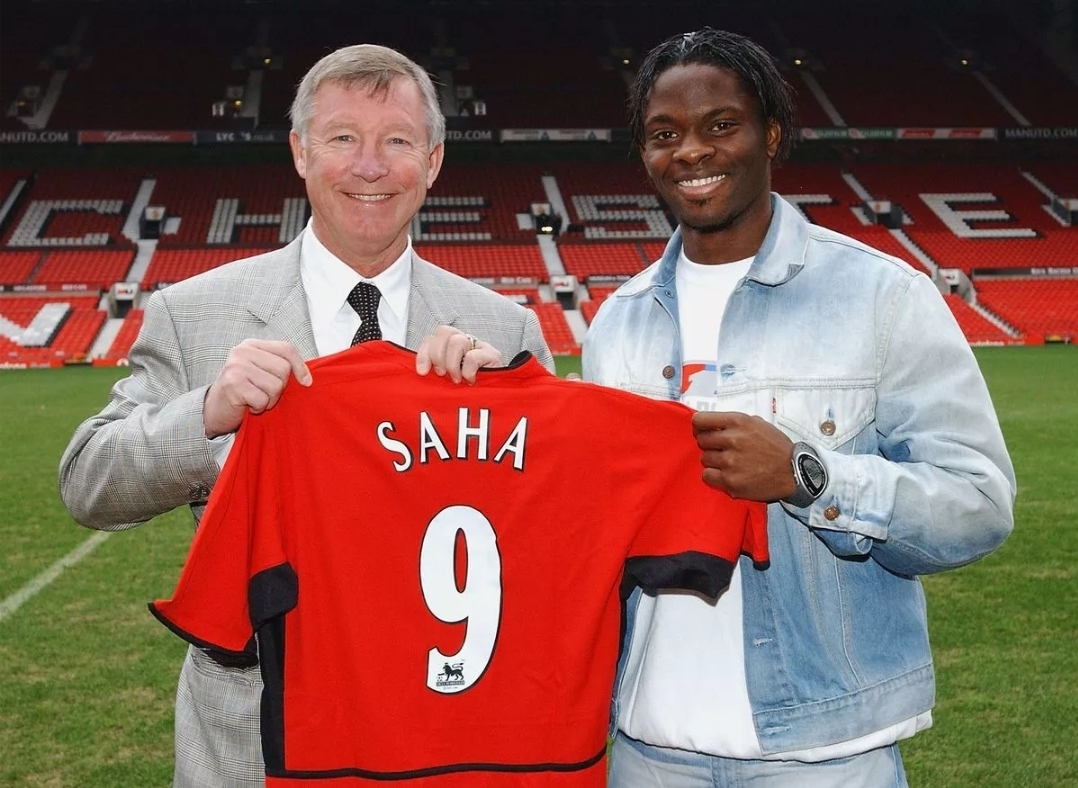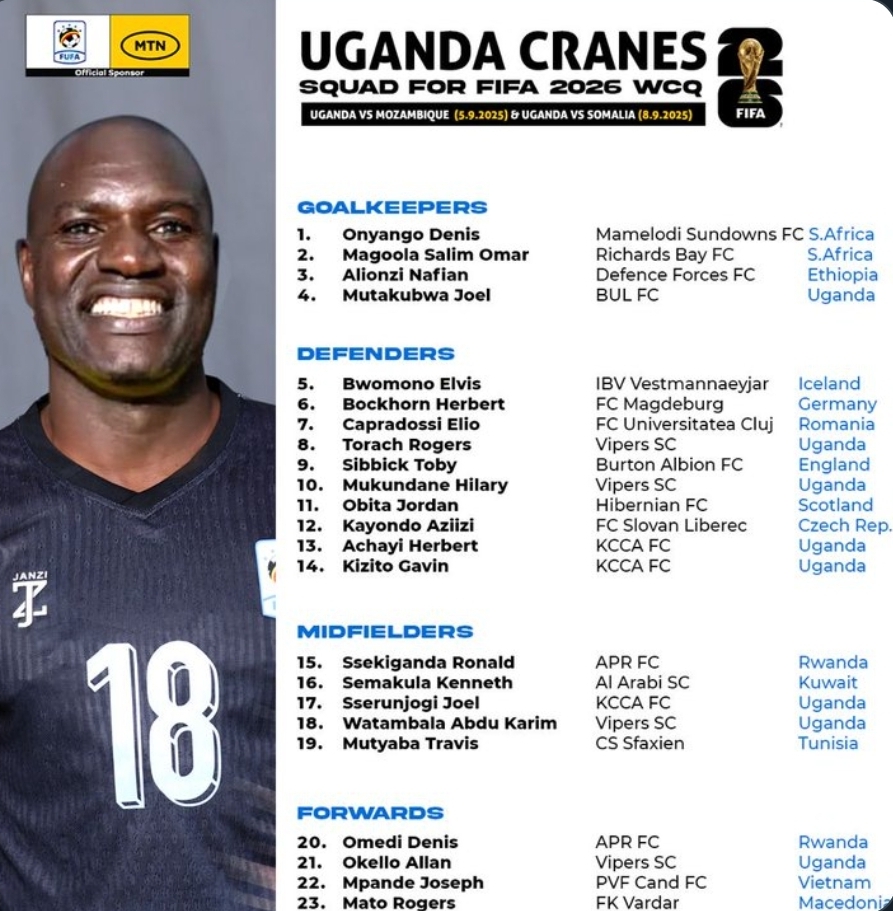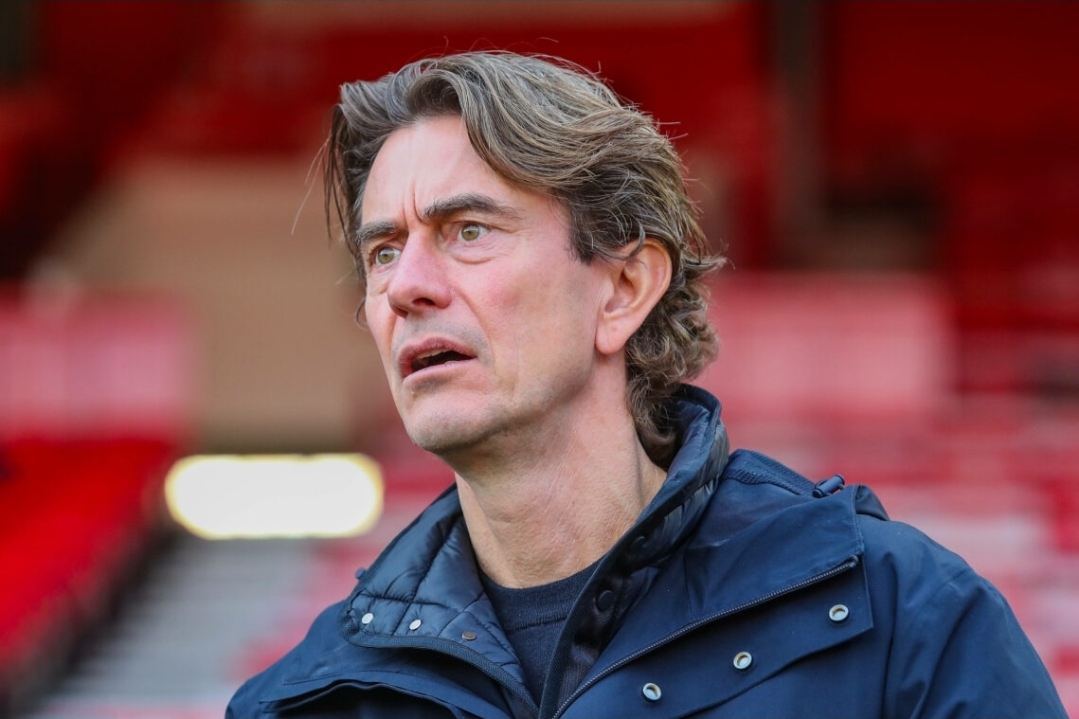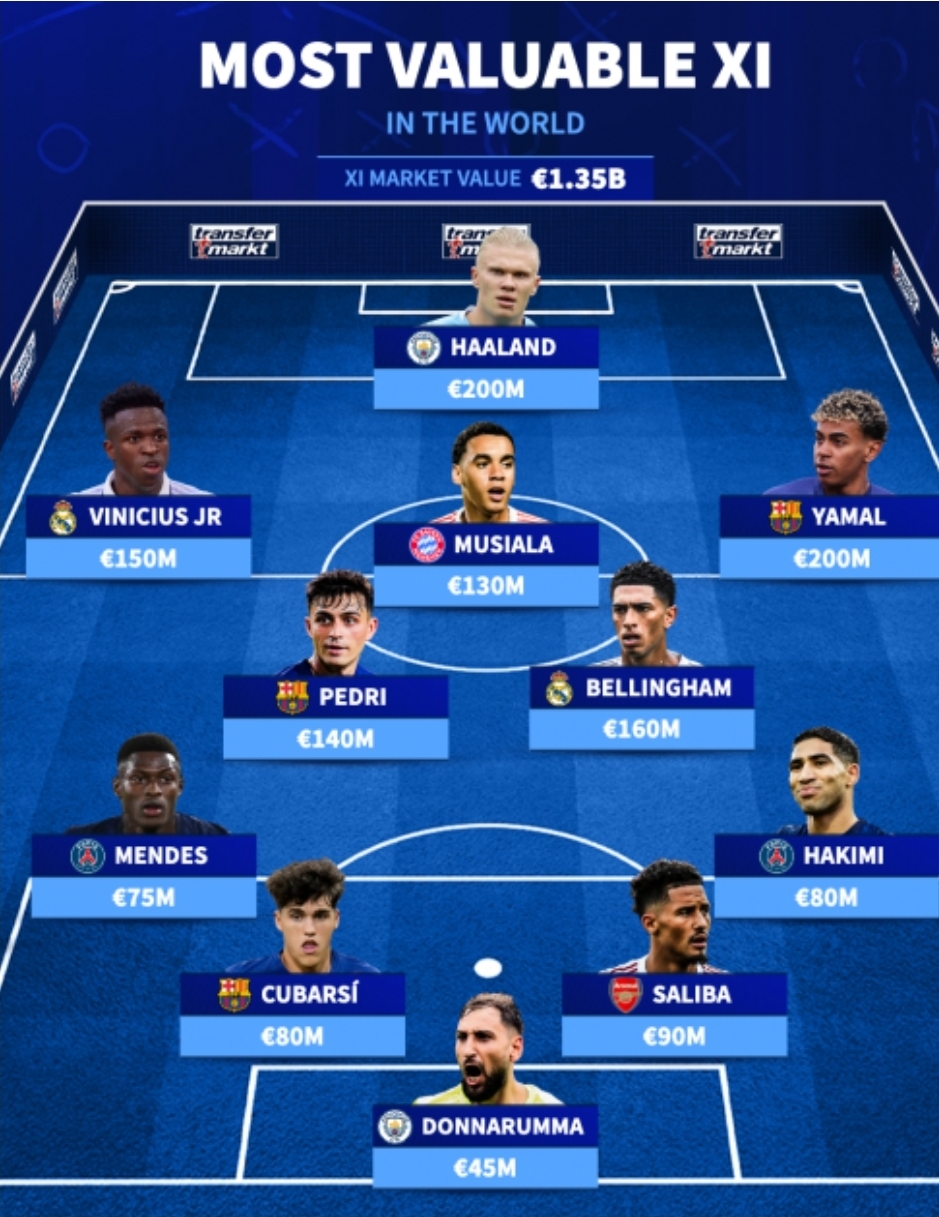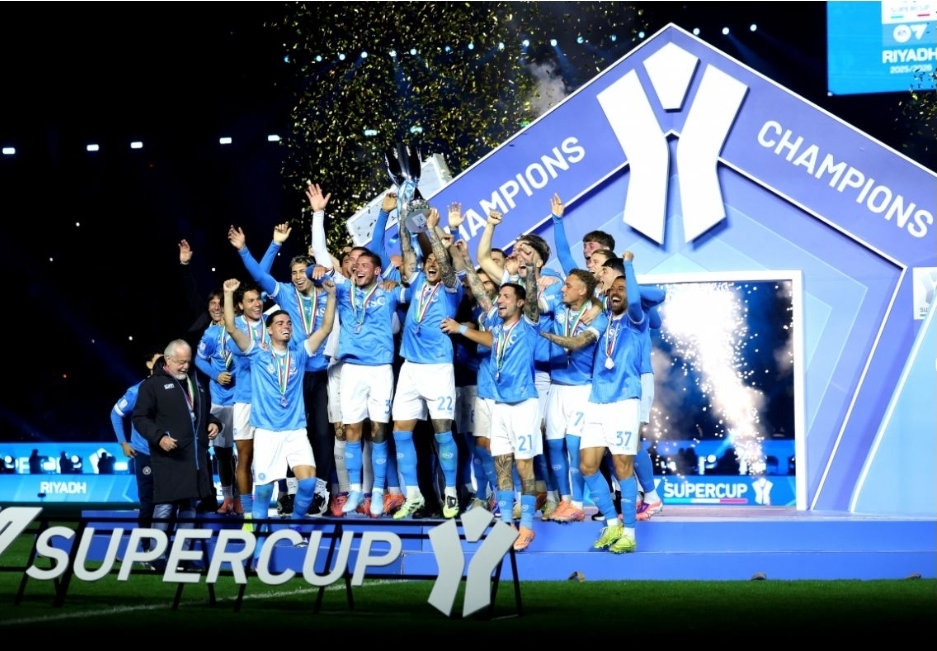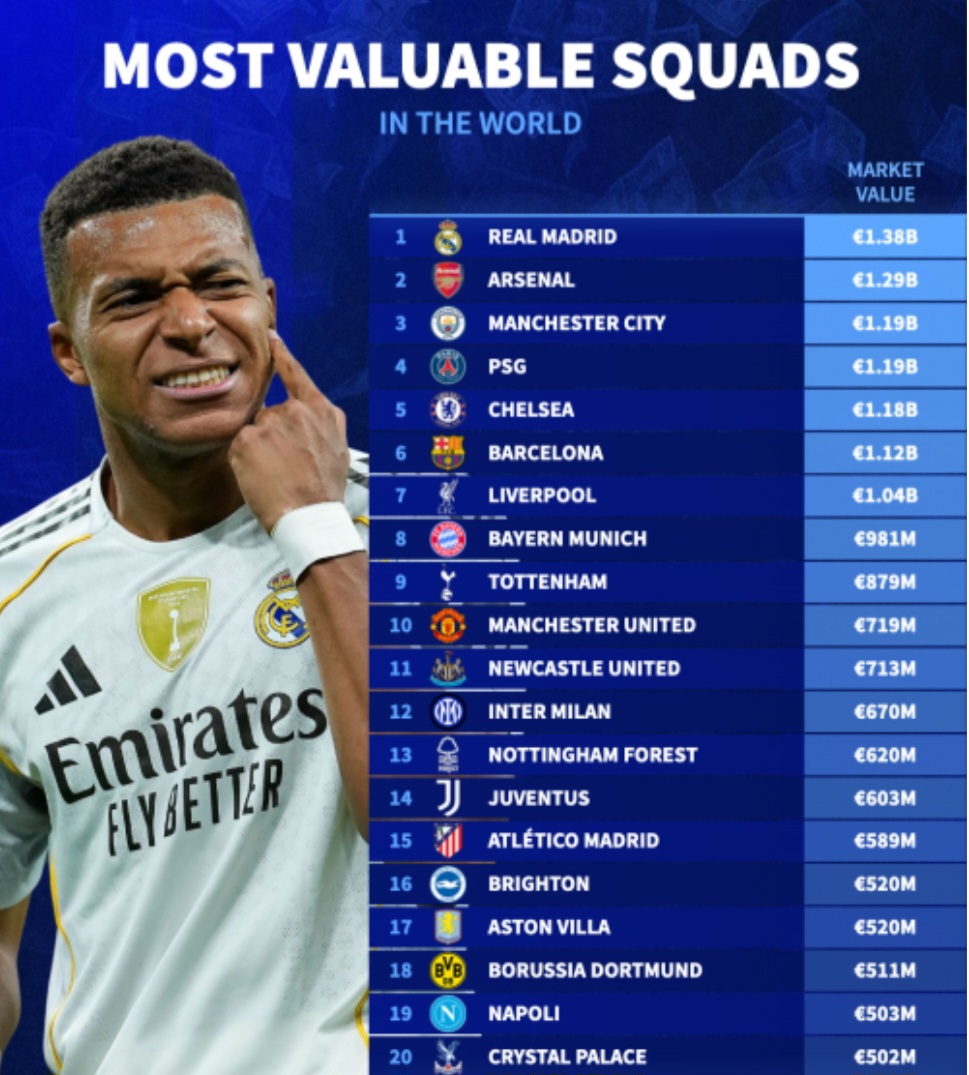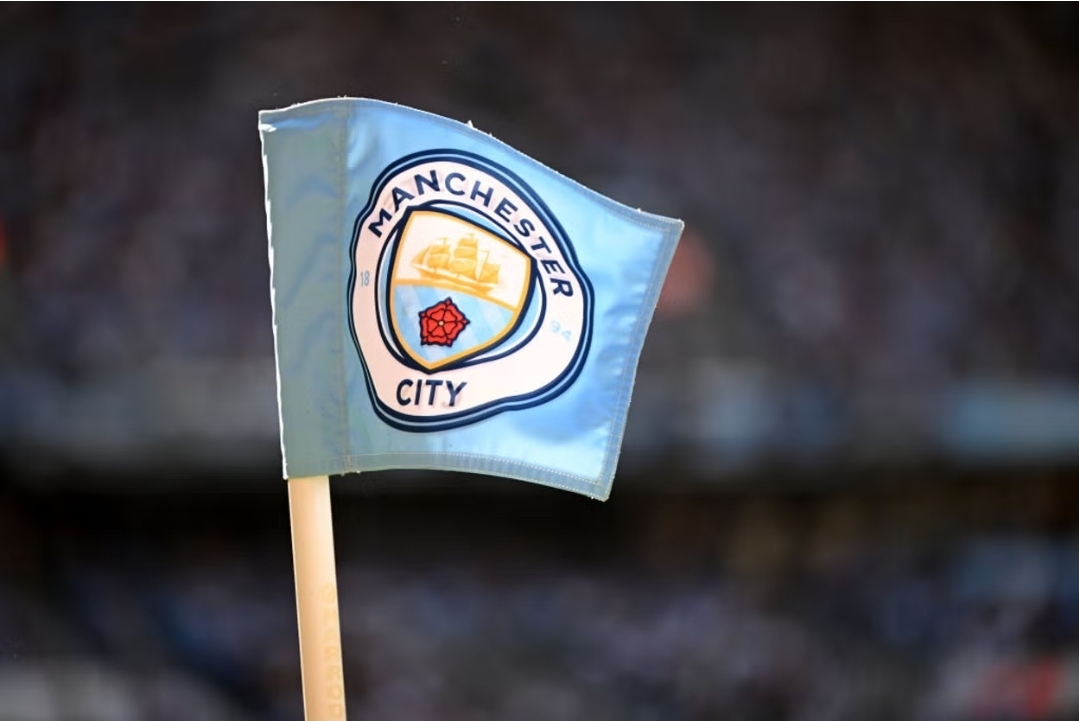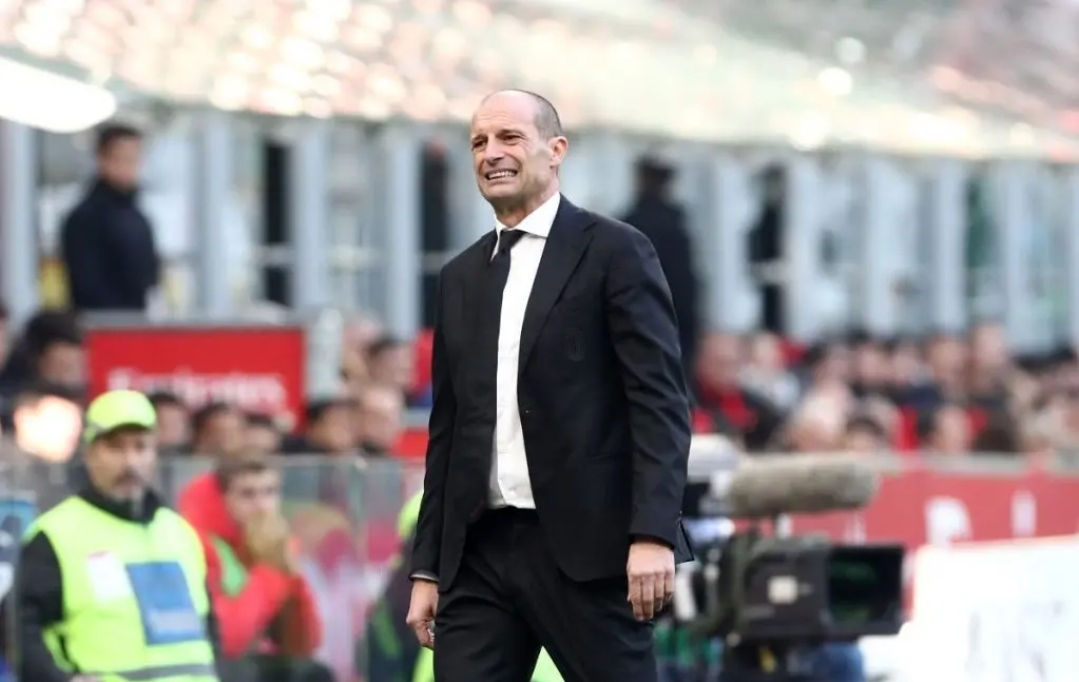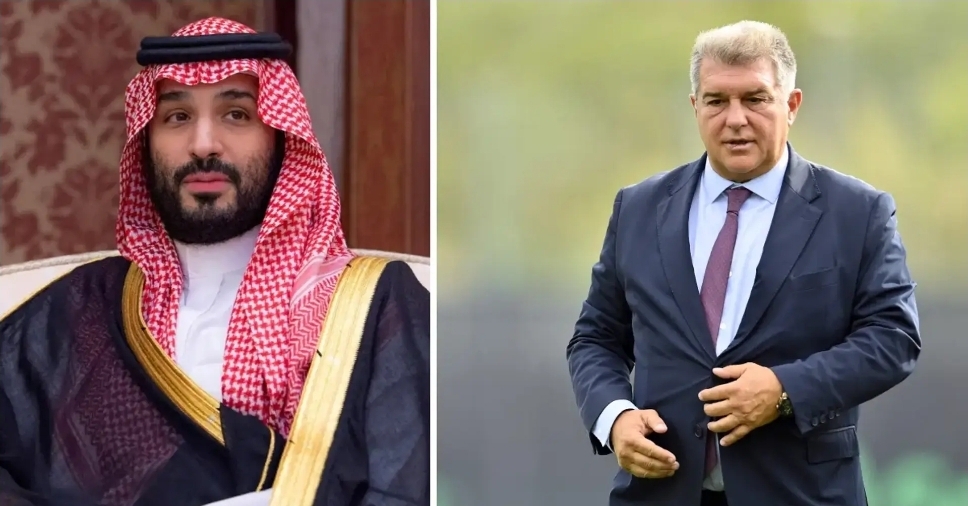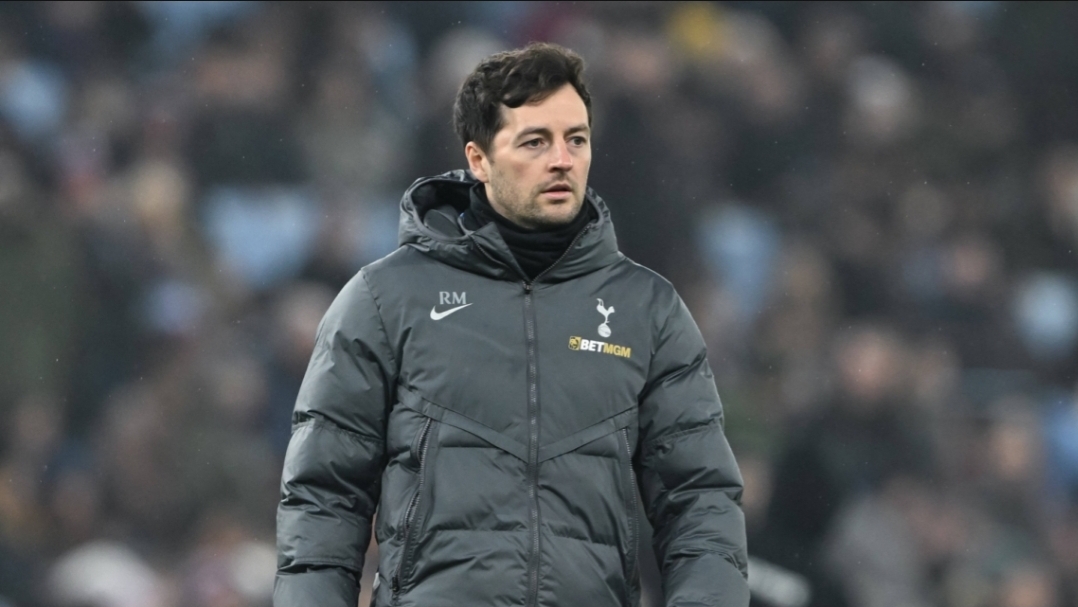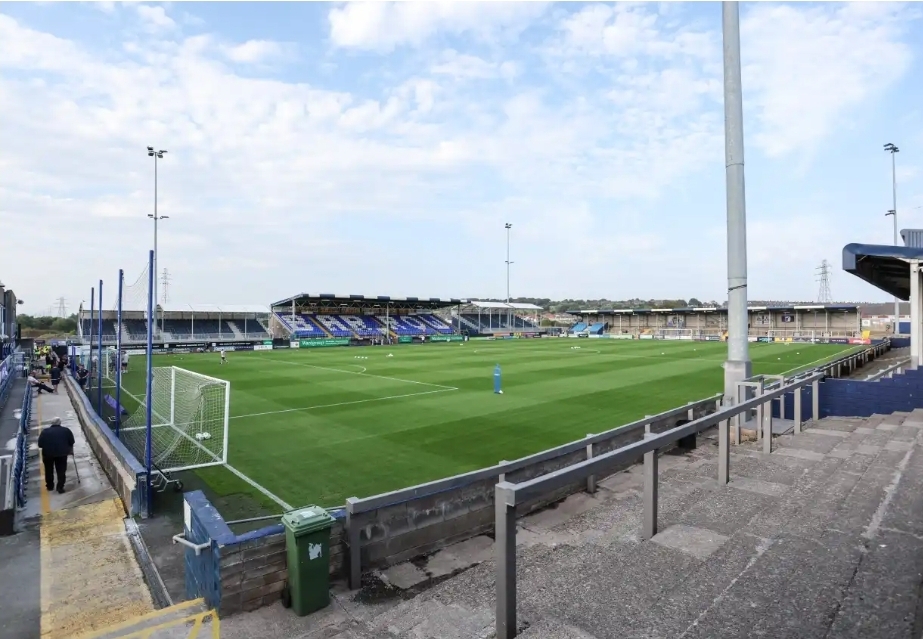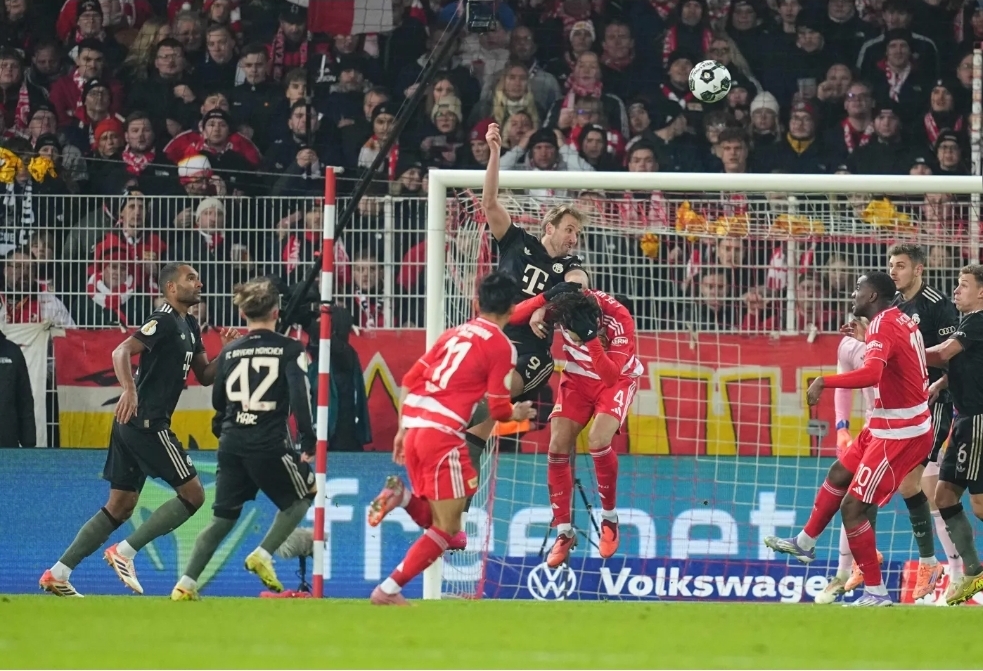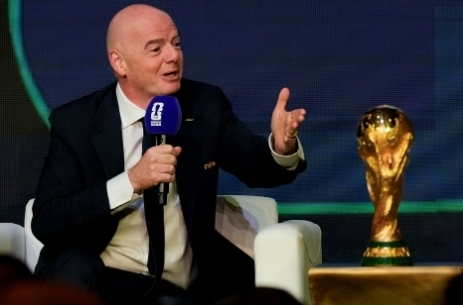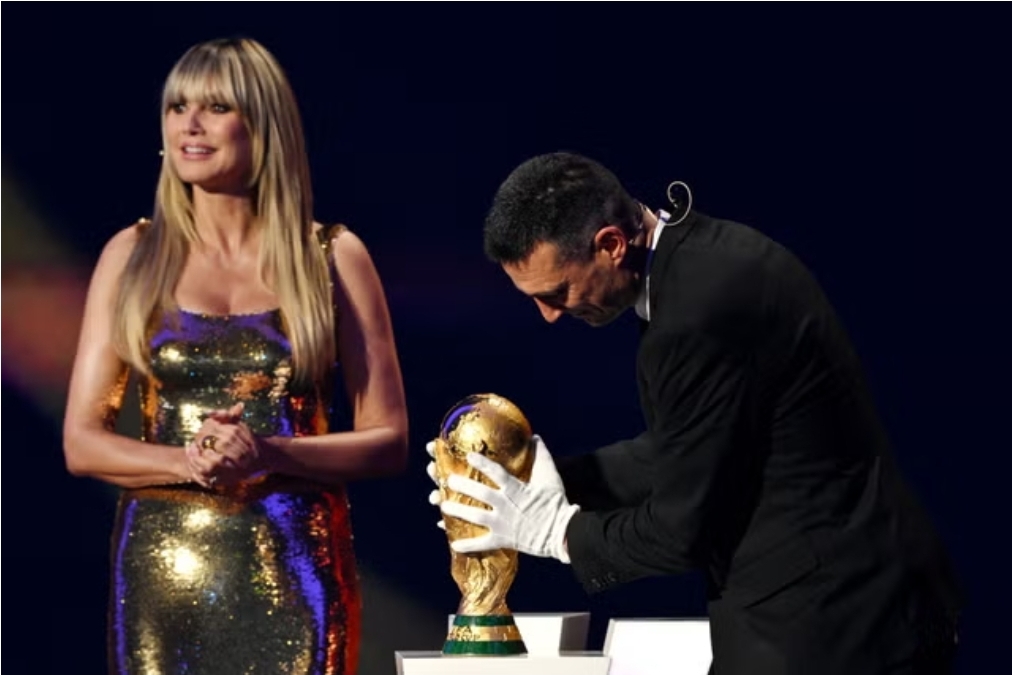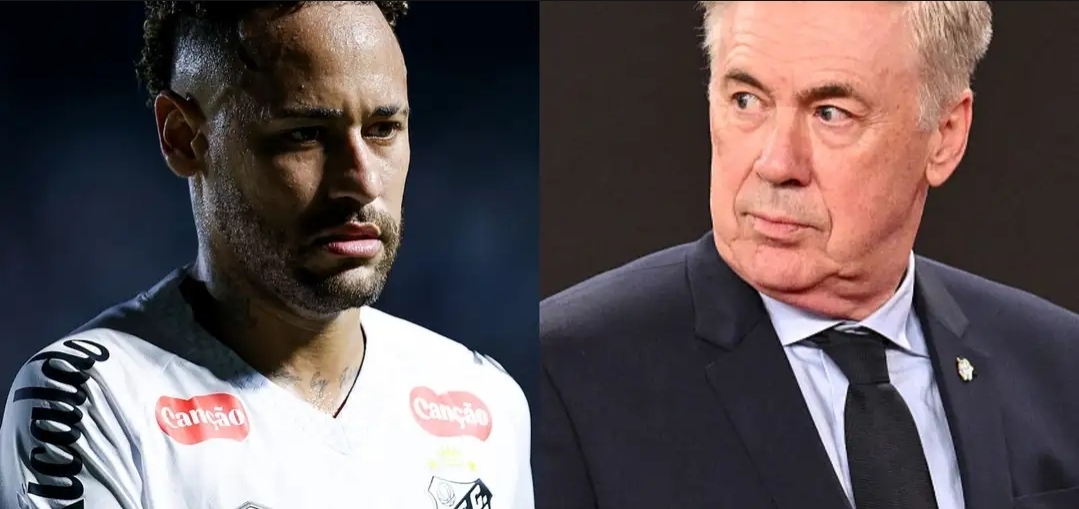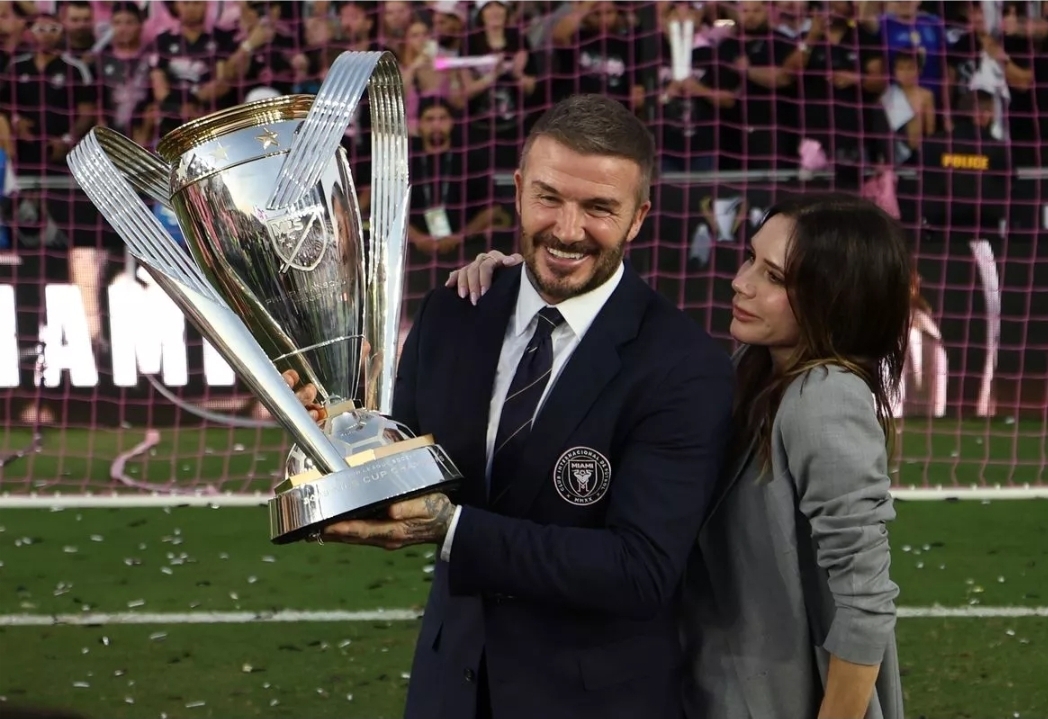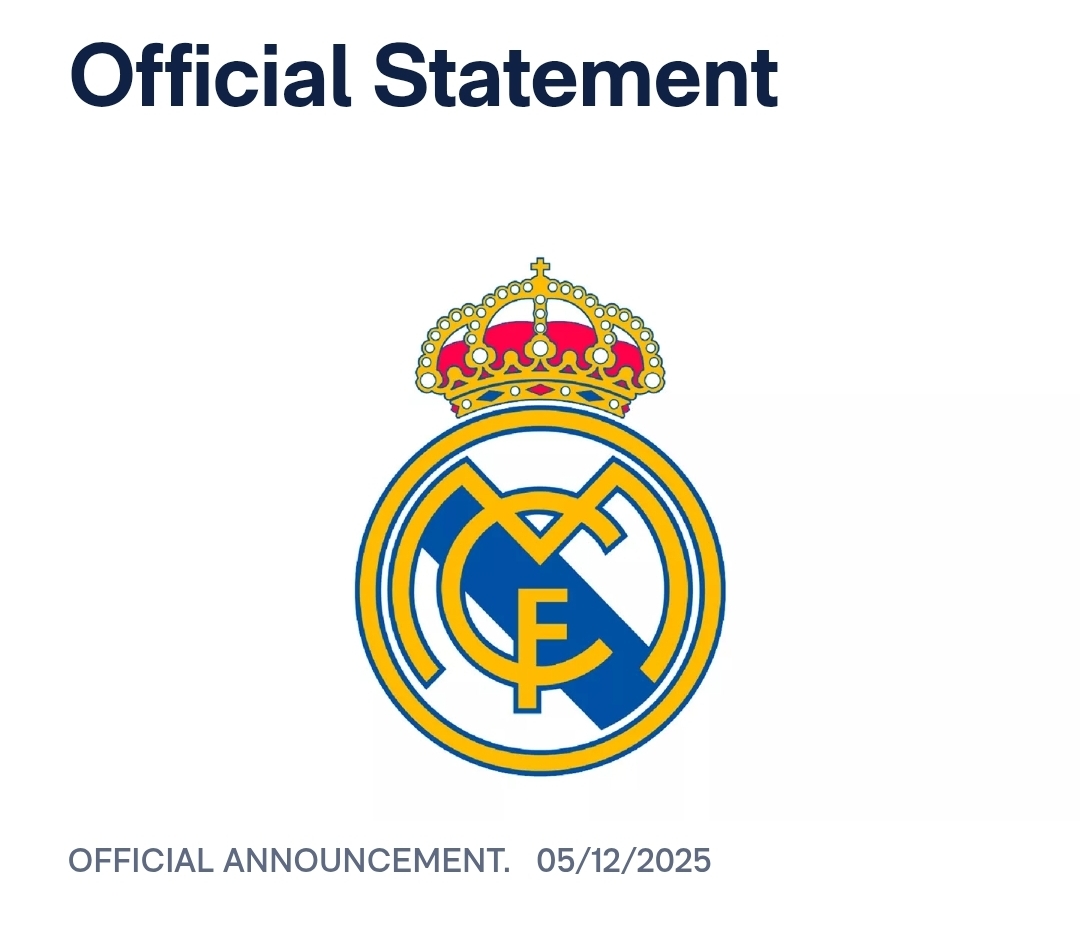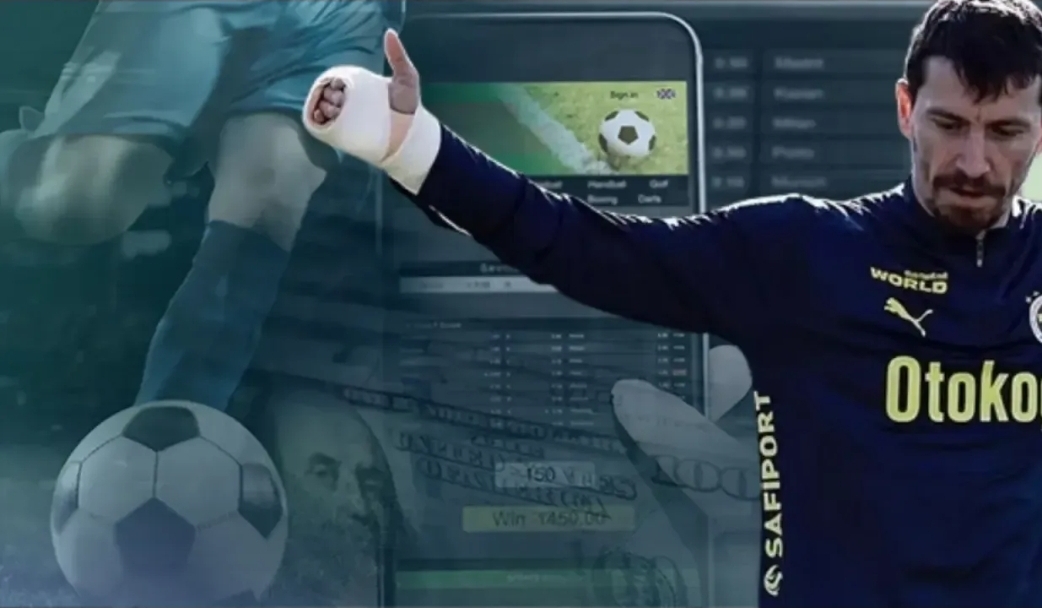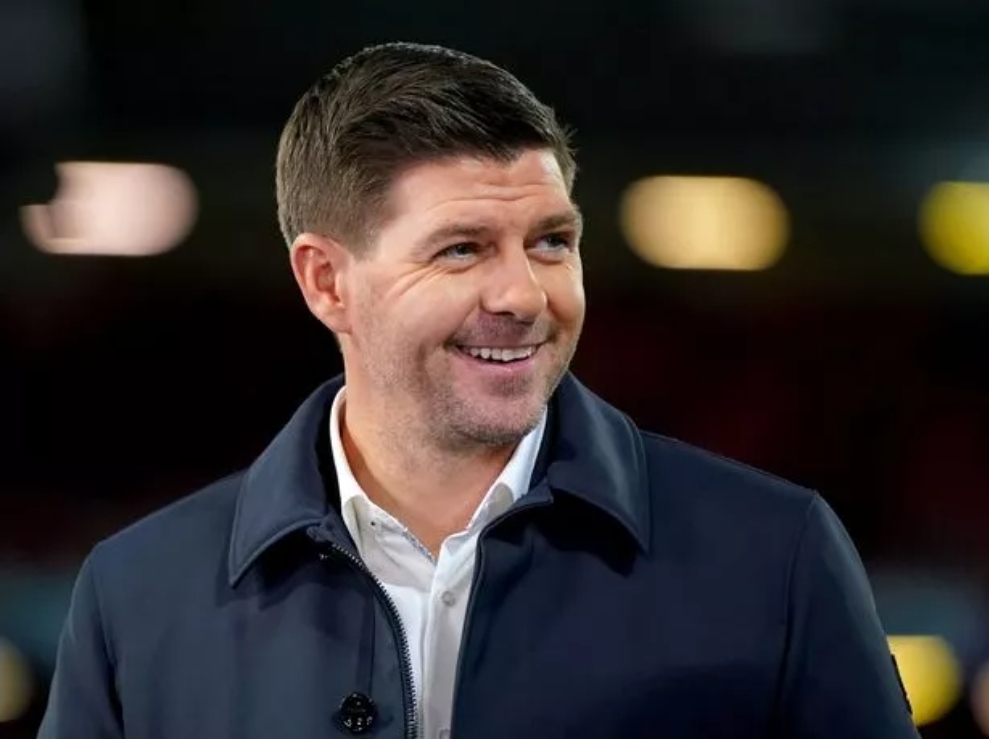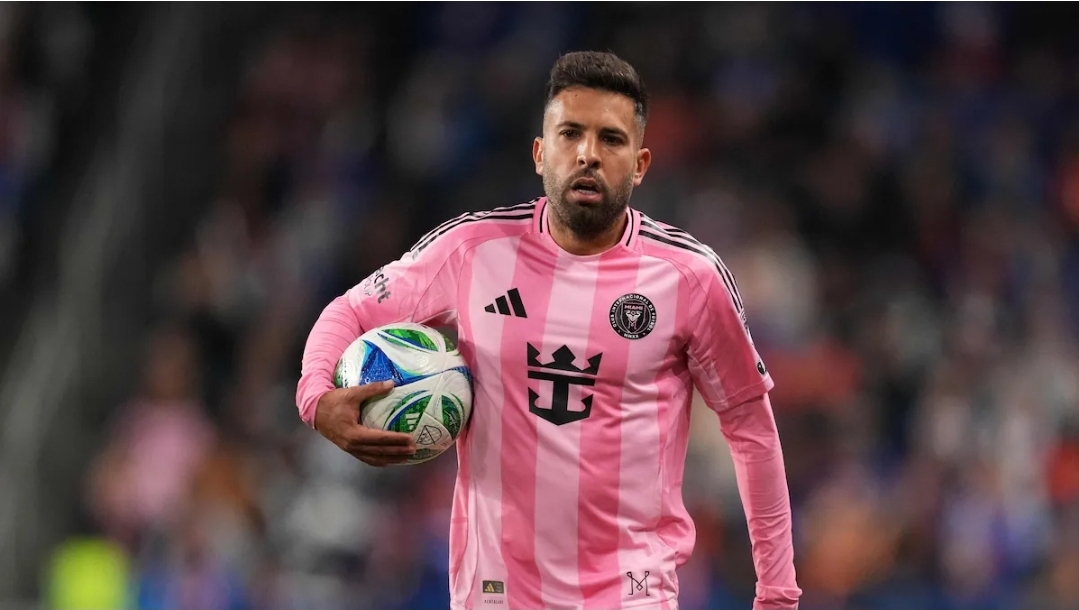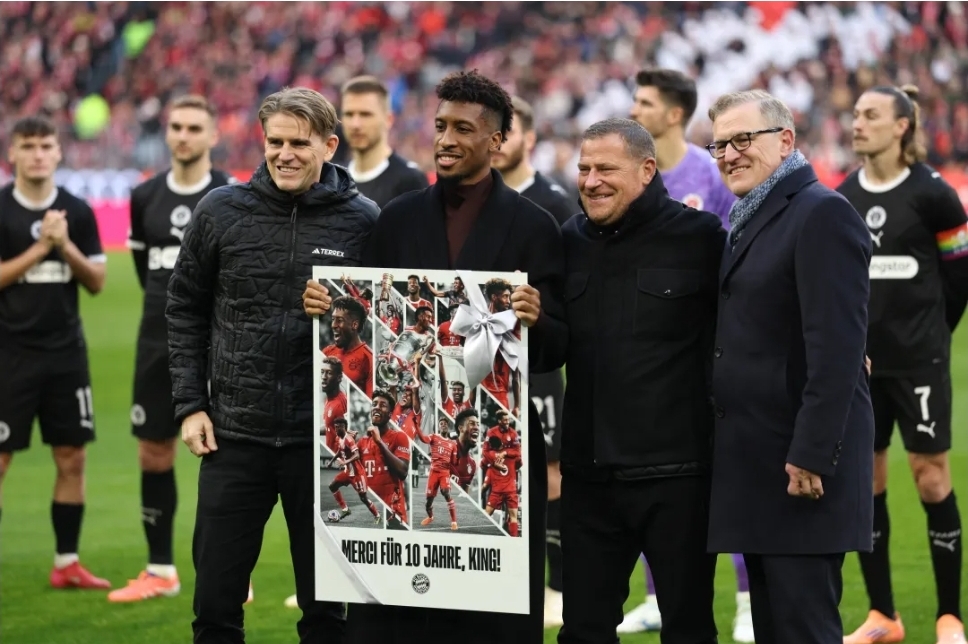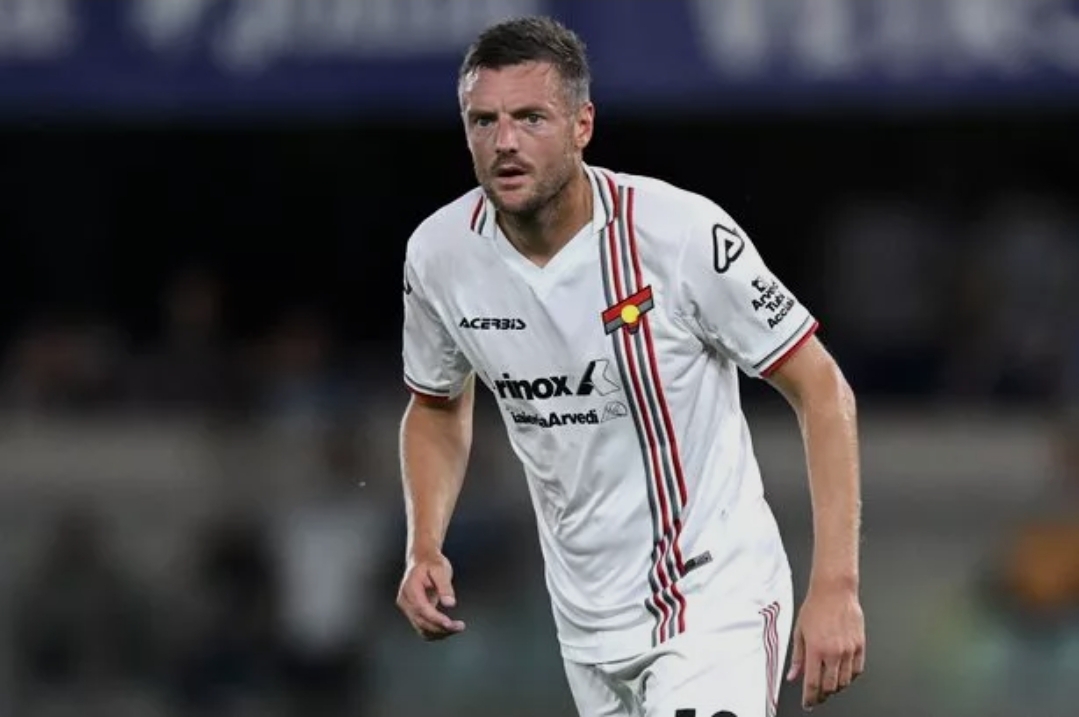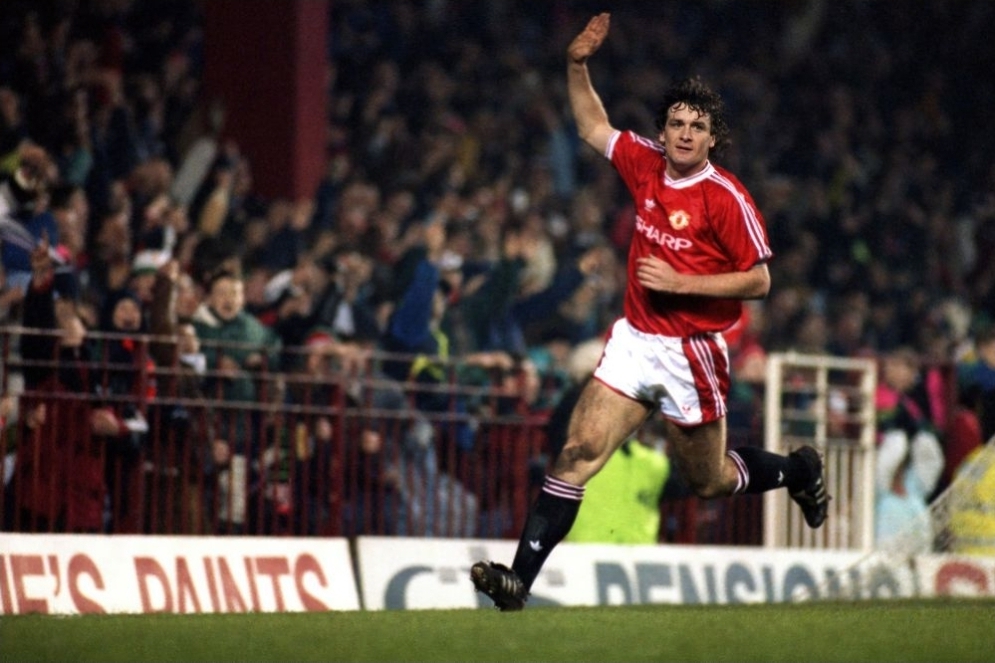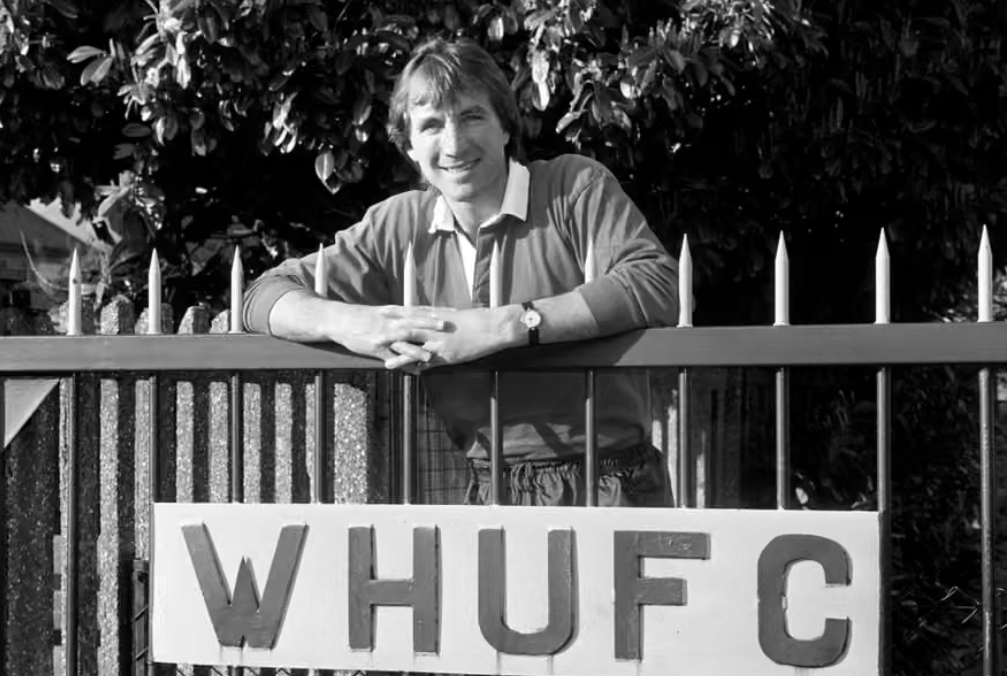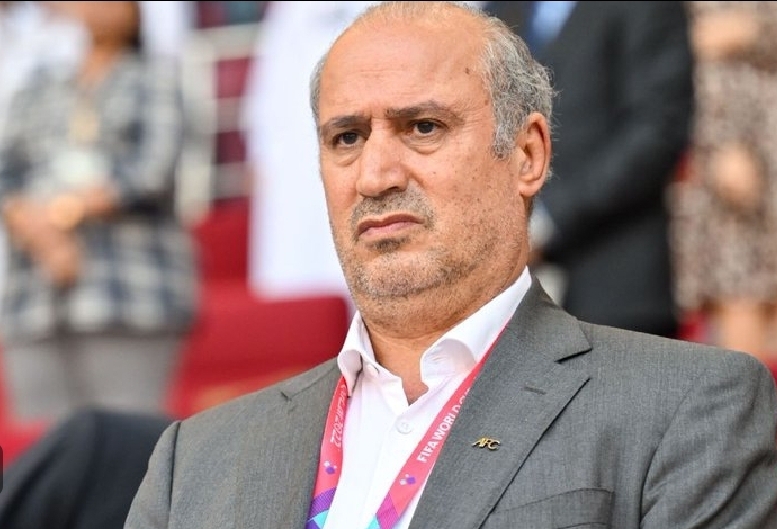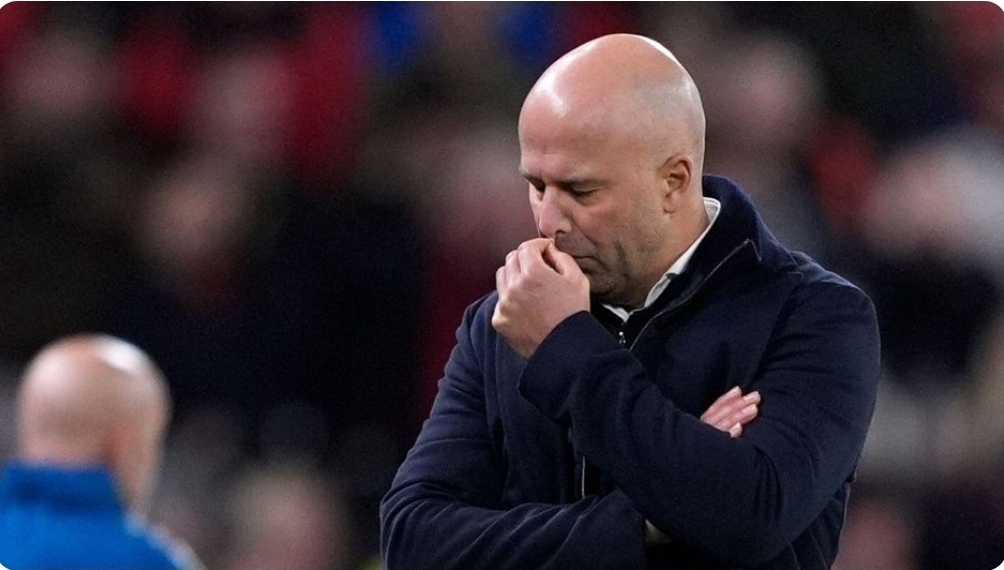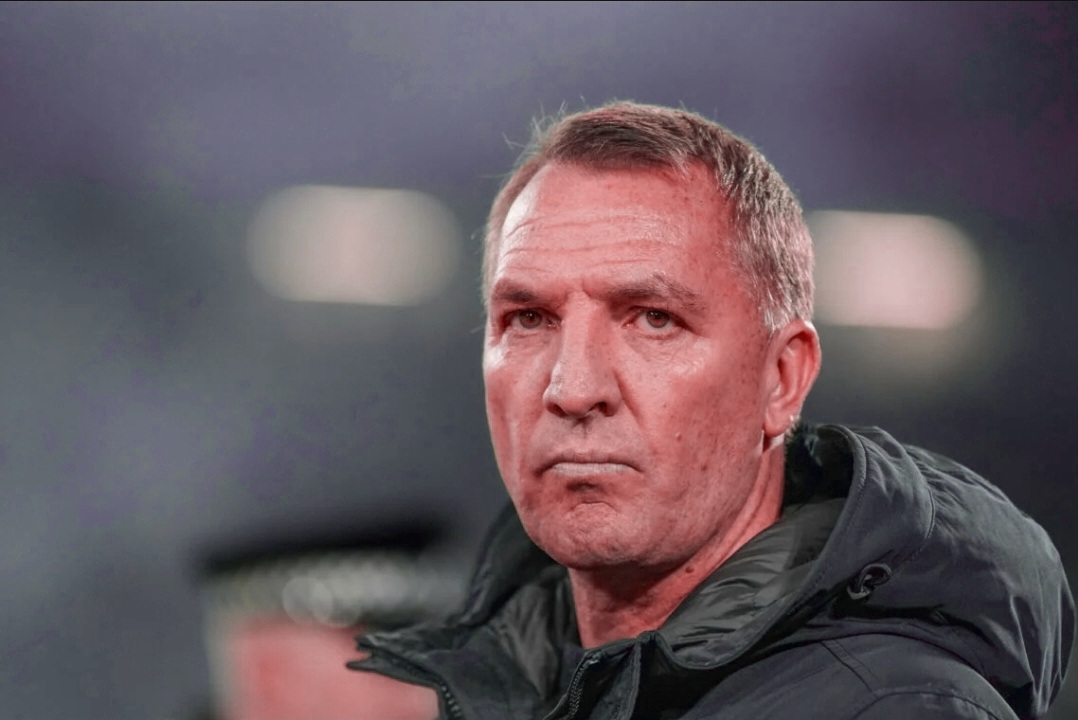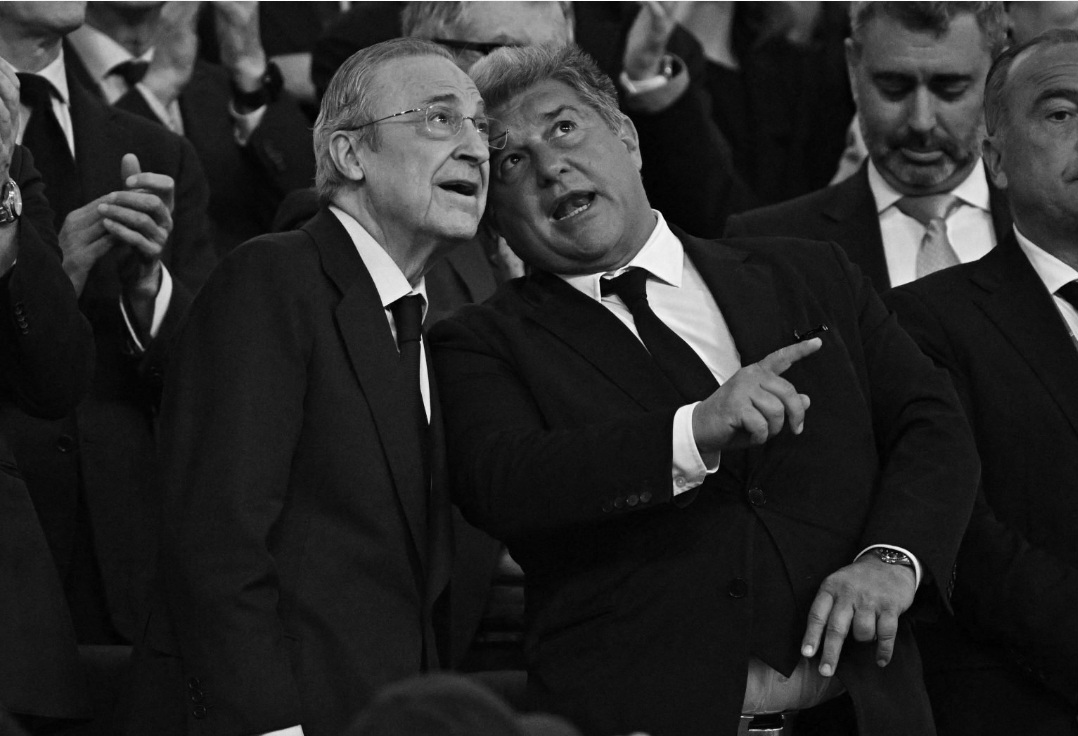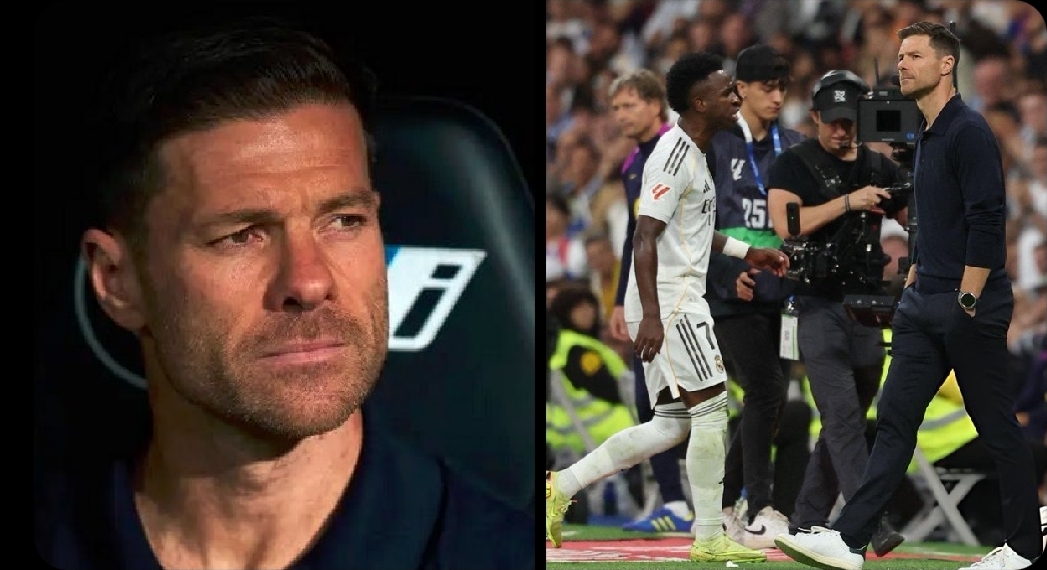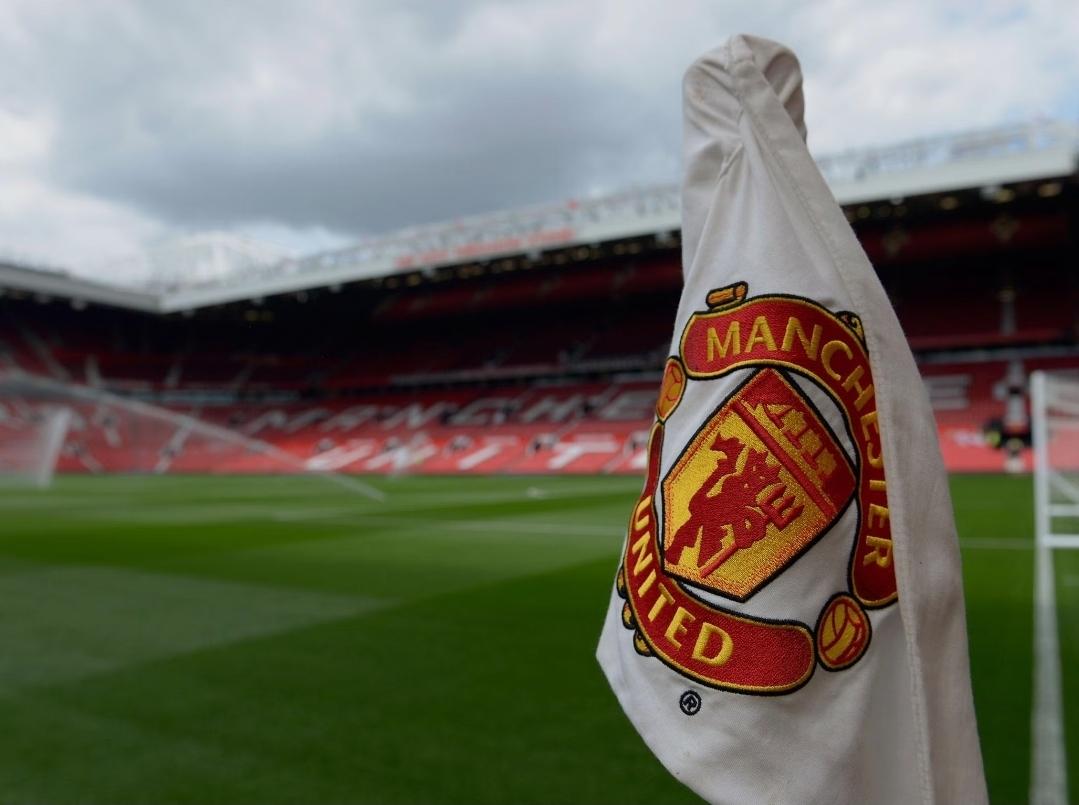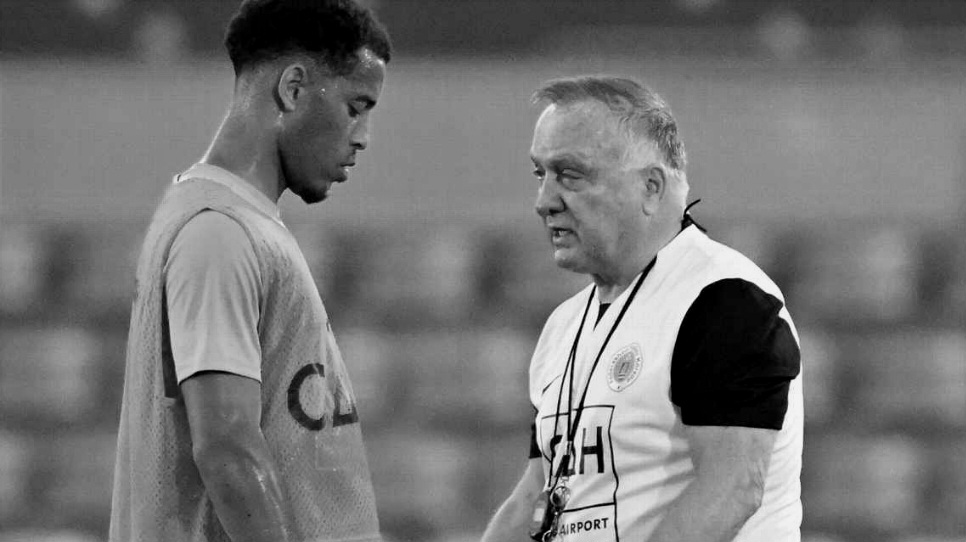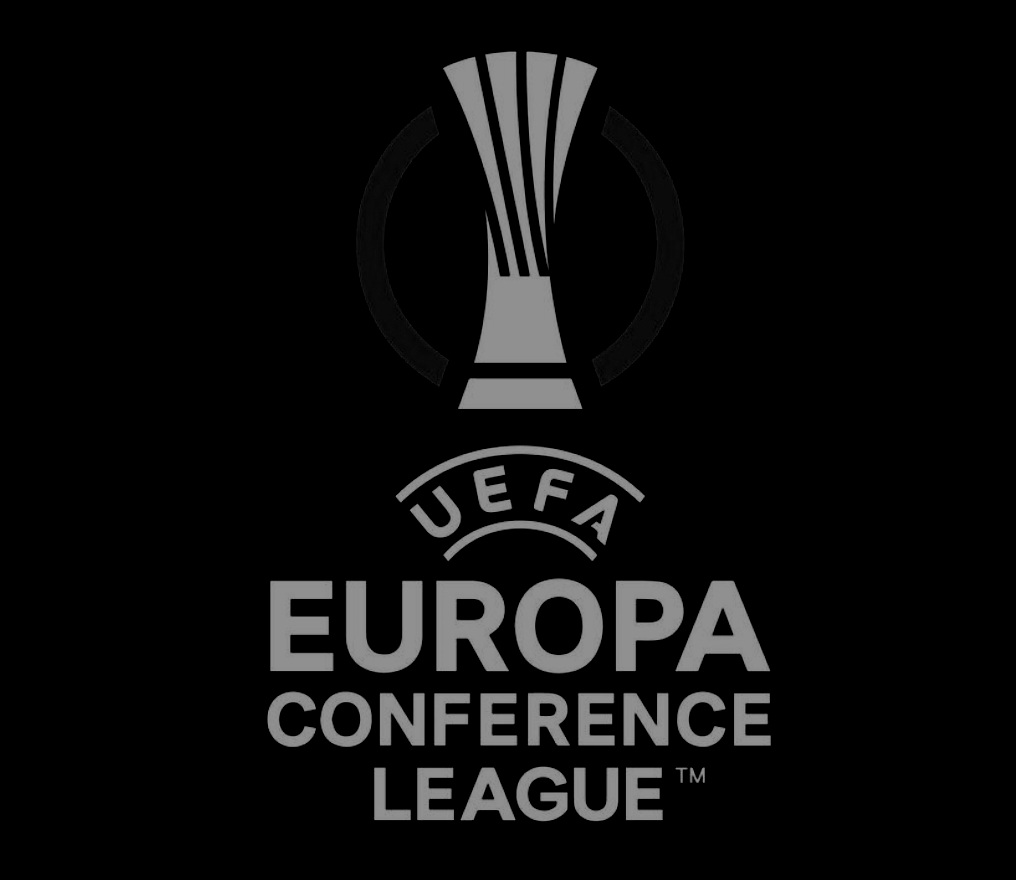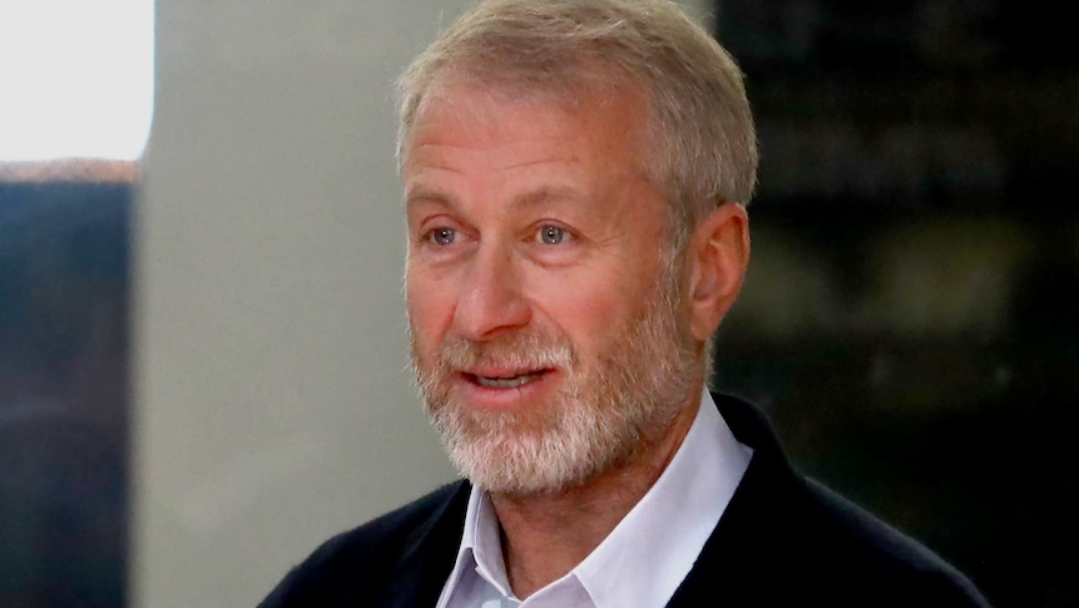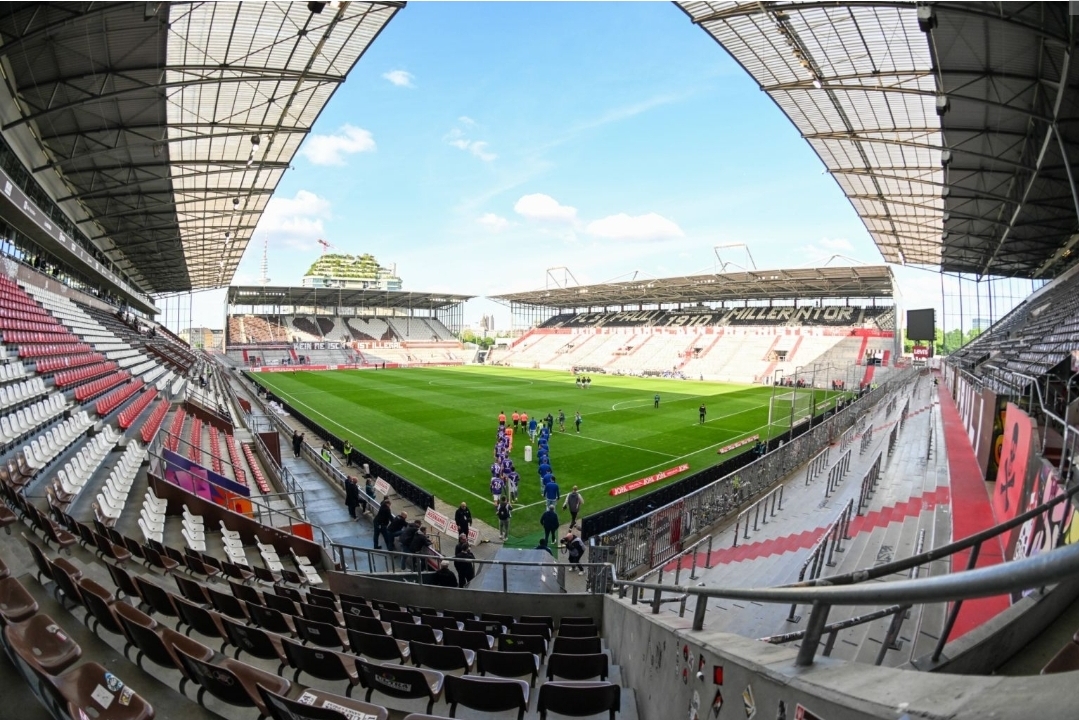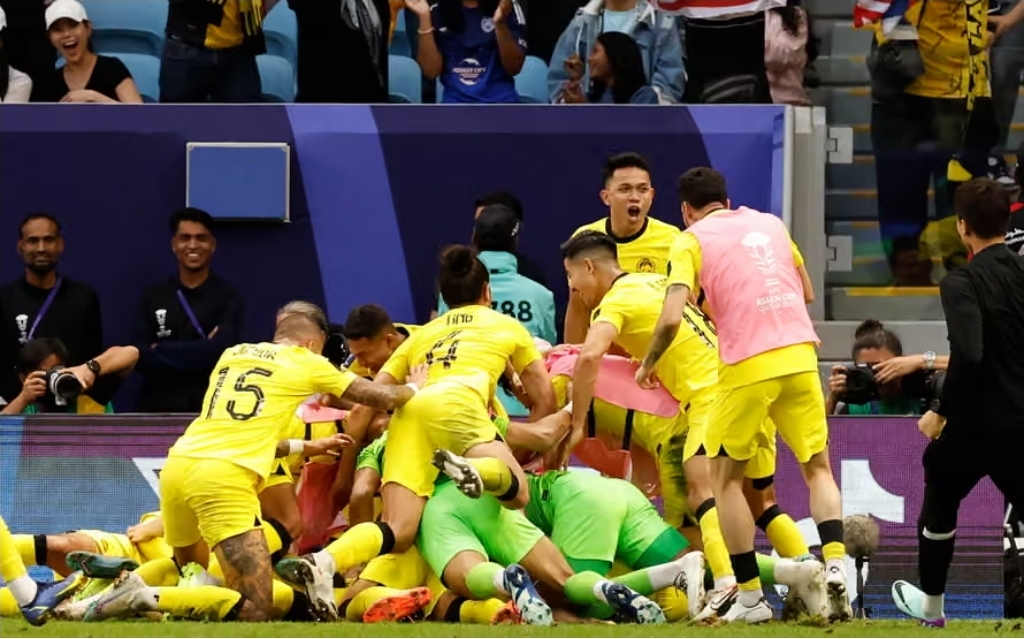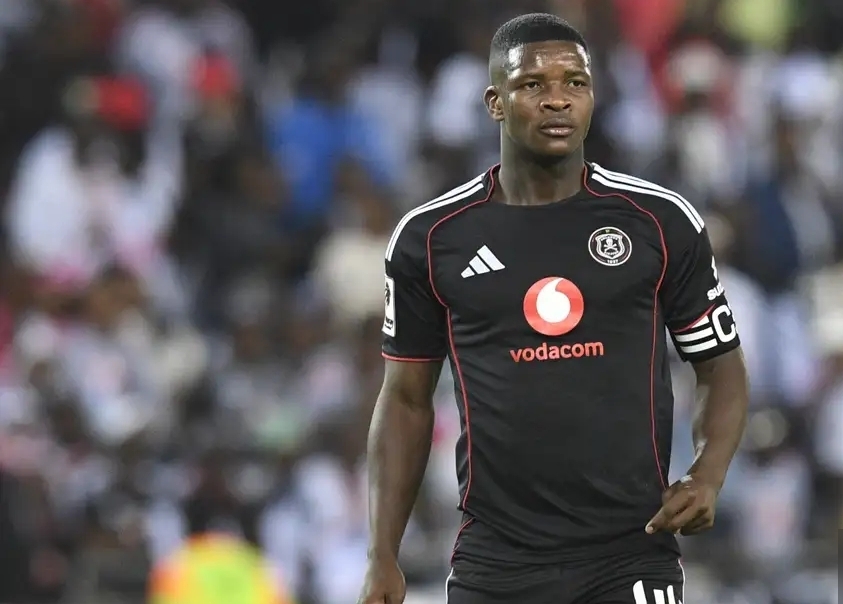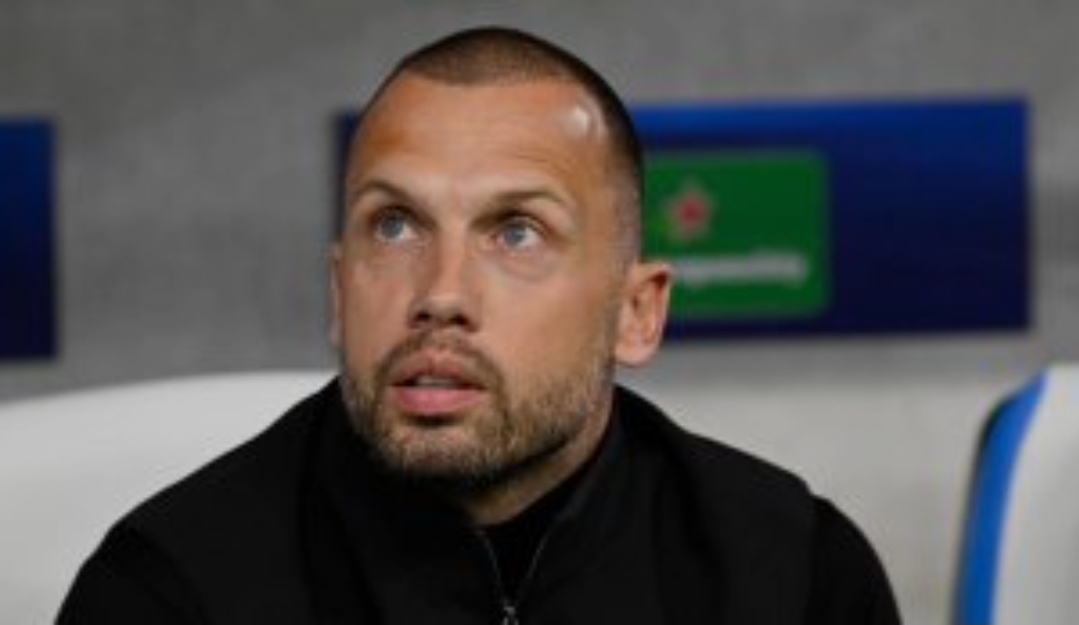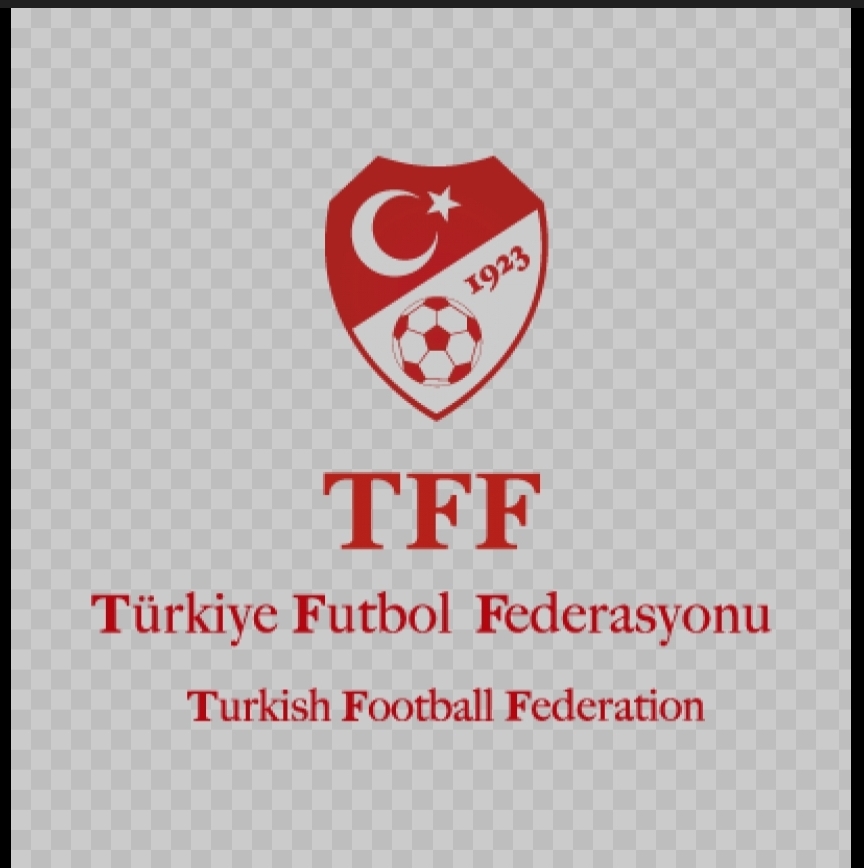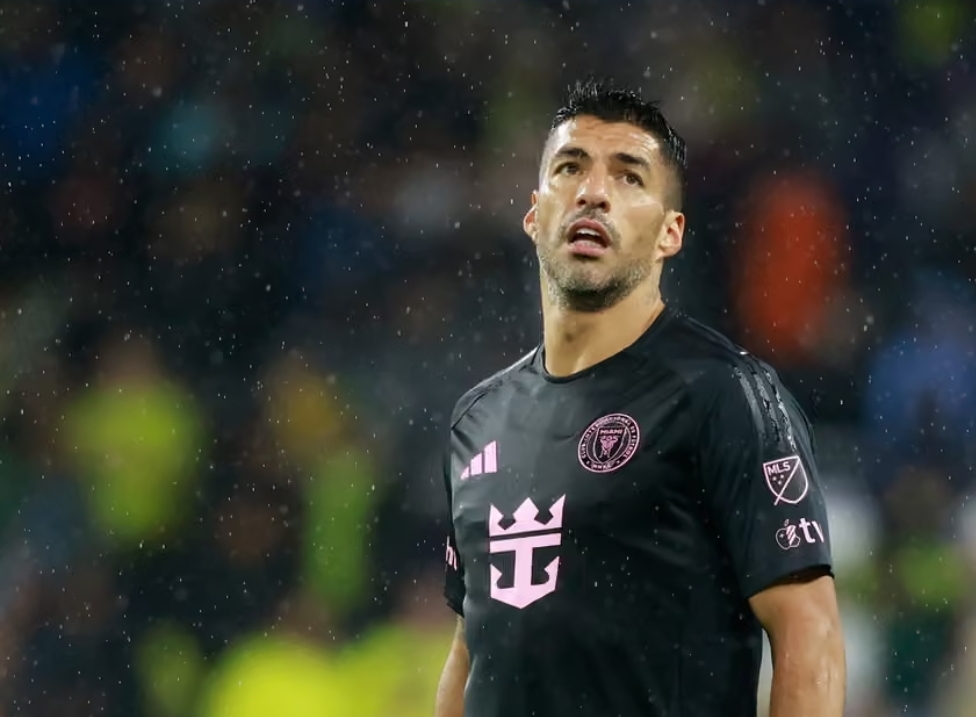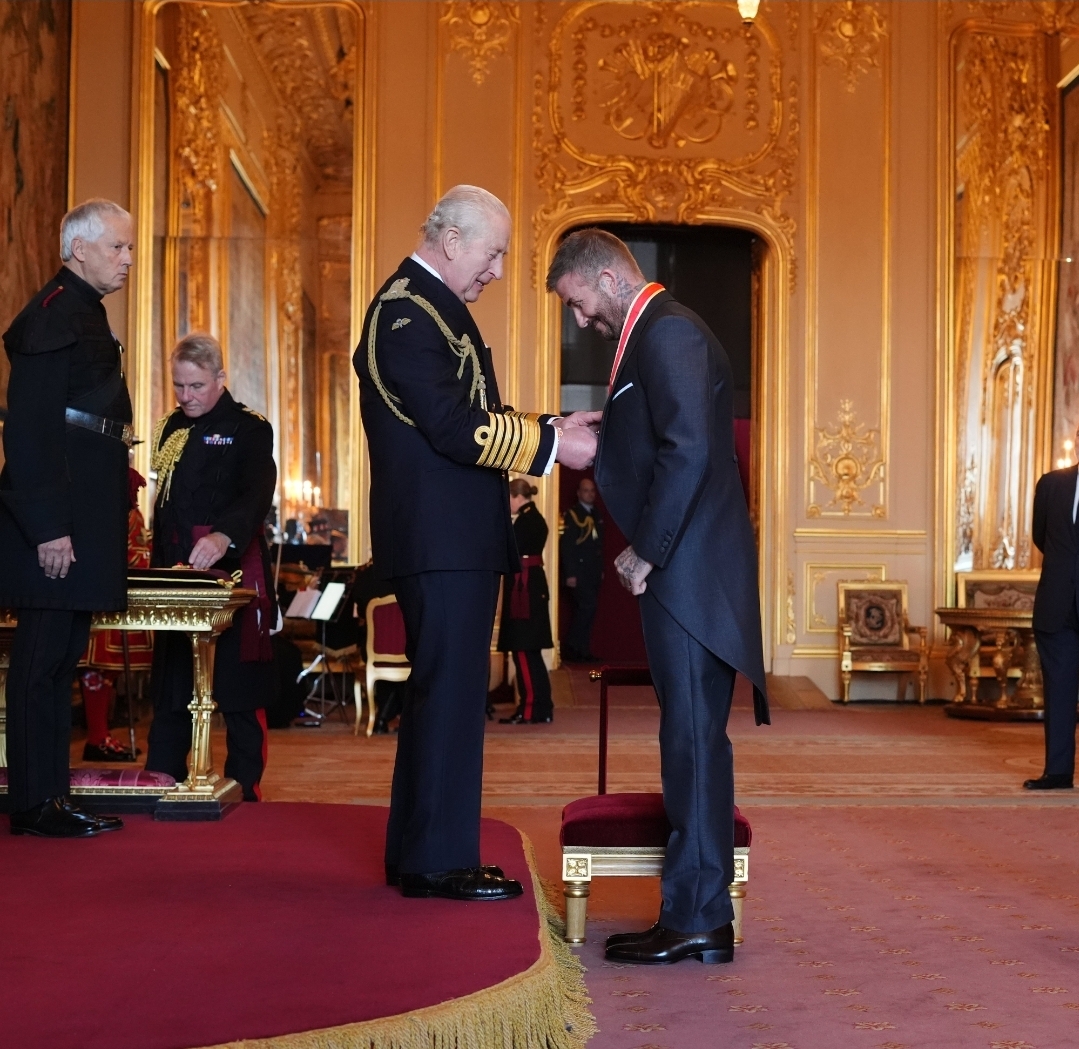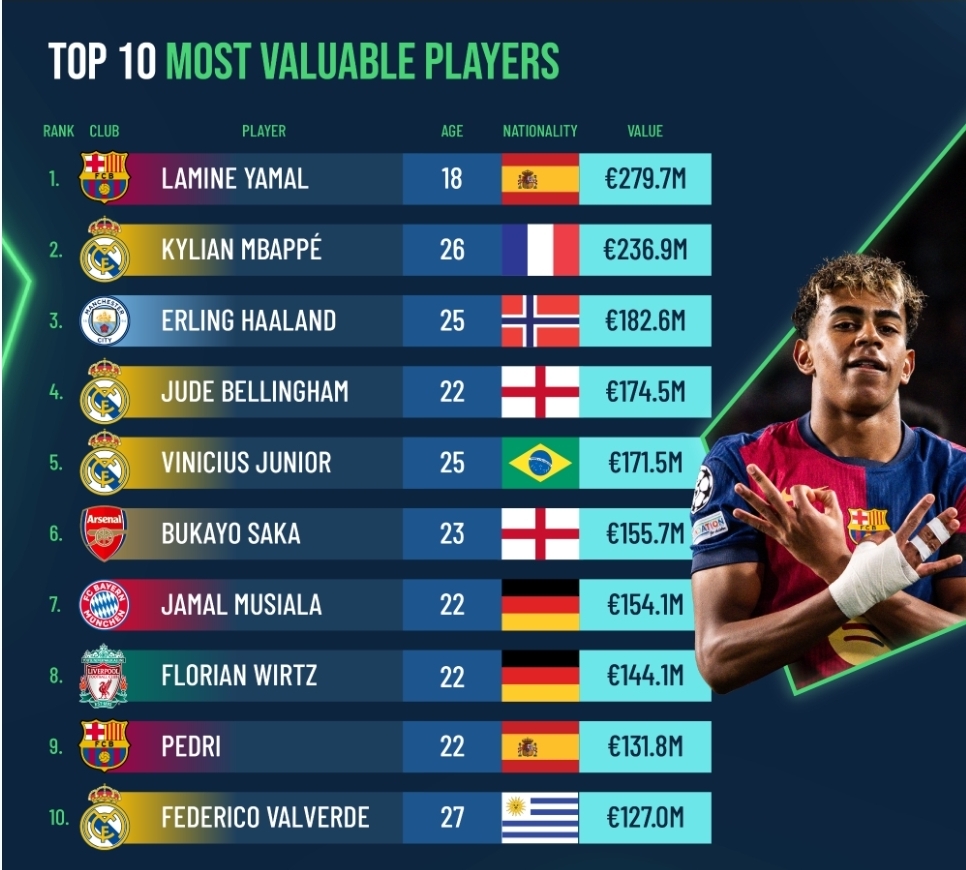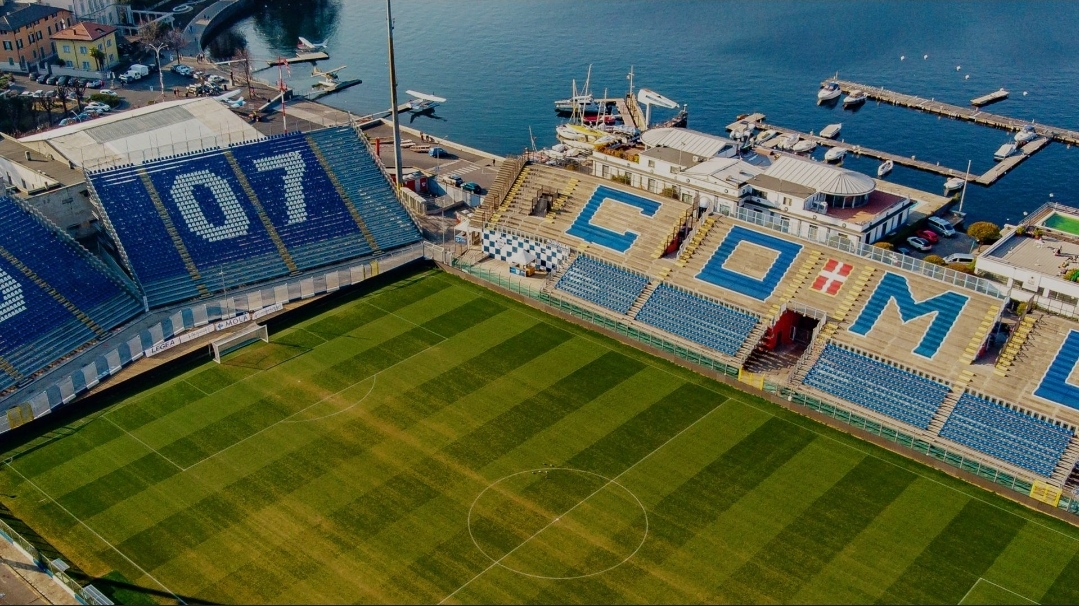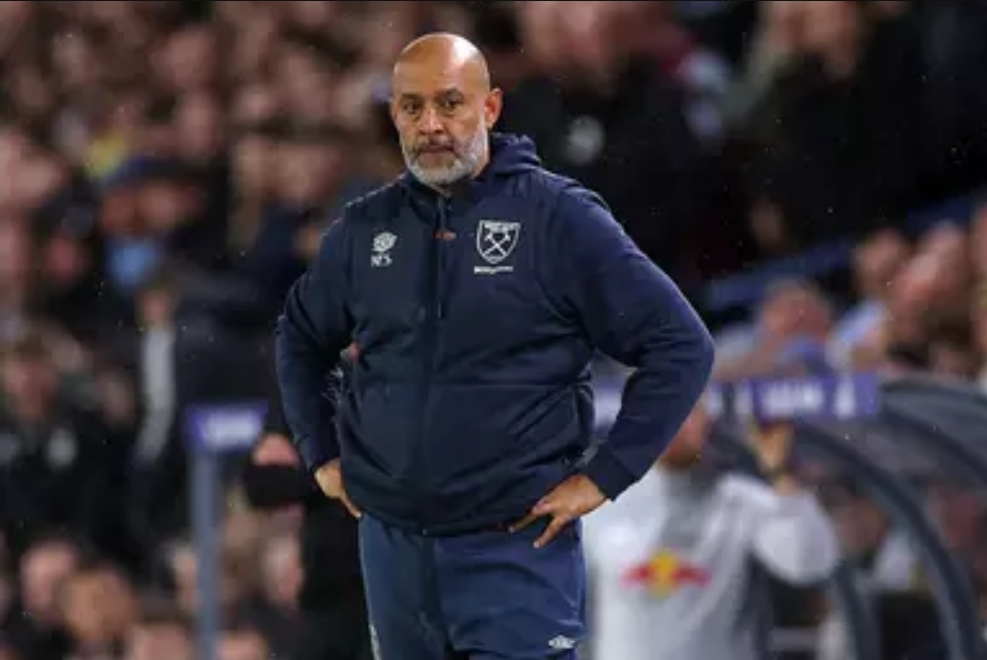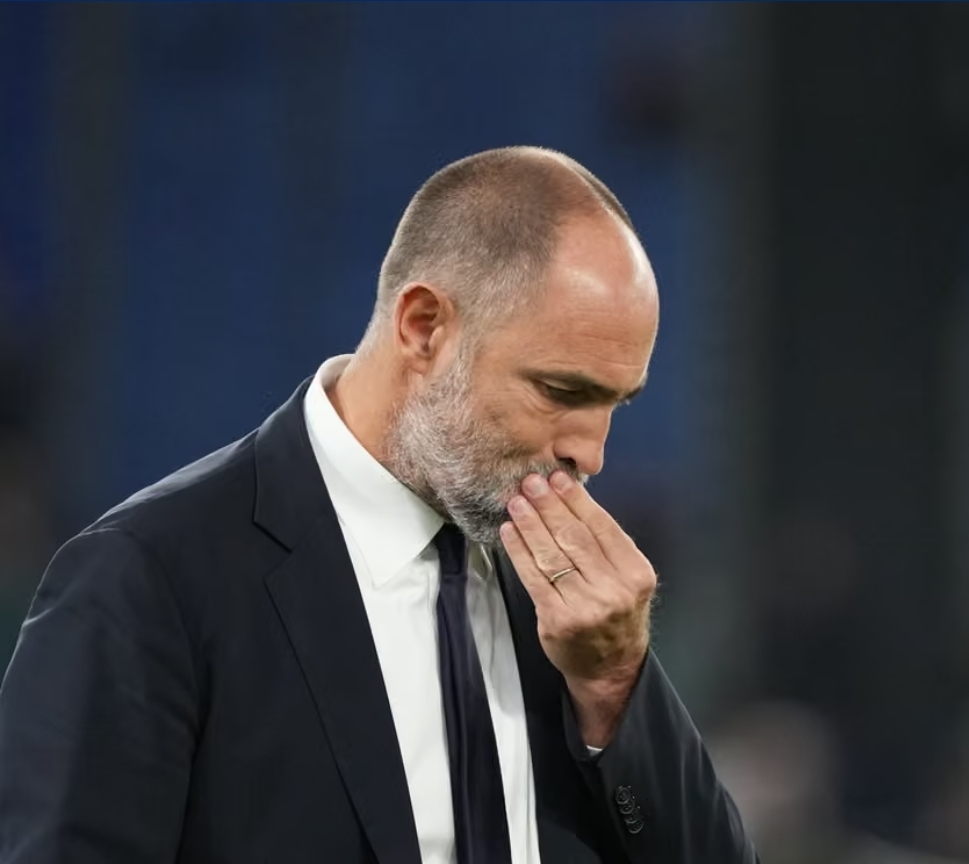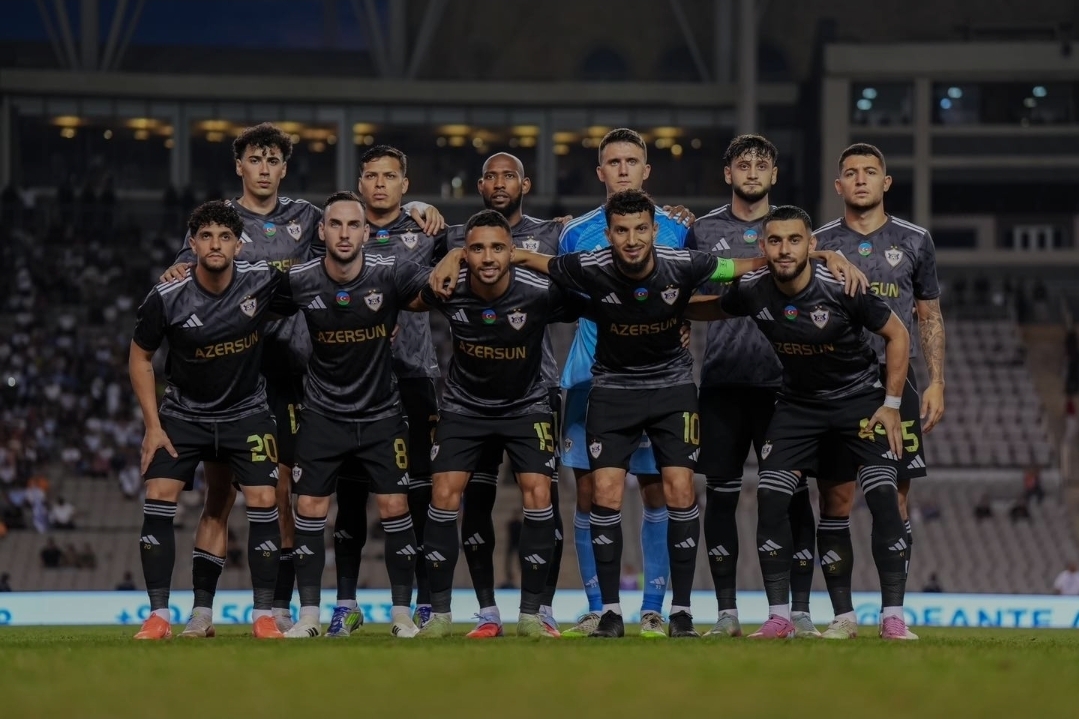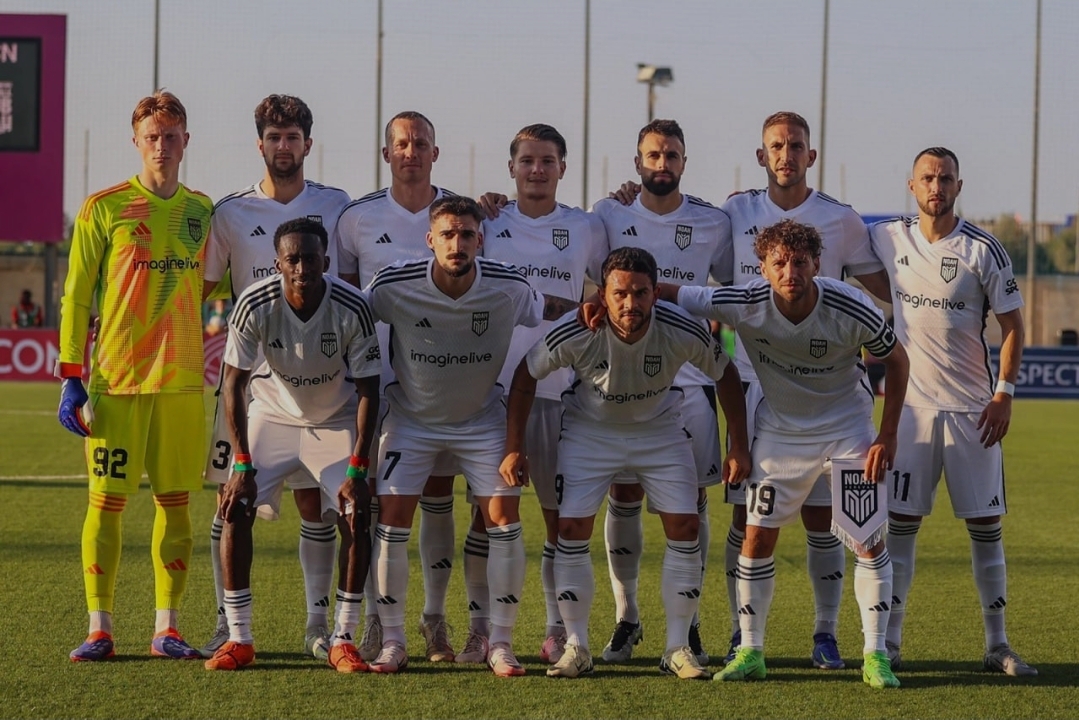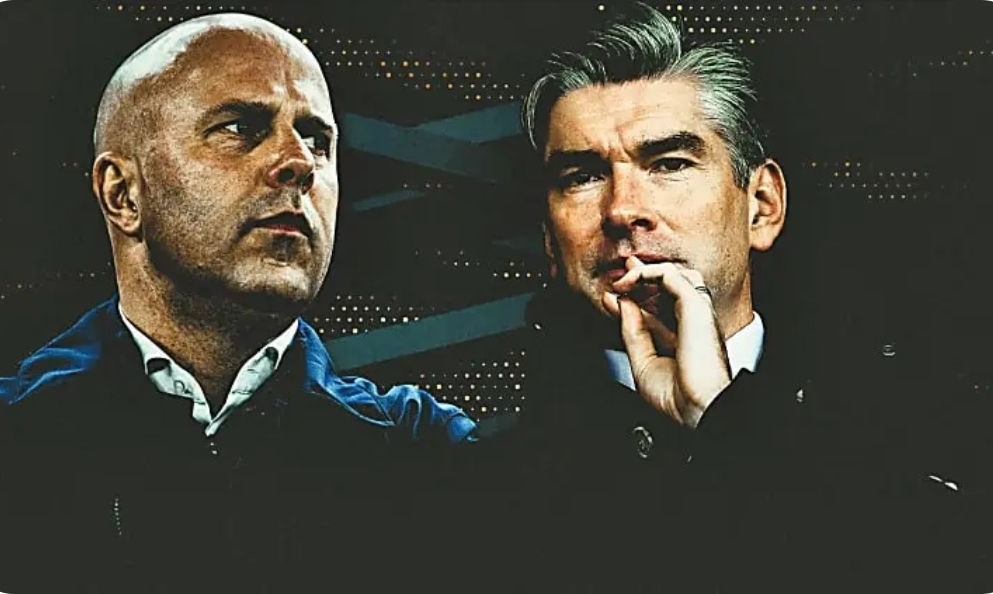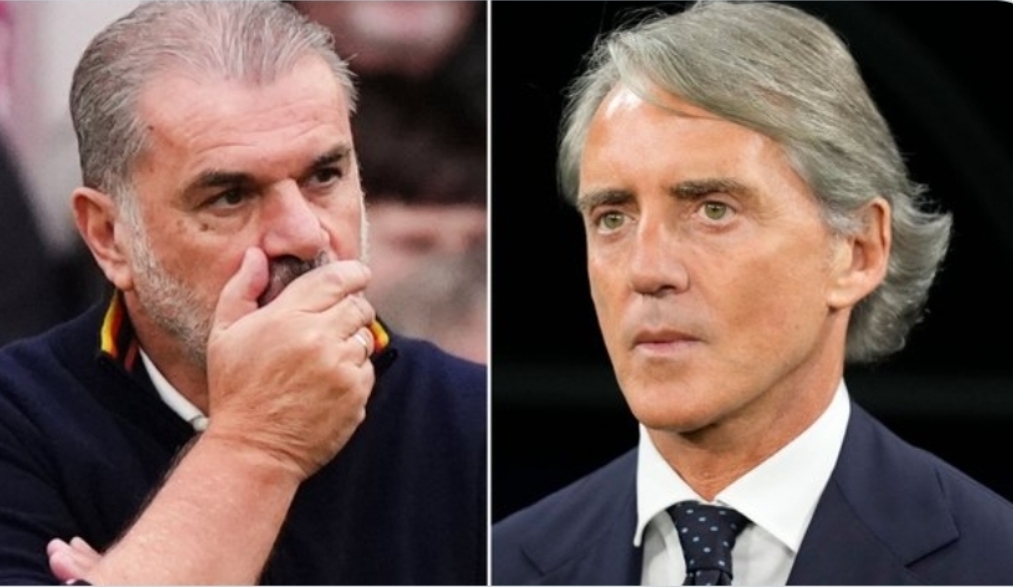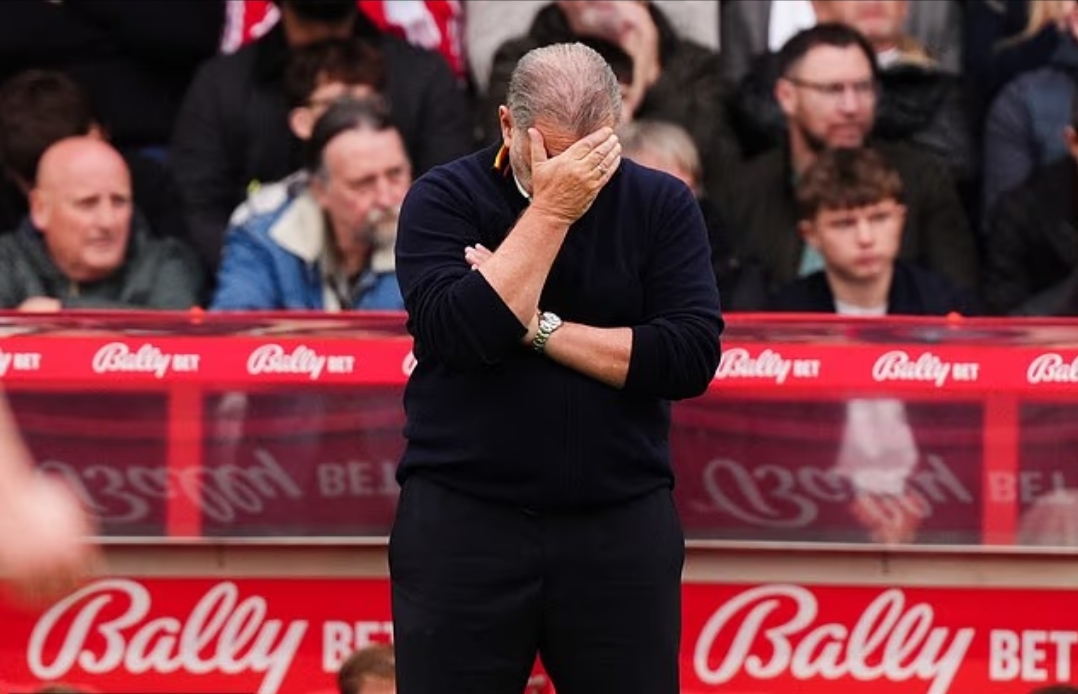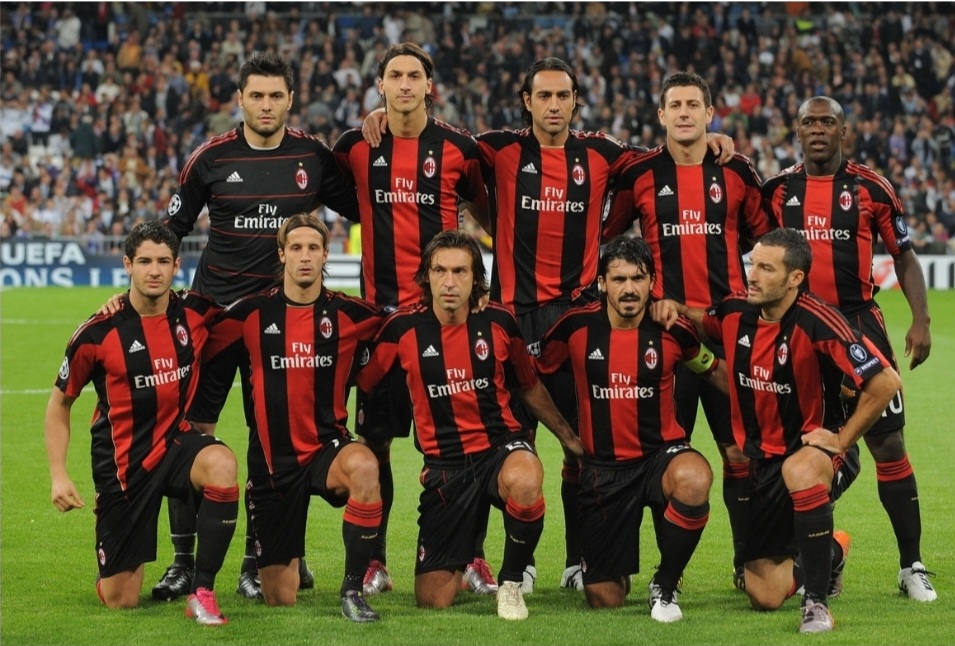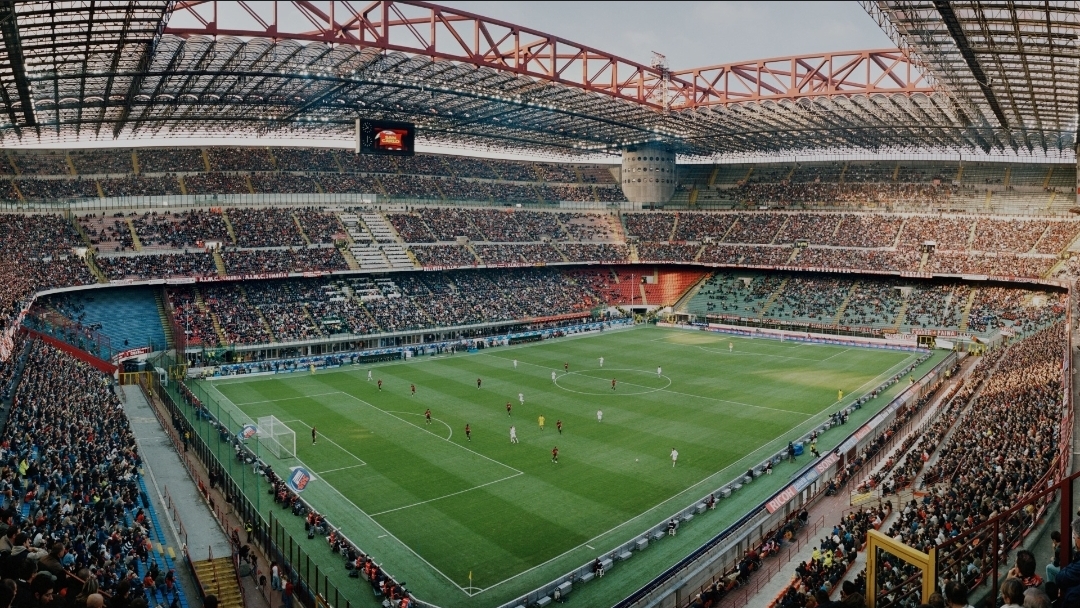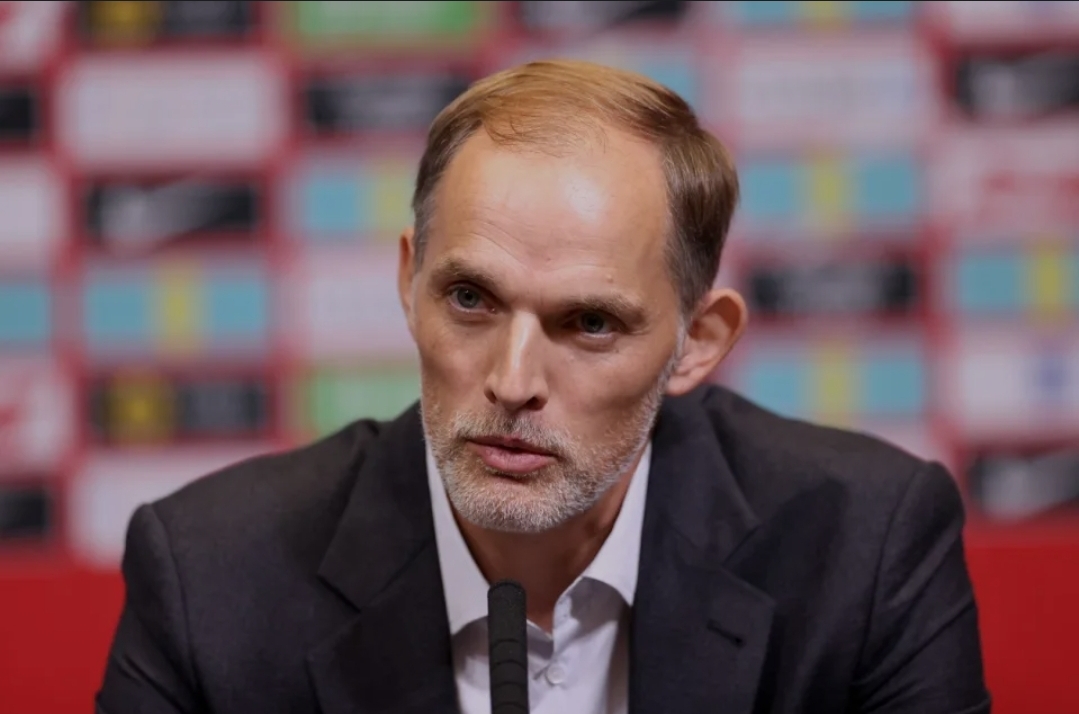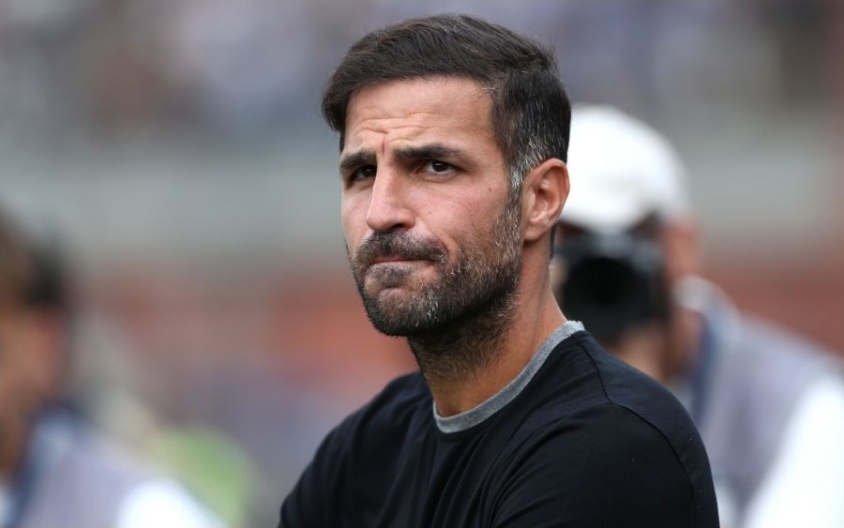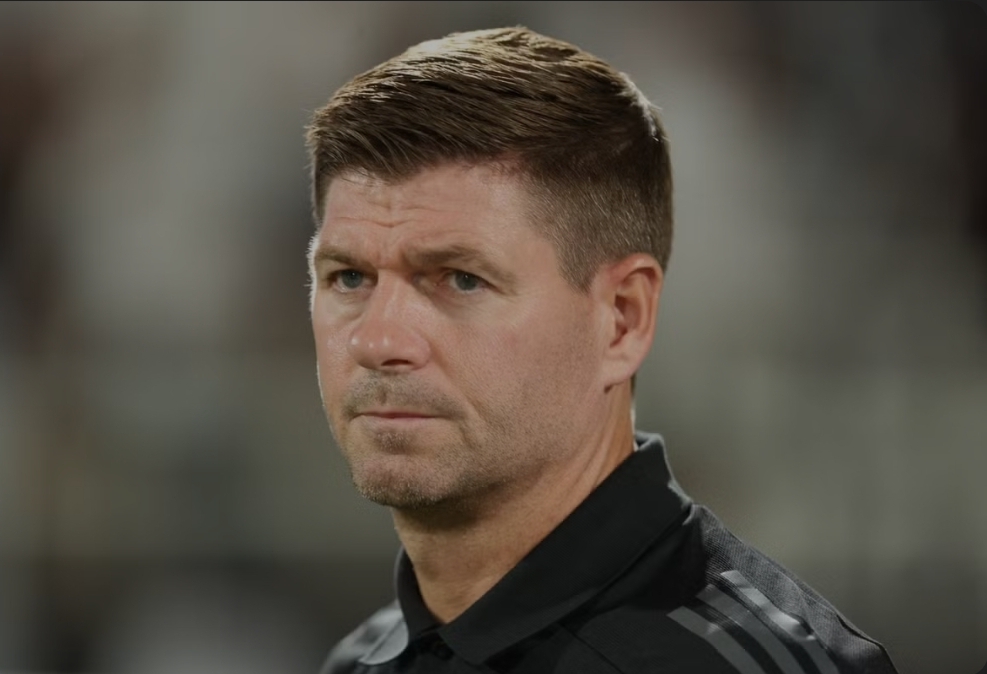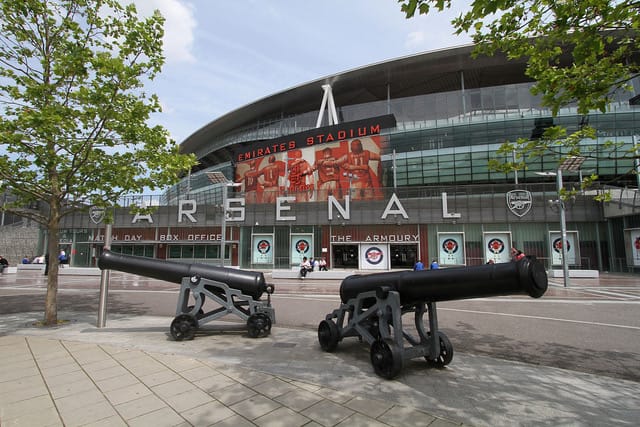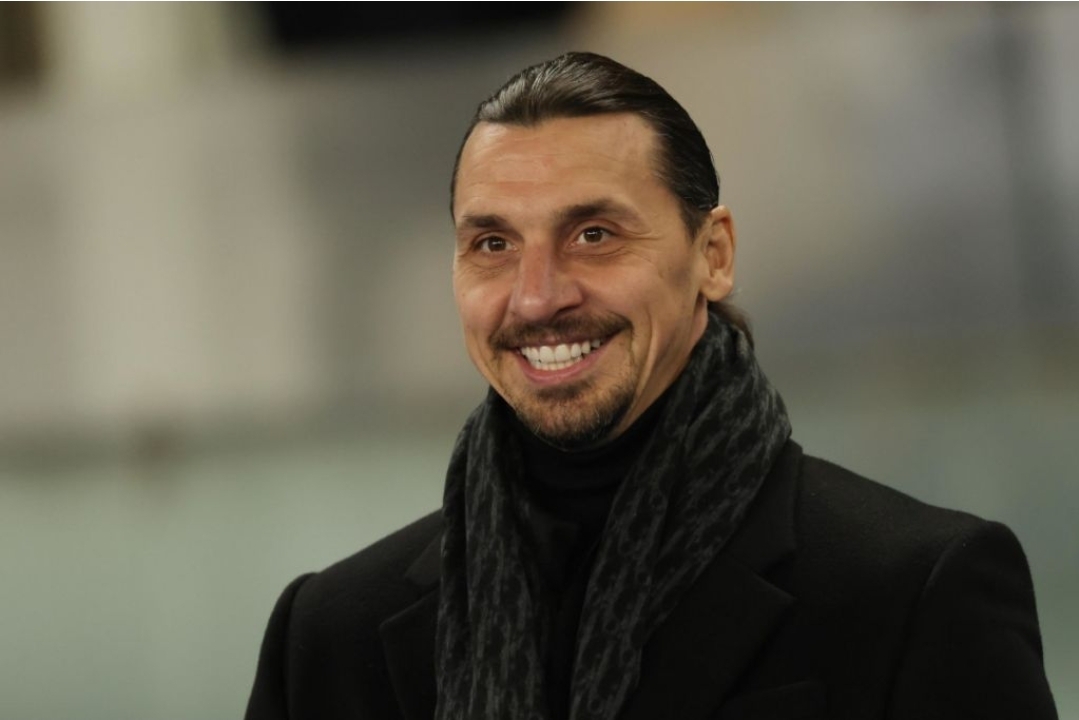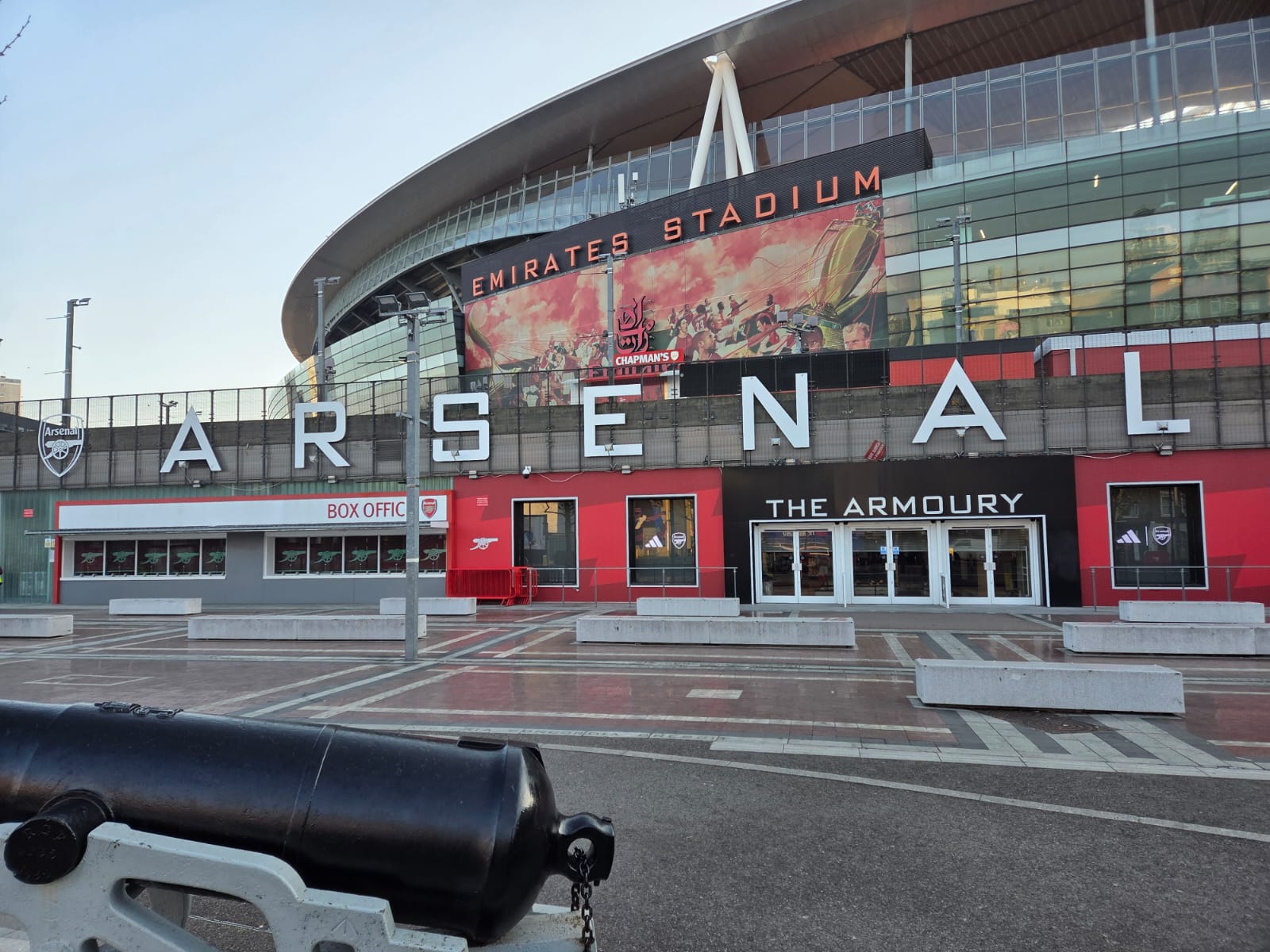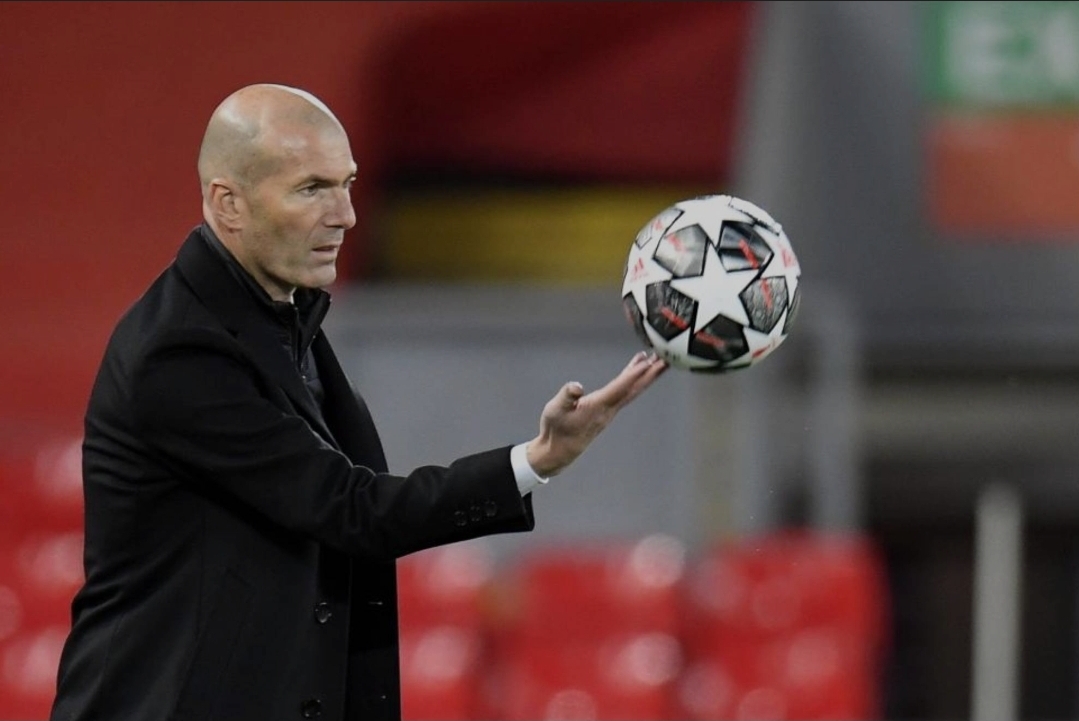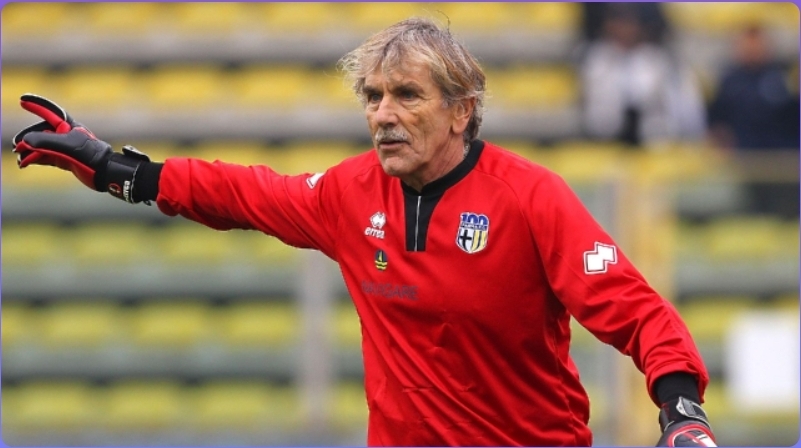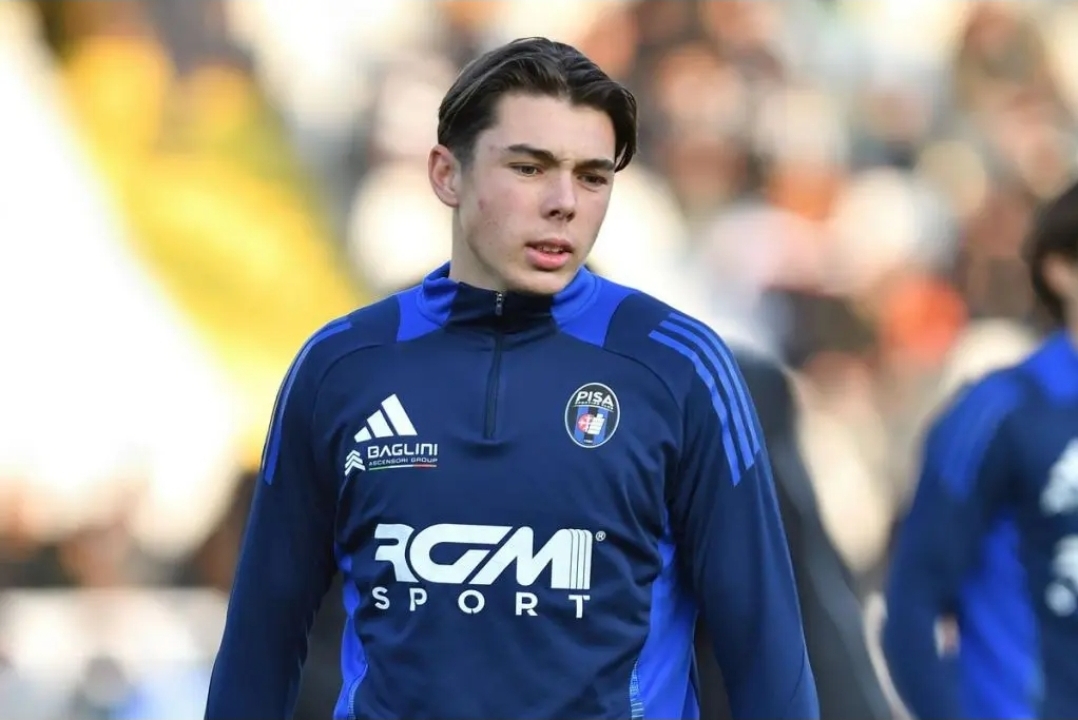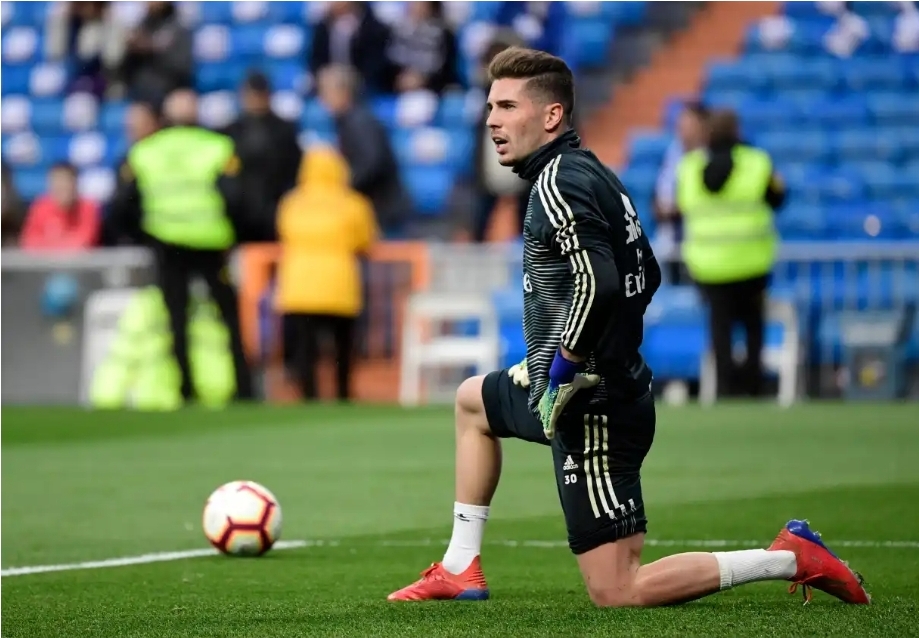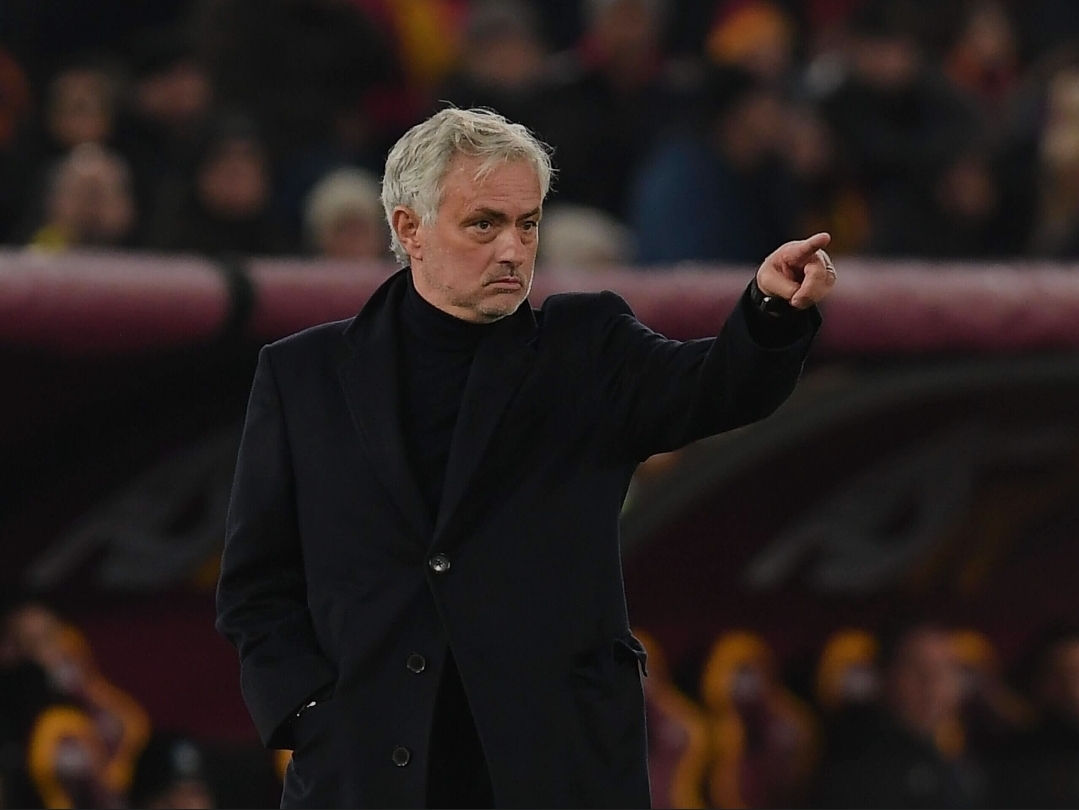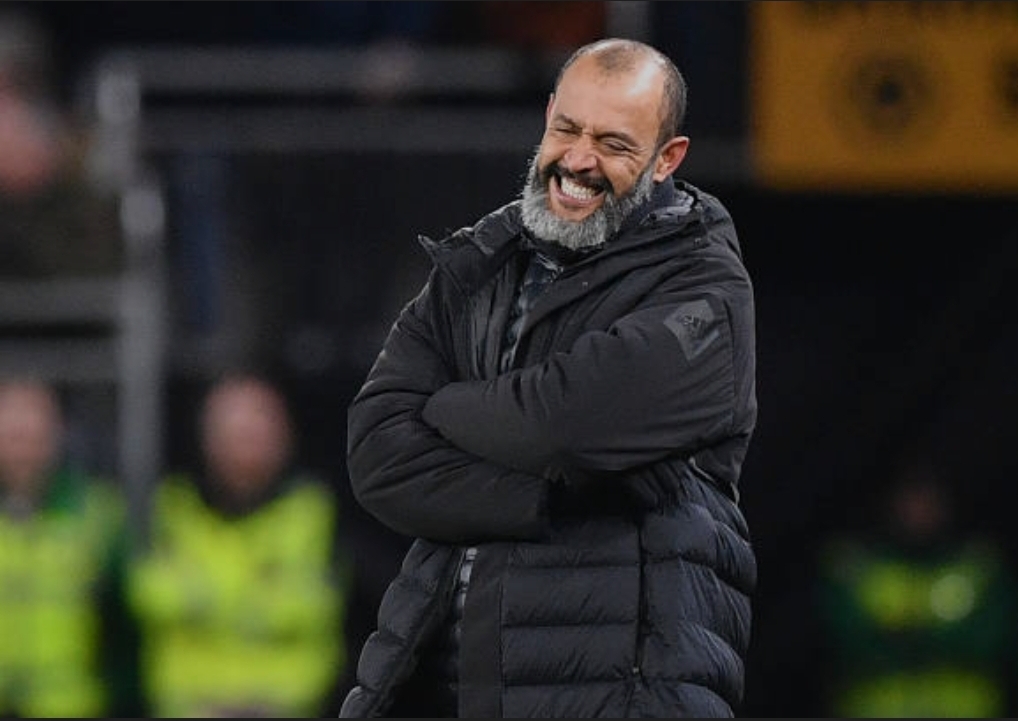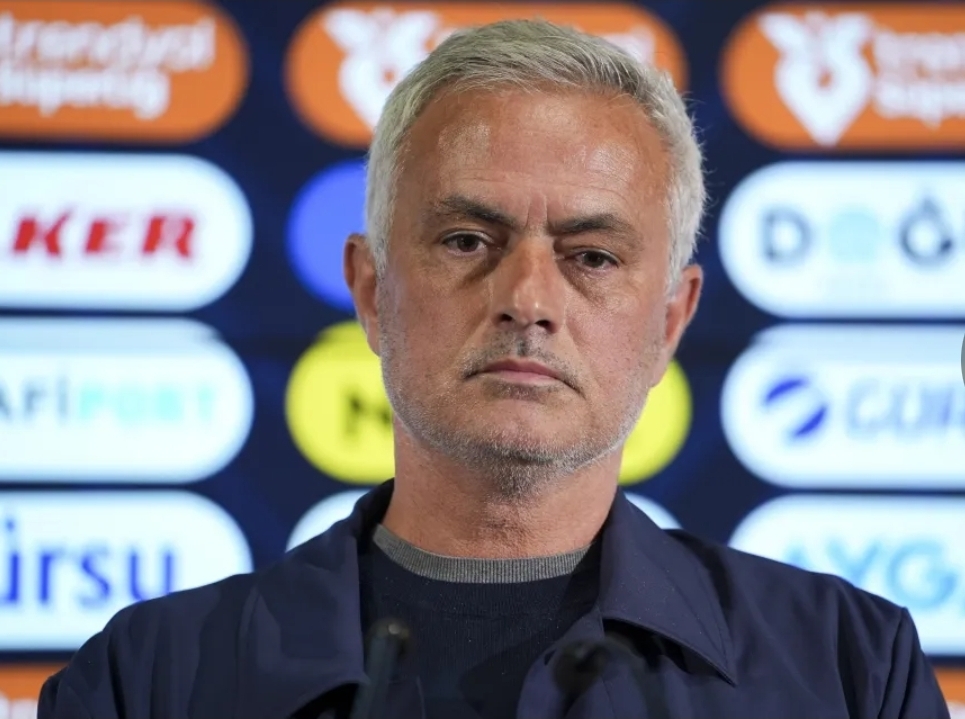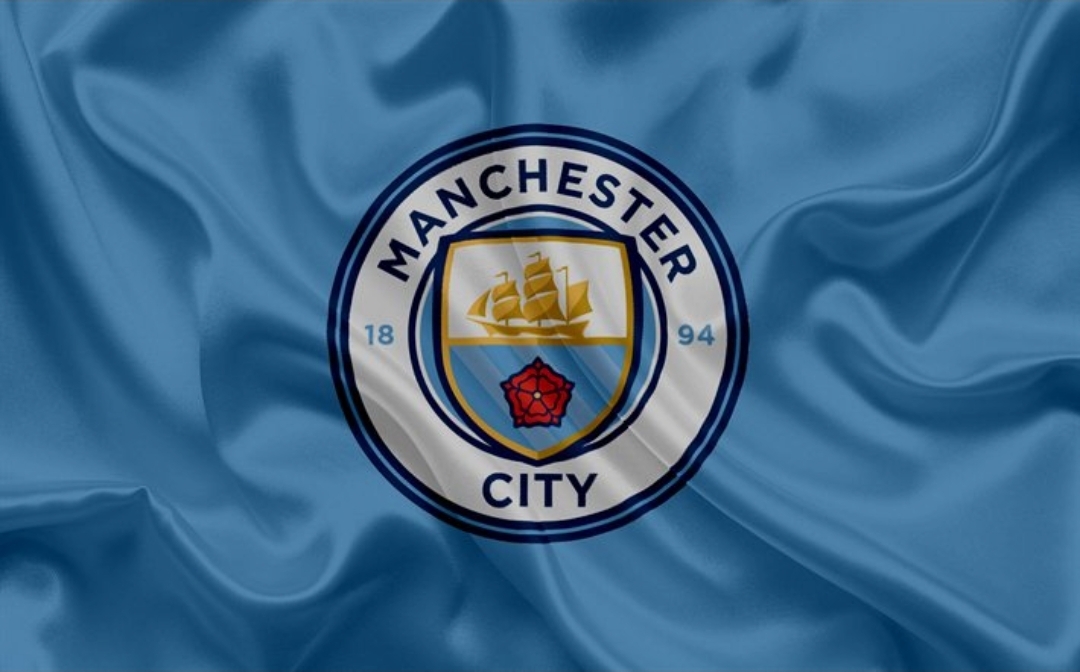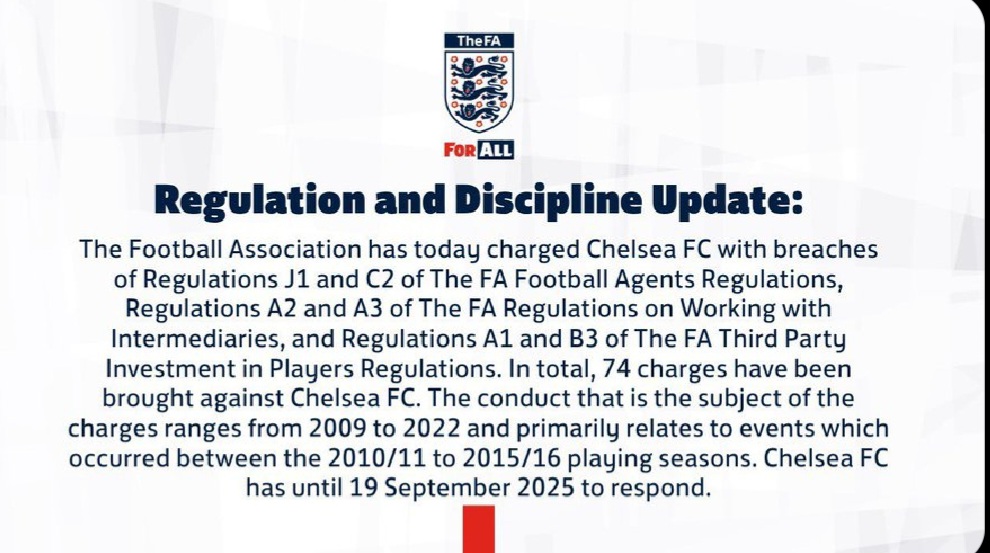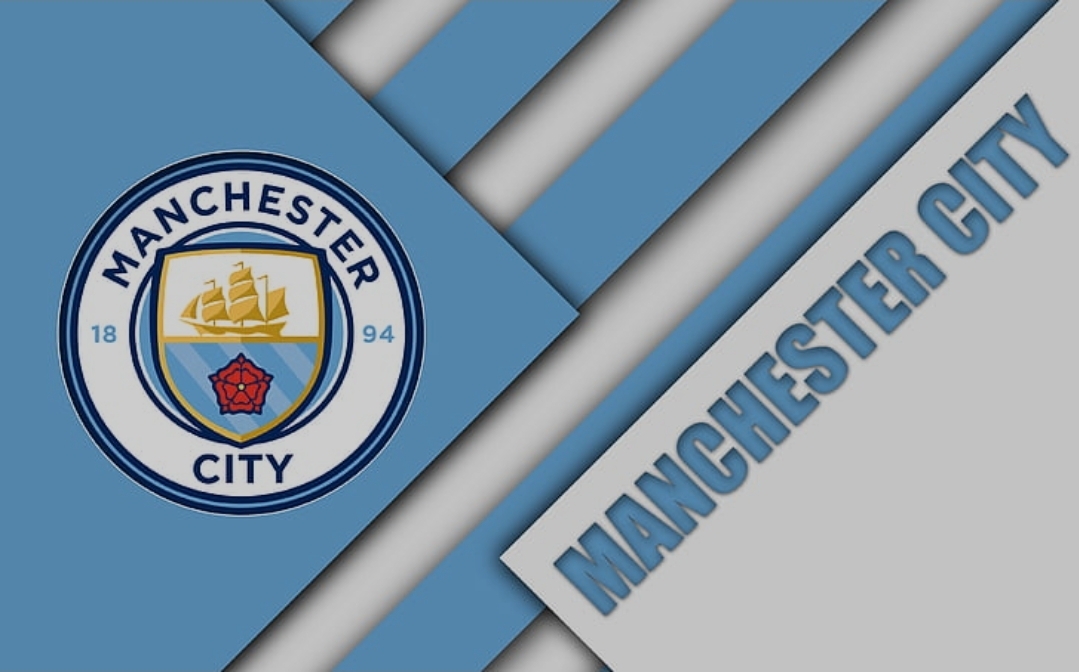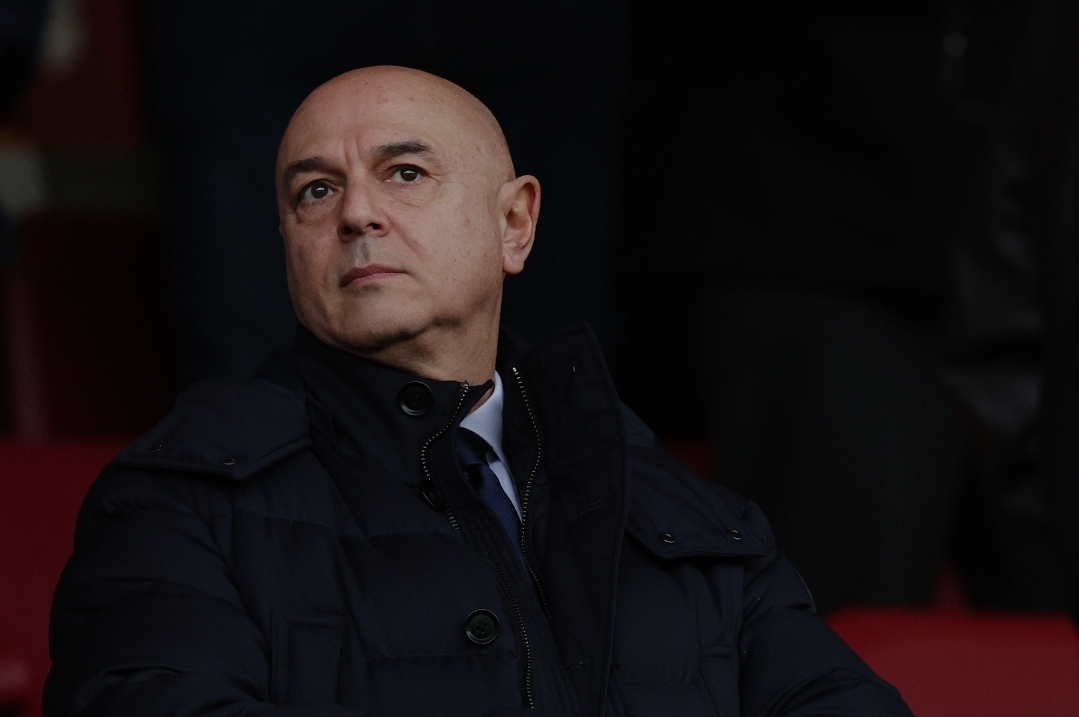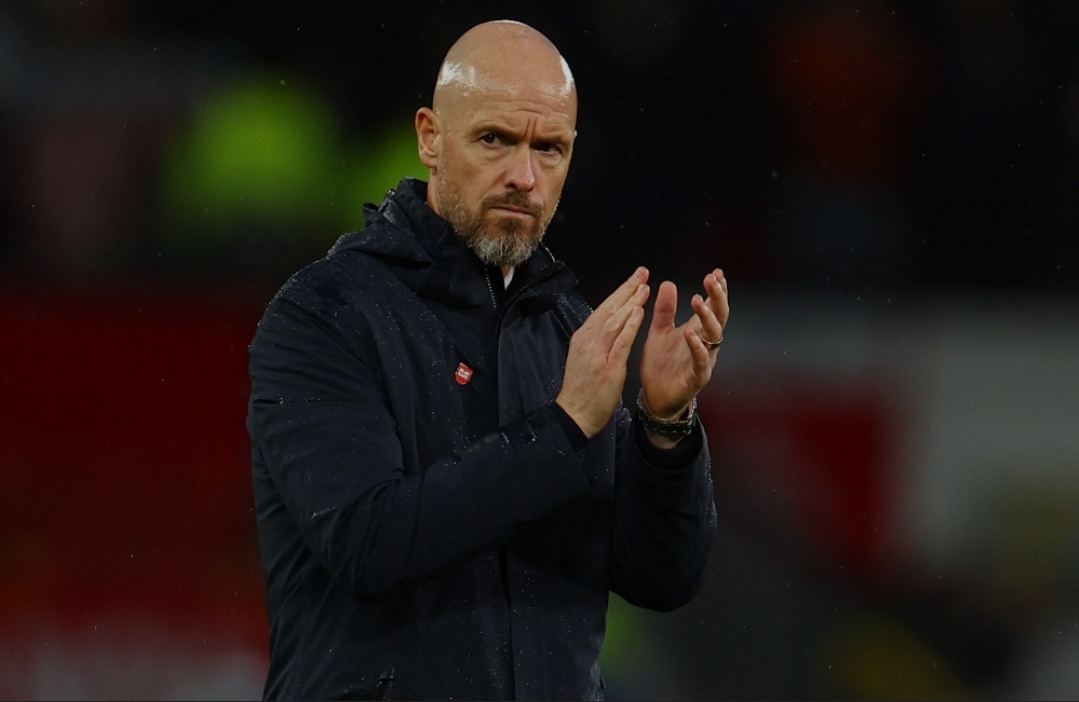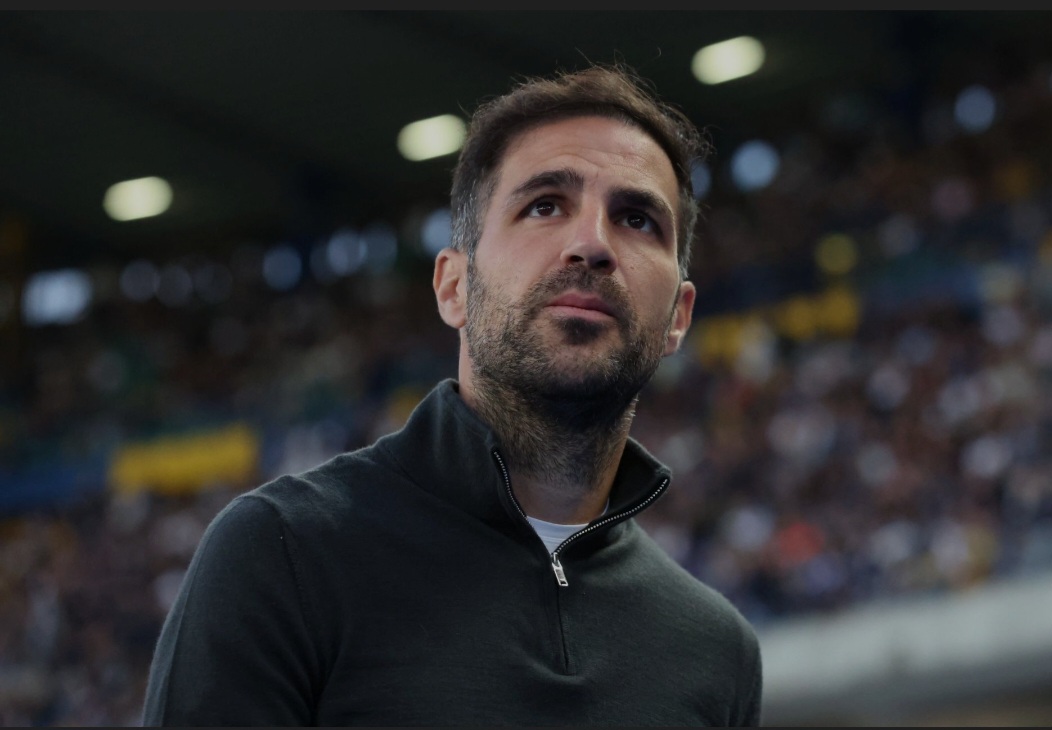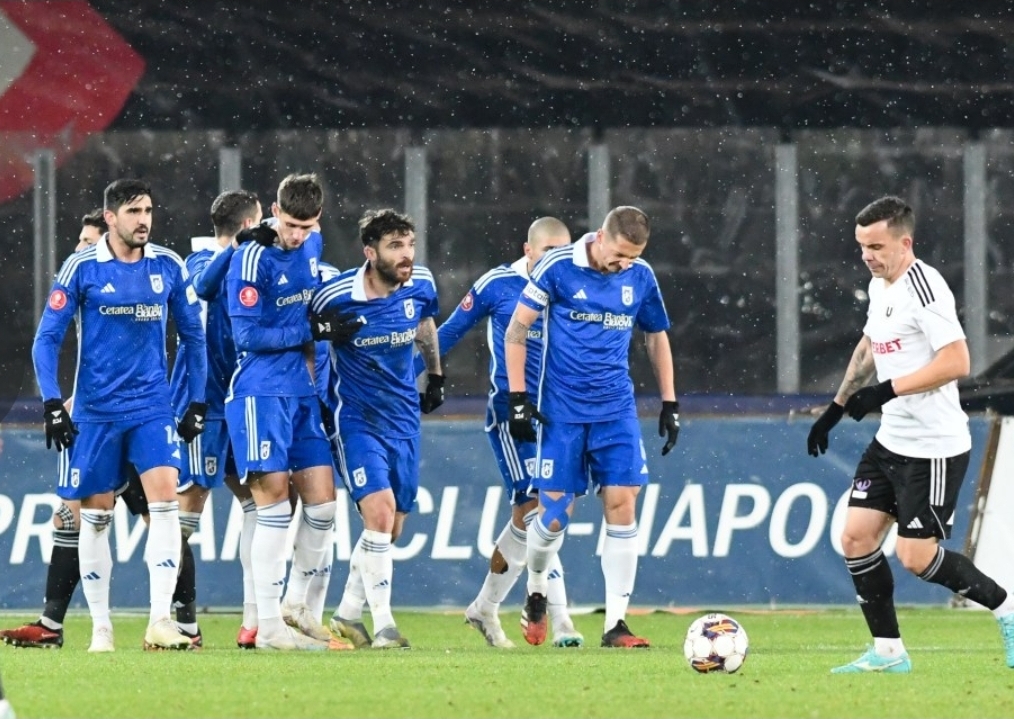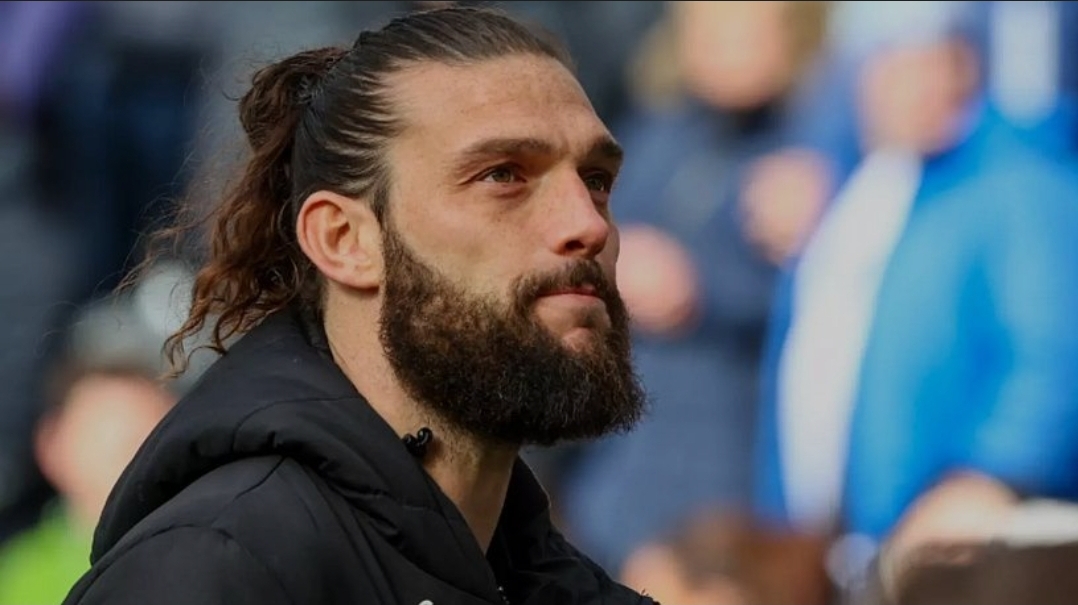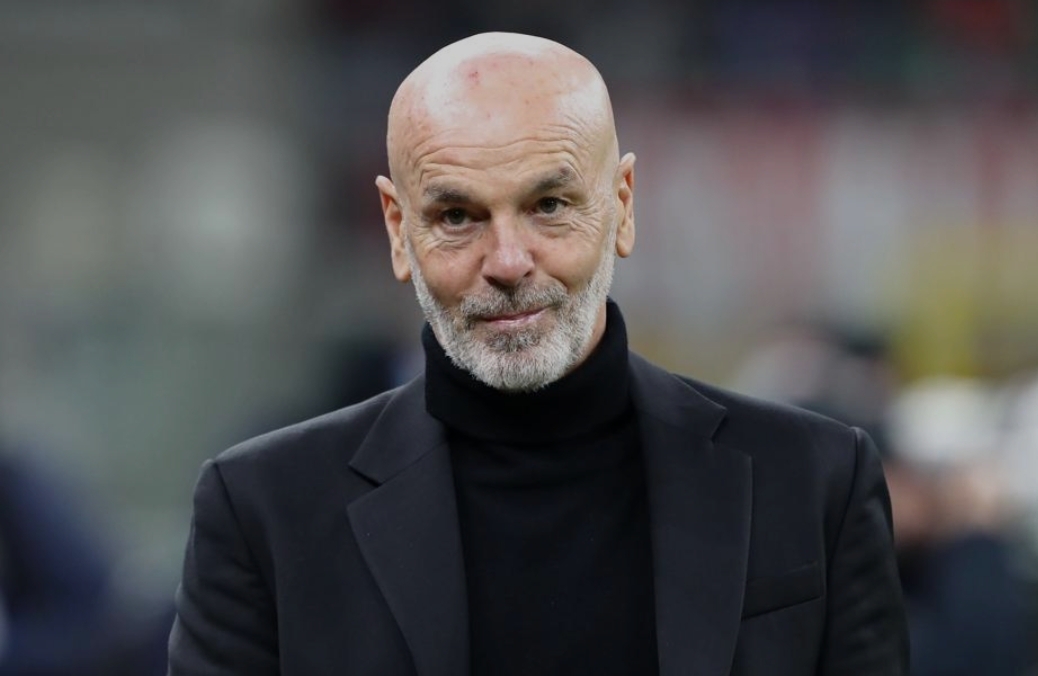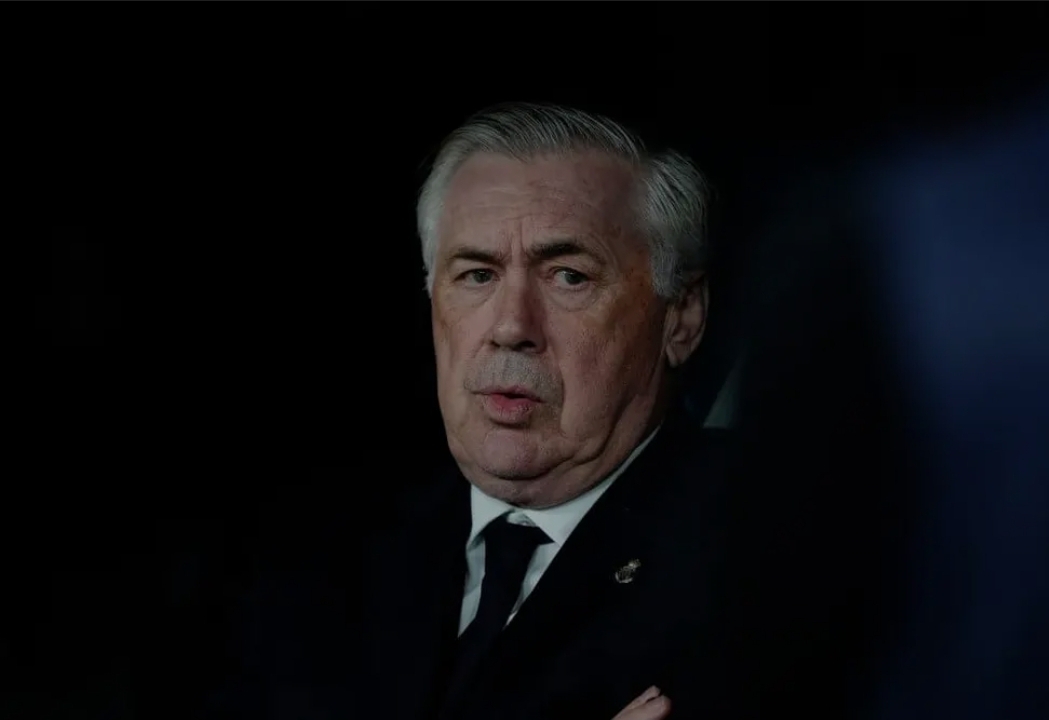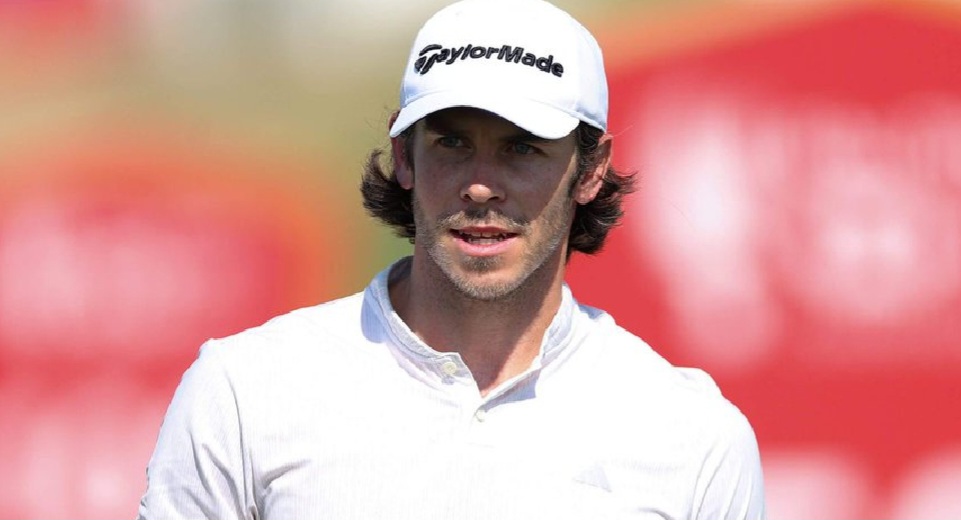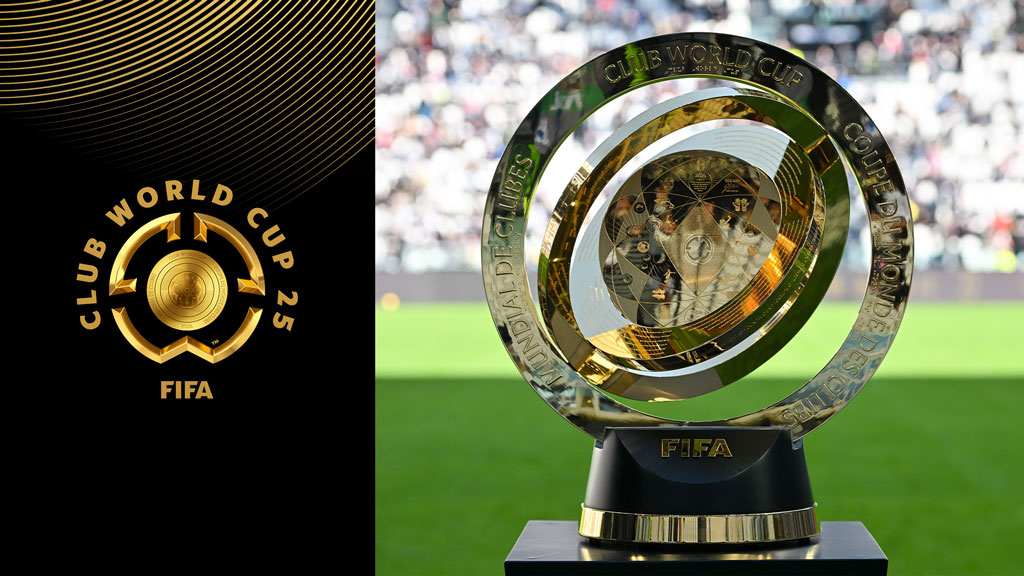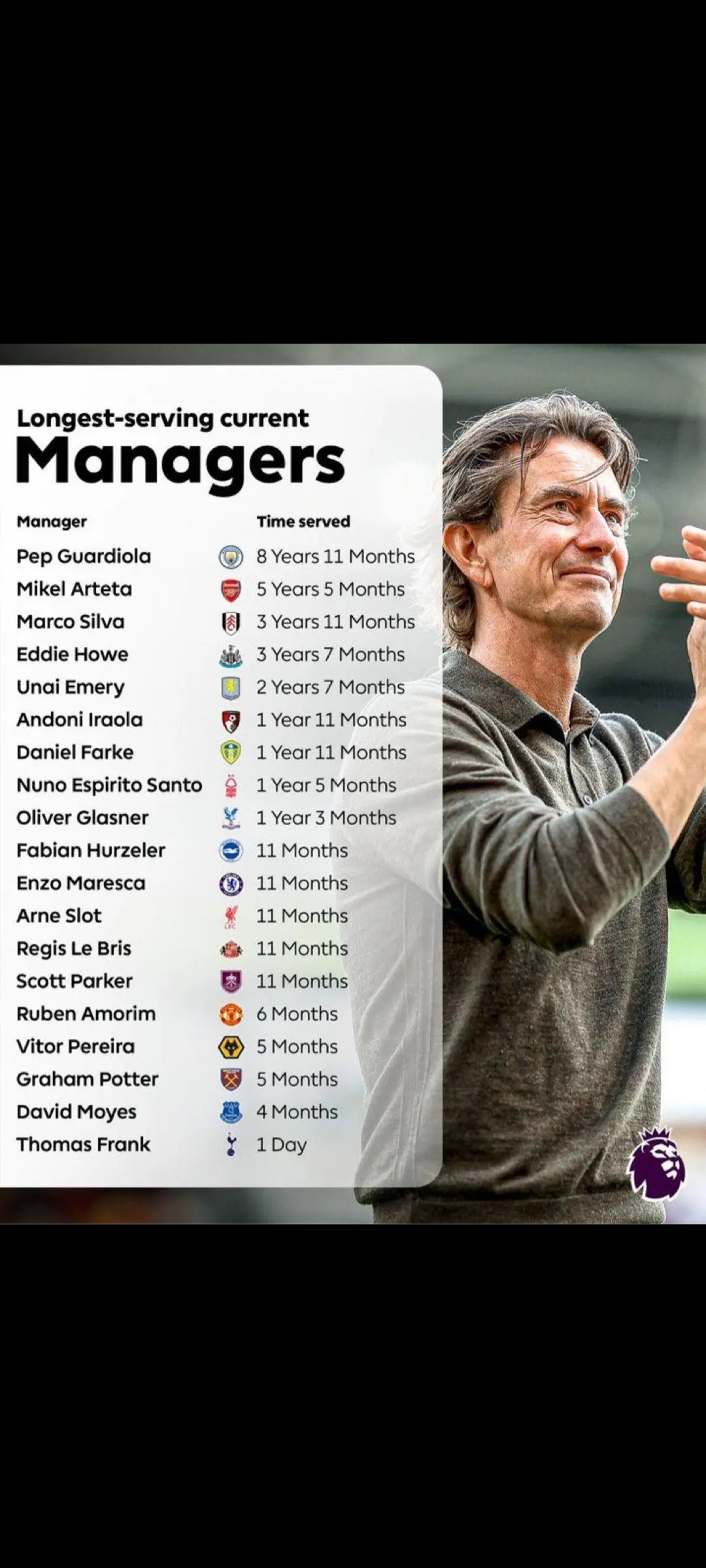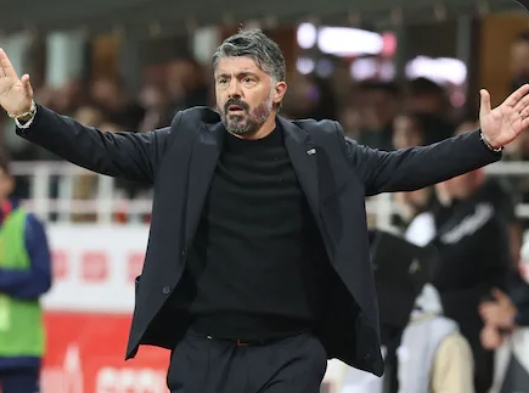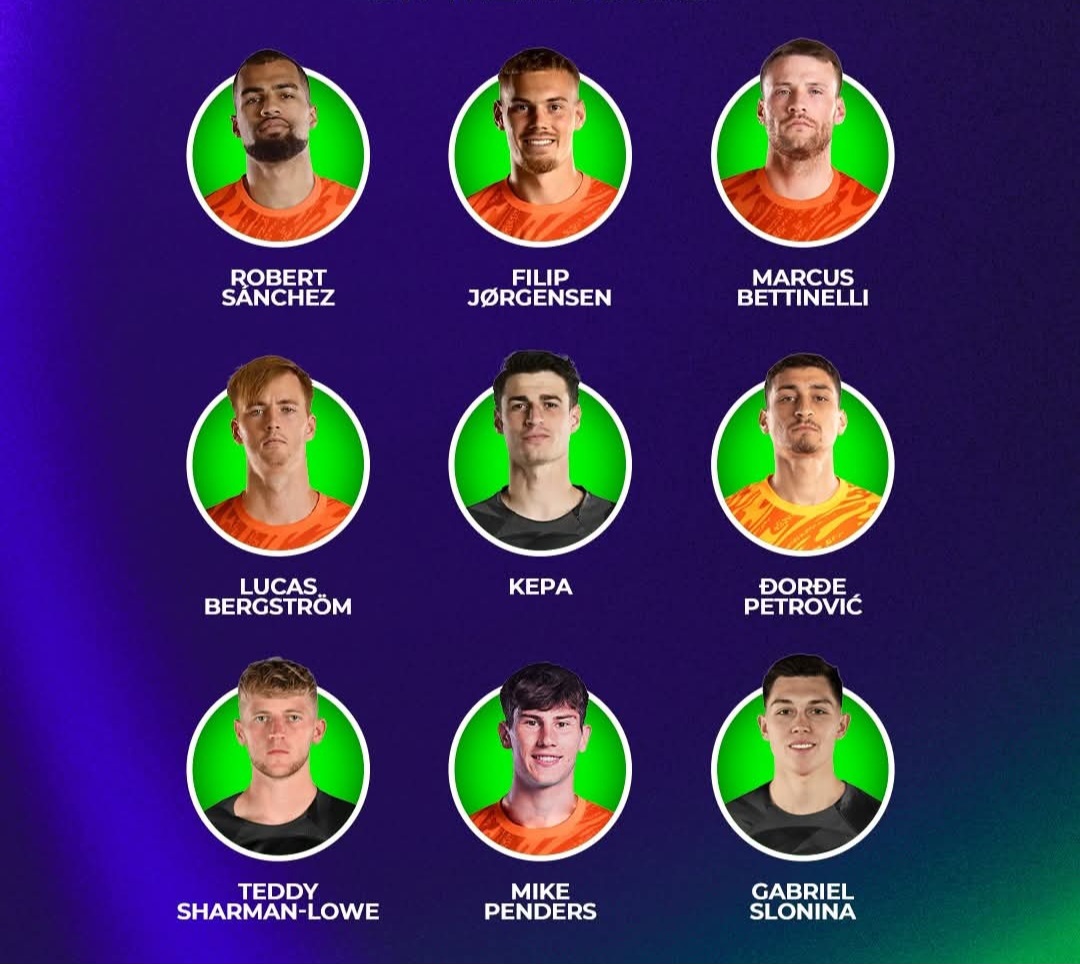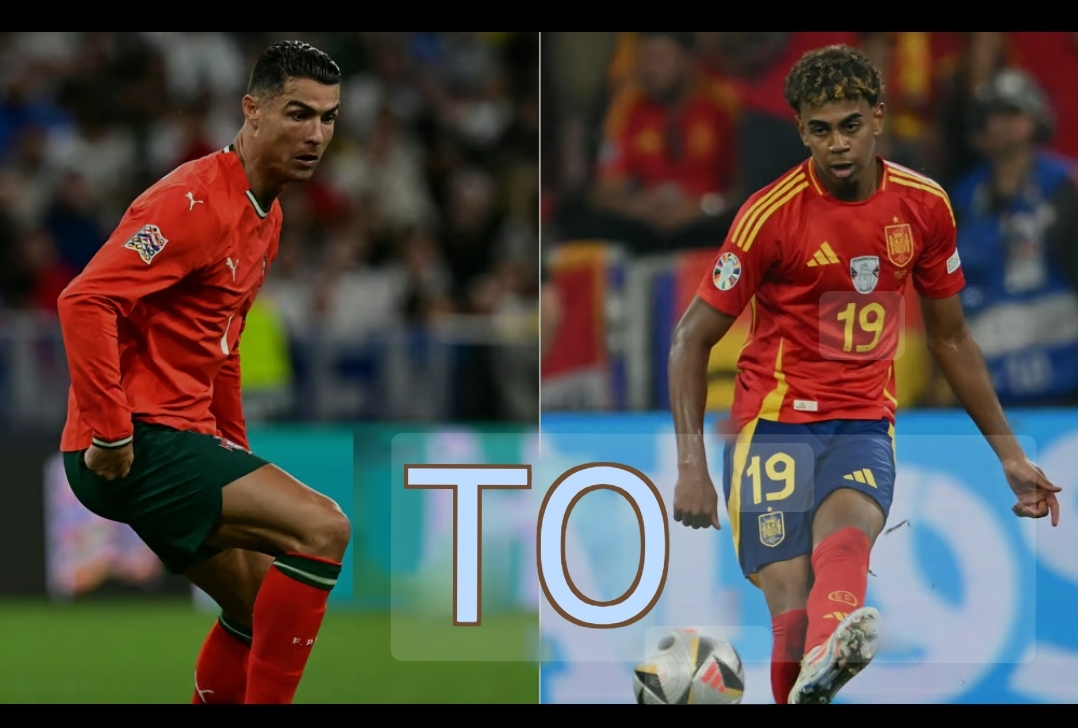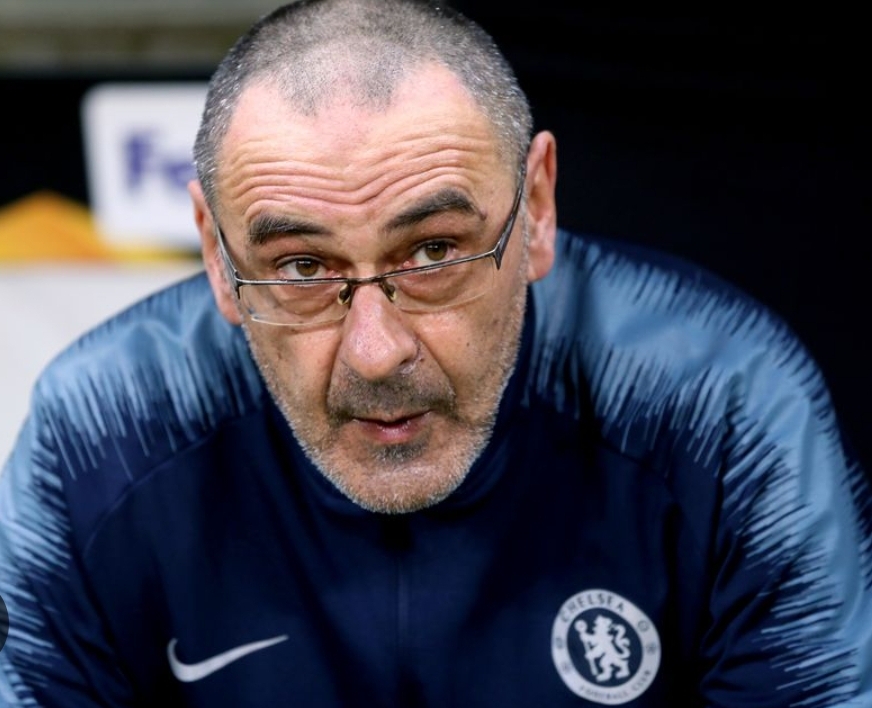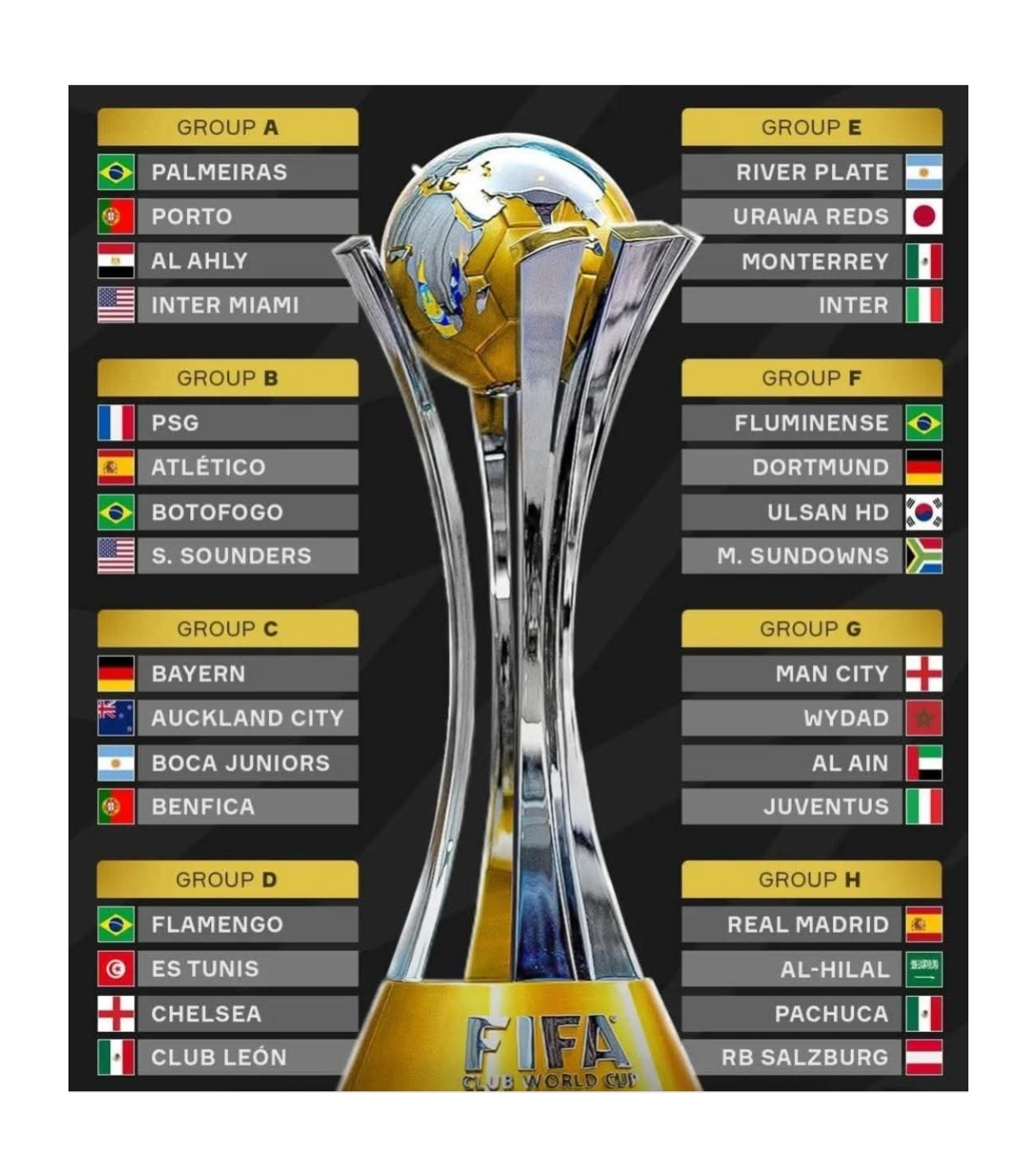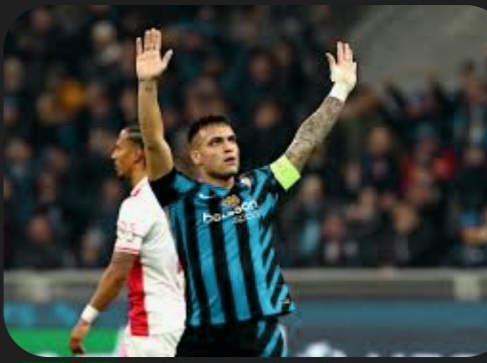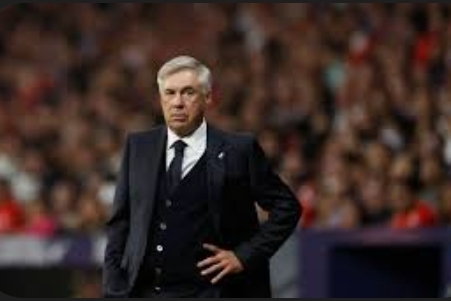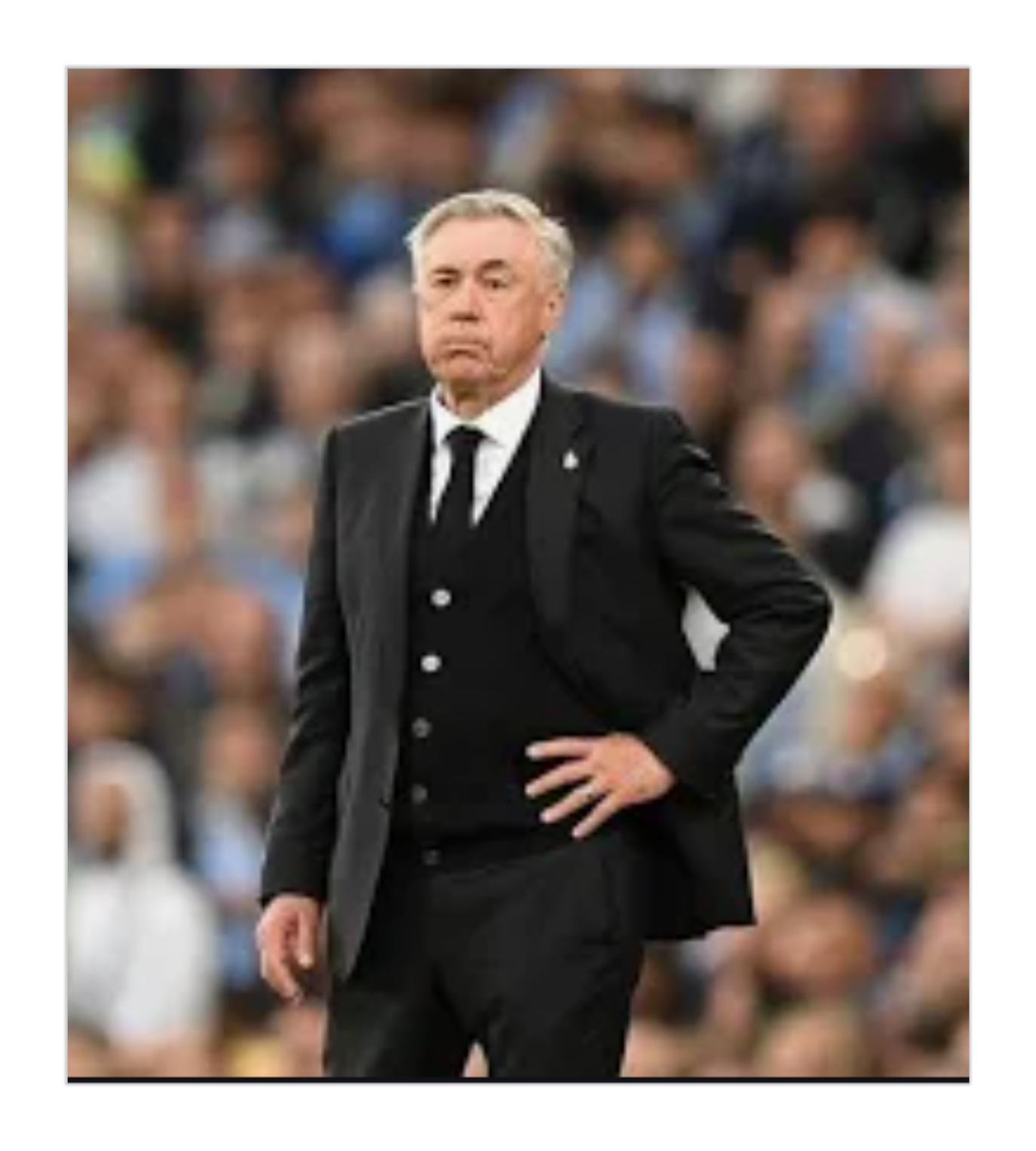
Erik ten Hag’s tenure as Ajax head coach.
Erik ten Hag’s tenure as Ajax head coach (2017–2022) is widely regarded as a major success. My assessment, based on his performance and the broader football consensus, would be highly positive. Here’s why:
Strengths as Ajax Coach:
▪︎Tactical Intelligence:
Ten Hag blended Dutch total football traditions with modern pressing and positional play. His Ajax side was flexible, intense, and very organized—especially in European matches.
▪︎2018–19 Champions League Run:
This is arguably his standout achievement. Under his leadership, Ajax reached the semi-finals, defeating Real Madrid and Juventus with fearless, attacking football. It was a defining moment for modern Ajax.
▪︎Player Development:
He nurtured young talents like Frenkie de Jong, Matthijs de Ligt, Donny van de Beek, and Hakim Ziyech, turning them into world-class players. His ability to develop youth while maintaining team performance was exceptional.
▪︎Domestic Dominance:
He led Ajax to multiple Eredivisie titles and KNVB Cups, reasserting their dominance in Dutch football.
▪︎Professionalism & Calm Leadership:
Ten Hag was known for being calm, clear in communication, and demanding high standards—a solid combination for working with both youth and experienced players.
Limitations:
▪︎Occasionally criticized for being too rigid in game management.
▪︎Ajax sometimes struggled against defensive low-block teams domestically when the pace of their game slowed.
Verdict:Ten Hag transformed Ajax into a European force again. His success there is why he was hired by Manchester United in 2022. At Ajax, he was not just a coach—he was a system builder and modernizer.
Erik ten Hag’s time at Manchester United
Erik ten Hag’s time as Manchester United manager (starting in 2022) has been mixed and often polarizing—marked by both notable highs and worrying lows.
Positives:
Initial Impact (2022–23):
▪︎He brought immediate discipline and structure after a chaotic 2021–22 season.
▪︎United finished 3rd in the Premier League, won the Carabao Cup, and reached the FA Cup Final.
▪︎Restored some tactical identity—structured pressing, controlled buildup, and midfield dominance with players like Casemiro and Bruno Fernandes.
Cultural Reset:
▪︎Ten Hag laid down strong disciplinary rules (e.g., dropping Ronaldo, managing Sancho), aiming to rebuild dressing room standards.
▪︎Encouraged younger talent (Alejandro Garnacho, Kobbie Mainoo) and attempted to blend youth with experienced players.
Tactical Ambition:
▪︎His vision included a pressing, possession-based system with a high defensive line—reminiscent of Ajax—but adapting it to Premier League intensity proved difficult.
Negatives:
2023–24 Season Struggles:
▪︎Inconsistent performances, injuries, and questionable tactics plagued the campaign.
▪︎Early Champions League exit, poor Premier League form, and lack of visible progress.
▪︎Overreliance on underperforming or injury-prone players (e.g., Antony, Martial, Casemiro).
▪︎His rigid loyalty to certain signings raised concerns over squad management.
Tactical Evolution: Analyzing Erik Ten Hag’s Impact on Team Dynamics
Erik ten Hag has emerged as one of the most influential figures in modern football coaching, renowned for his tactical acumen and ability to transform team dynamics. His journey through the ranks of football management has been marked by a commitment to innovation and a deep understanding of the game’s intricacies. As we delve into the tactical evolution under his guidance, it becomes evident that Ten Hag’s impact extends beyond mere formations and strategies; it encompasses a holistic approach to team development and performance enhancement.
At the core of Ten Hag’s philosophy is a commitment to possession-based football, a style that emphasizes control, fluidity, and adaptability. This approach is not merely about maintaining possession for its own sake but rather using it as a tool to dictate the tempo of the game and create opportunities. Under Ten Hag, teams are encouraged to build from the back, utilizing short, precise passes to transition smoothly from defense to attack. This method requires players to be technically proficient and tactically aware, fostering a culture of intelligence and creativity on the field.
Moreover, Ten Hag’s emphasis on positional play is a testament to his strategic foresight. By ensuring that players understand their roles within the broader system, he creates a cohesive unit capable of responding dynamically to the unfolding events of a match. This positional discipline allows for effective pressing, as players are well-positioned to regain possession quickly and launch counter-attacks. The ability to transition seamlessly between defensive and offensive phases is a hallmark of Ten Hag’s teams, reflecting his meticulous attention to detail and preparation.
In addition to his tactical innovations, Ten Hag is known for his ability to nurture young talent and integrate them into the first team. His tenure at Ajax, for instance, was characterized by the emergence of several young stars who thrived under his tutelage. By fostering an environment that values development and growth, Ten Hag ensures that his teams are not only competitive in the present but also sustainable in the long term. This focus on youth development is complemented by his willingness to adapt and evolve his tactics to suit the strengths of his players, rather than rigidly adhering to a single system.
Furthermore, Ten Hag’s impact on team dynamics extends to his leadership style, which is characterized by clear communication and a collaborative approach. He empowers his players by involving them in the decision-making process, fostering a sense of ownership and accountability. This inclusive atmosphere not only enhances team cohesion but also encourages players to express themselves on the pitch, leading to a more dynamic and unpredictable style of play.
In conclusion, Erik ten Hag’s influence as a football coach is profound and multifaceted. His tactical evolution is marked by a commitment to possession-based football, positional play, and youth development, all underpinned by a leadership style that values communication and collaboration. As he continues to shape the future of football, Ten Hag’s impact on team dynamics serves as a blueprint for modern coaching, demonstrating that success is achieved not only through strategic innovation but also through the cultivation of a positive and empowering team environment.
25.05.2025
Bayer Leverkusen reach agreement in principle to install Erik ten Hag as head coach.
Why Ten Hag could succeed at Leverkusen:
Tactical Philosophy Matches the Bundesliga:
▪︎The Bundesliga generally suits high-pressing, attack-minded coaches.
▪︎Ten Hag’s Ajax-style football—fluid movement, high lines, structured possession—fits the German tactical culture.
Proven Track Record Developing Youth:
▪︎Leverkusen, like Ajax, emphasizes developing and selling top young talent.
Less Pressure Than Manchester United:
▪︎At Leverkusen, the media pressure is lighter, and the project can be longer-term.
▪︎He could rebuild his reputation in a more structured, less chaotic environment.
System-Based Squad Building:
▪︎If given support in recruitment and a squad aligned to his tactics, he could build a dominant possession-based side.
Challenges He Might Face:
Succeeding Xabi Alonso Would Be Hard:
▪︎If Ten Hag were to follow Xabi Alonso, who built a fast, flexible, counterpressing machine, expectations would be sky-high.
▪︎Fans may not be patient if there’s a style shift or results dip early.
Adapting to Leverkusen’s Direct Style:
▪︎Ten Hag prefers control and slower buildup, while Leverkusen under Alonso thrived on transitional chaos and rapid switches.
▪︎A sudden tactical shift might clash with the current squad’s strengths.
Conclusion:
Yes, Erik ten Hag could thrive at Bayer Leverkusen—especially if:
▪︎He embraces Leverkusen’s sporting structure,
▪︎The club backs him with players suited to his system,
▪︎And he doesn’t try to replicate Ajax too literally.


